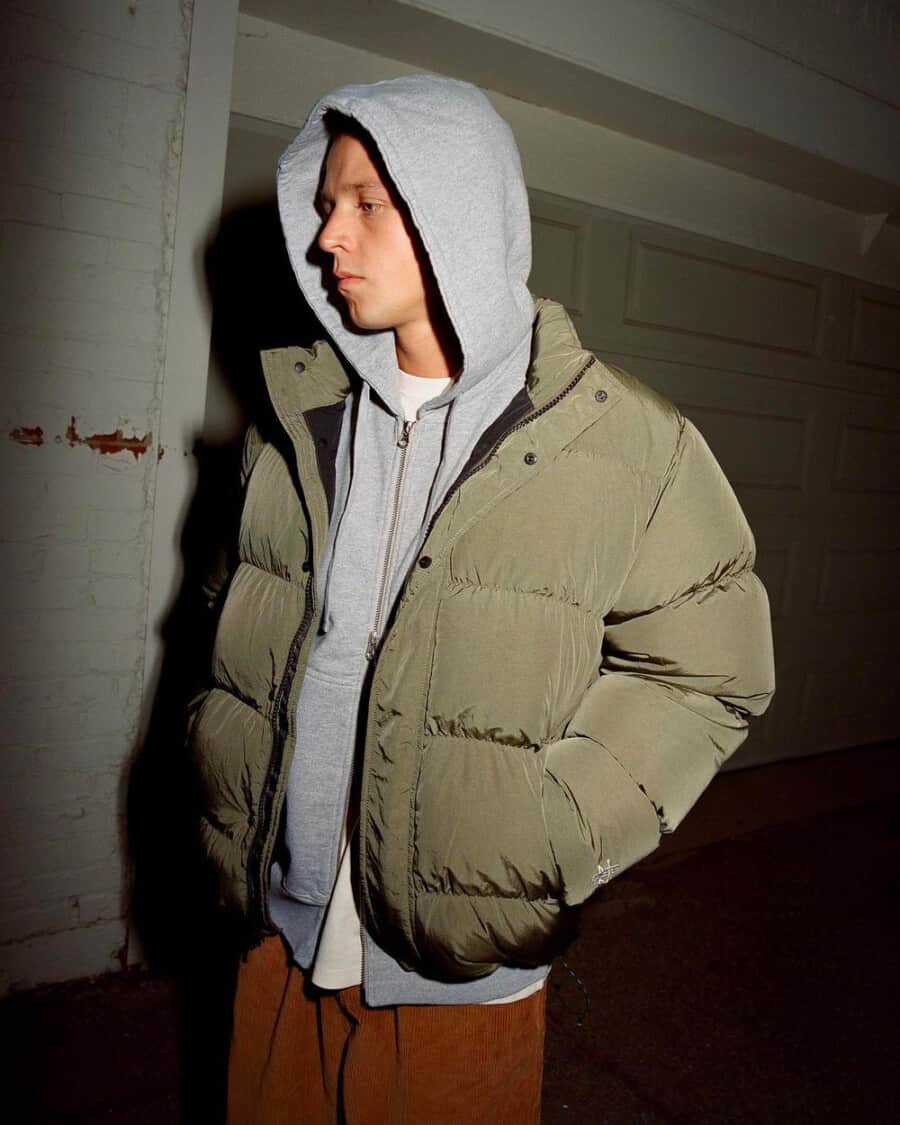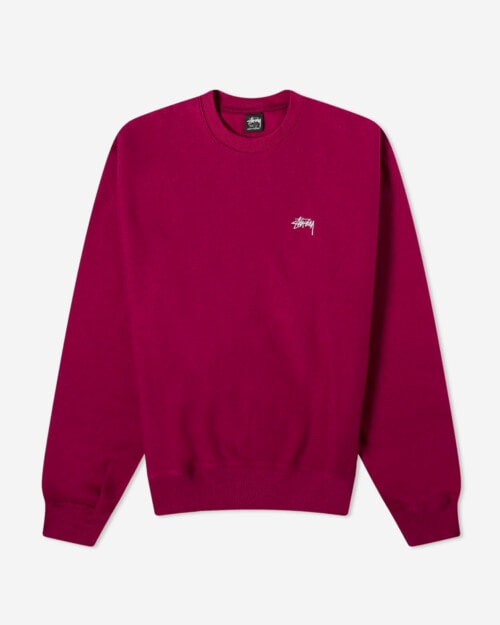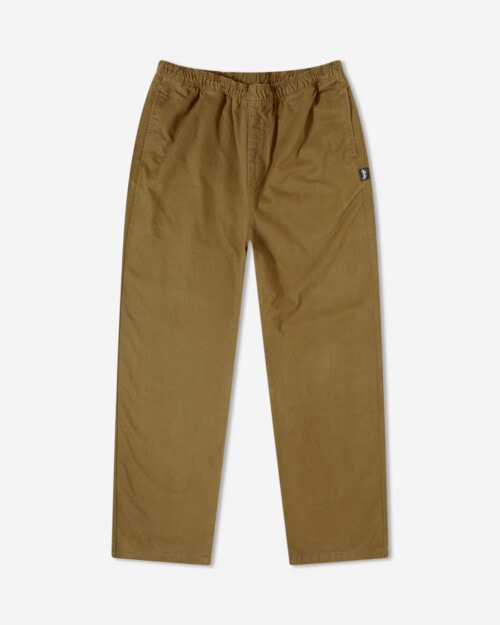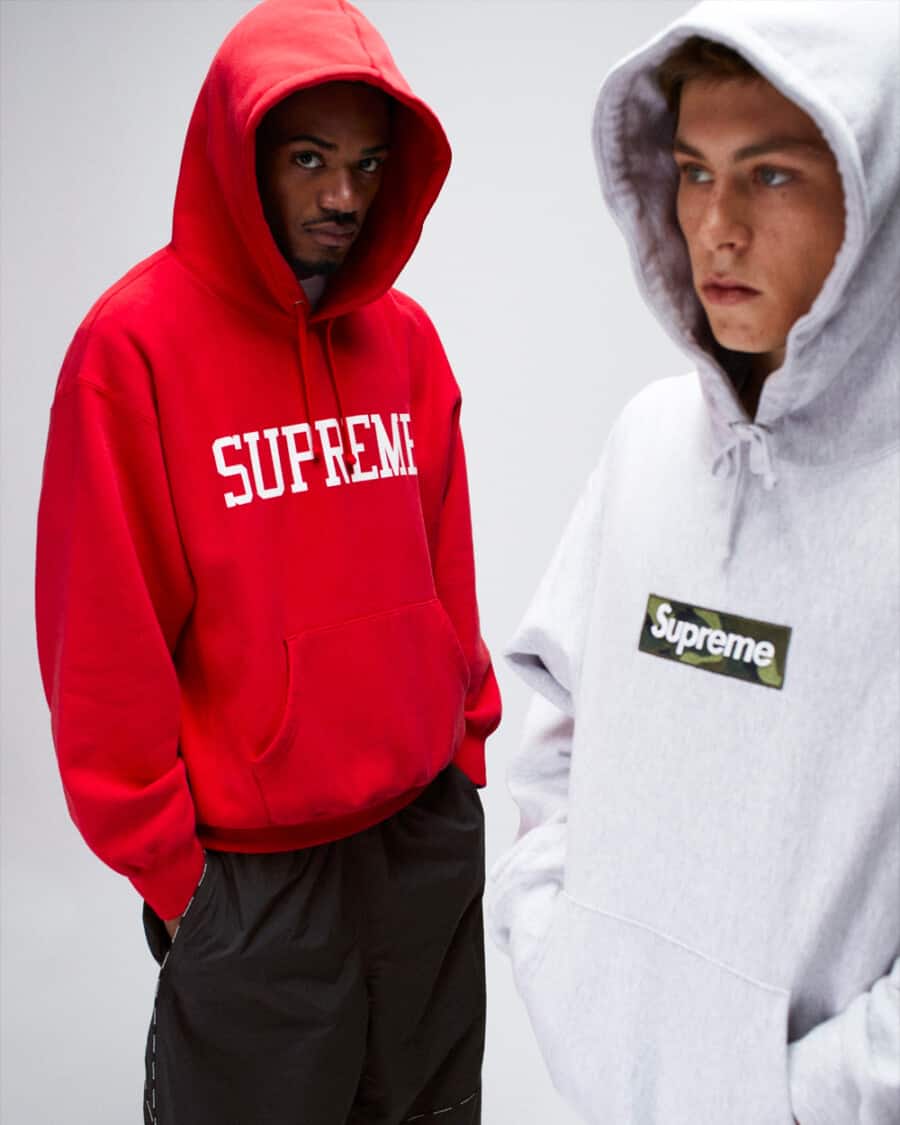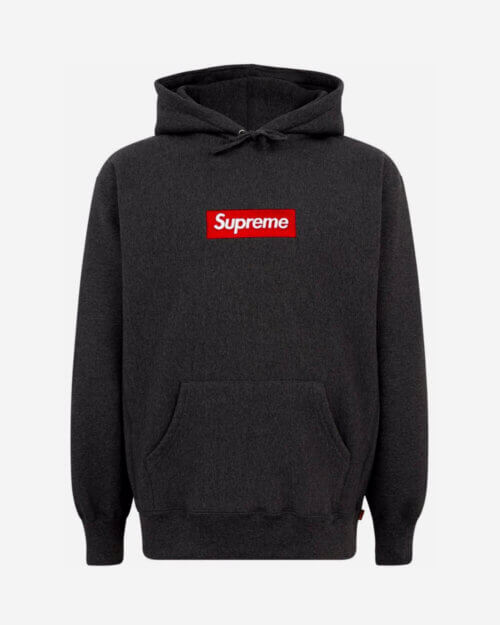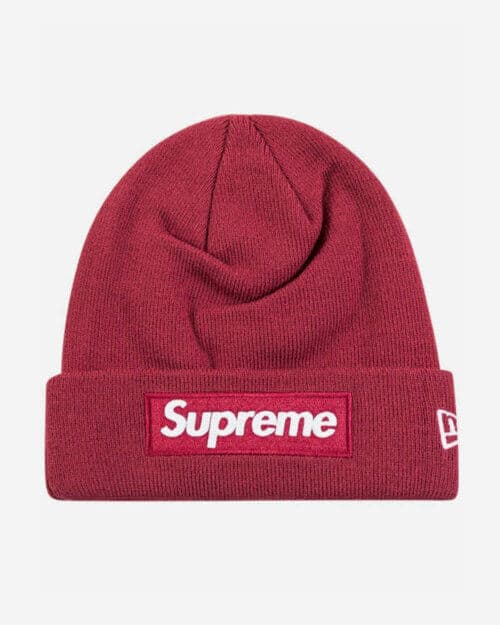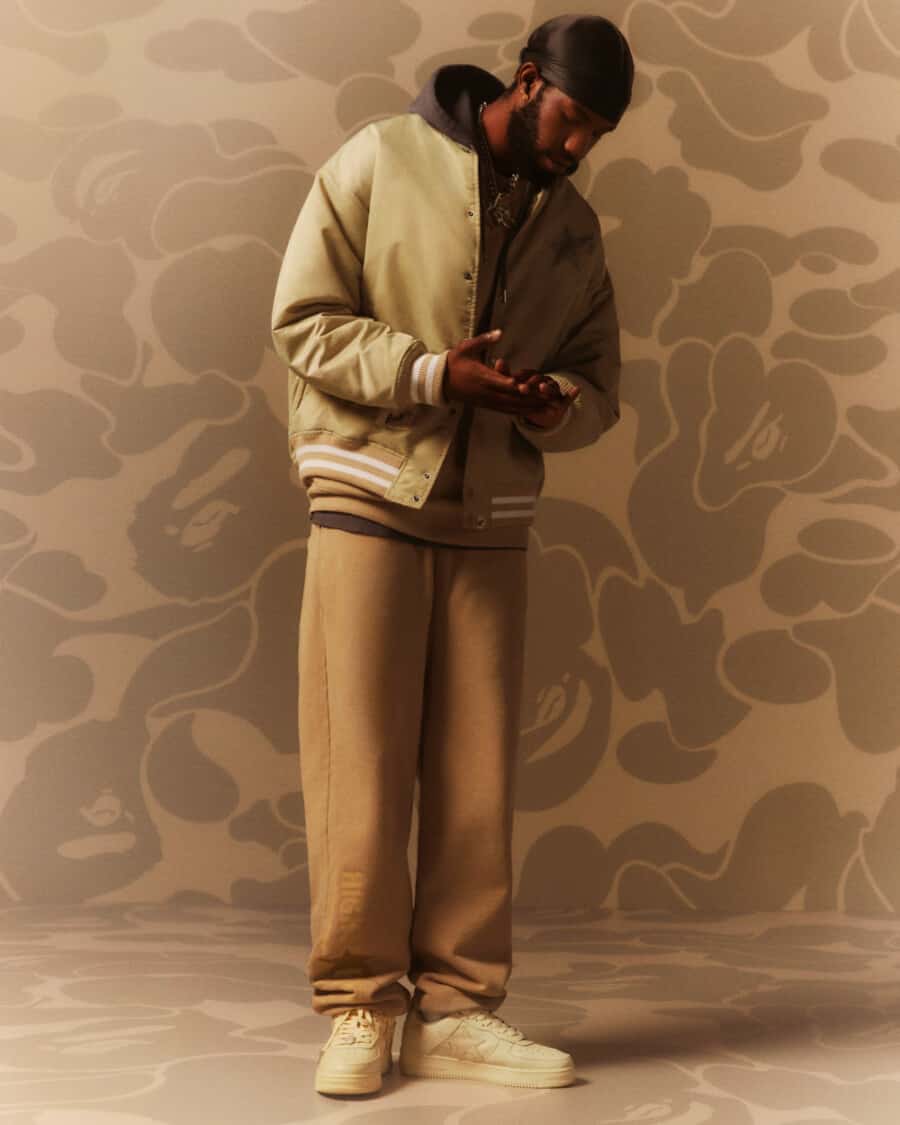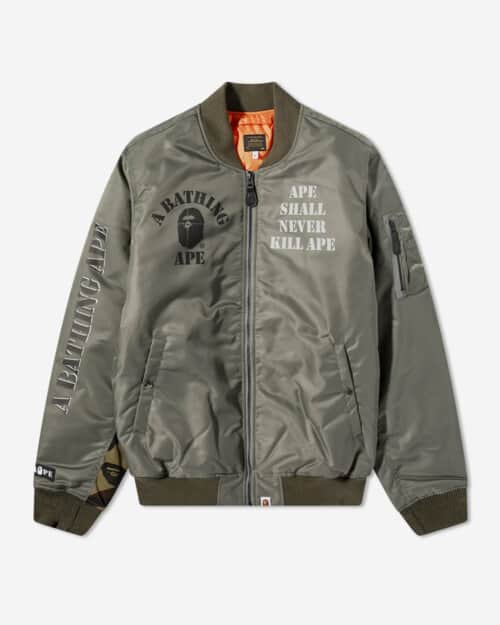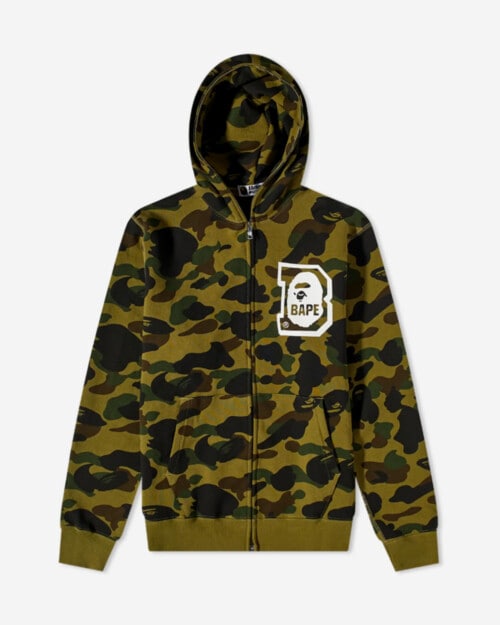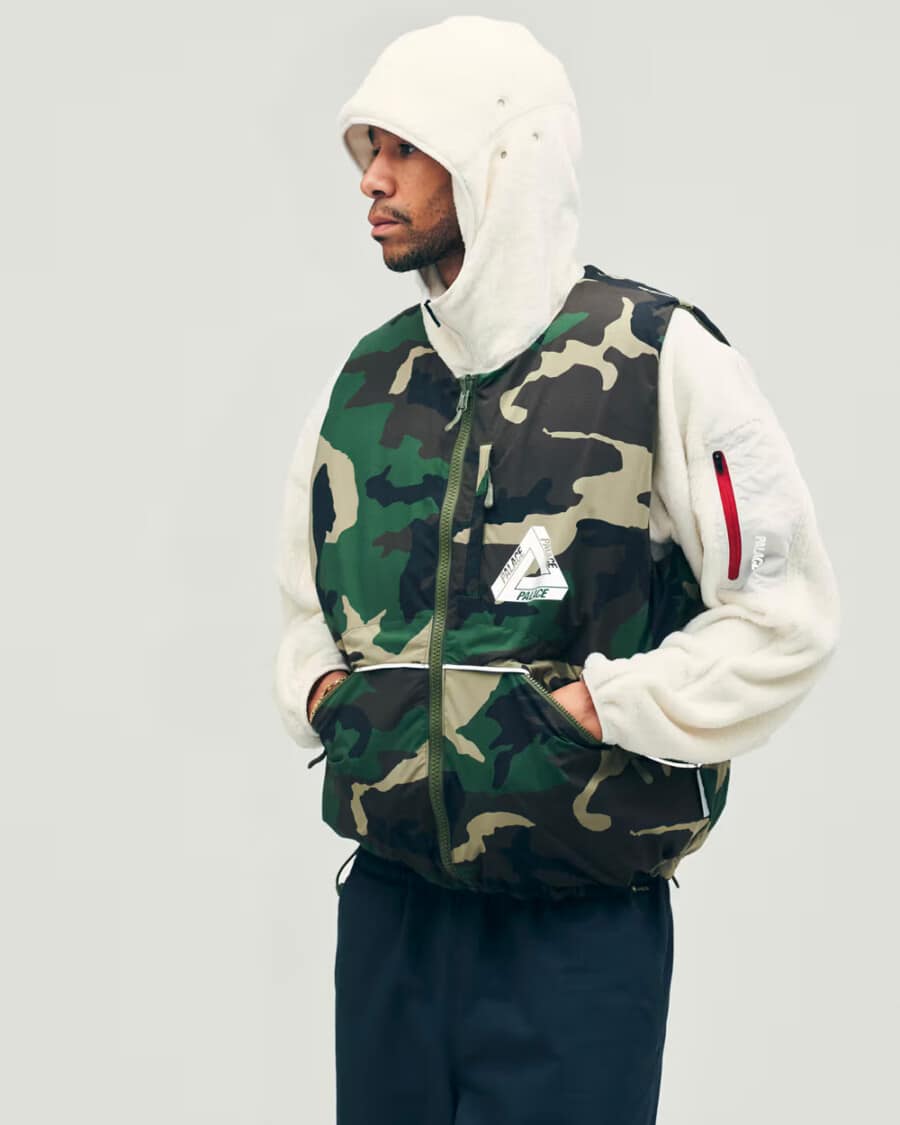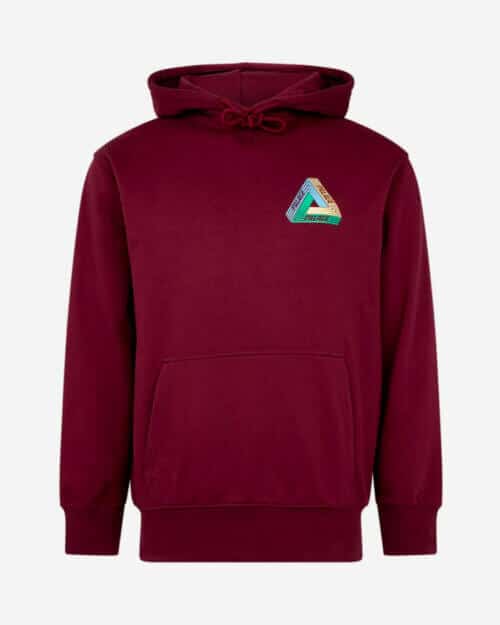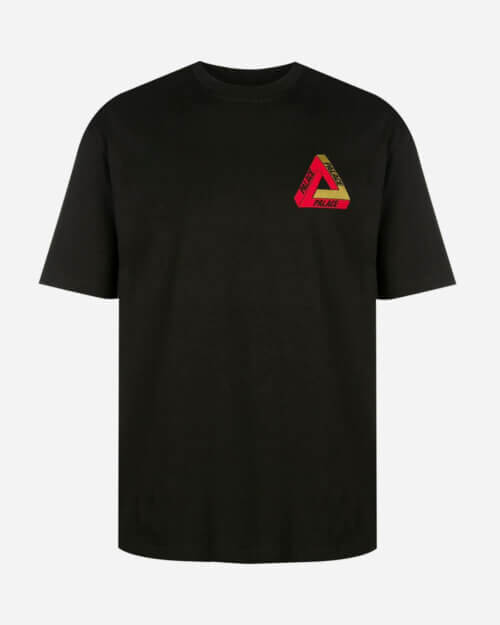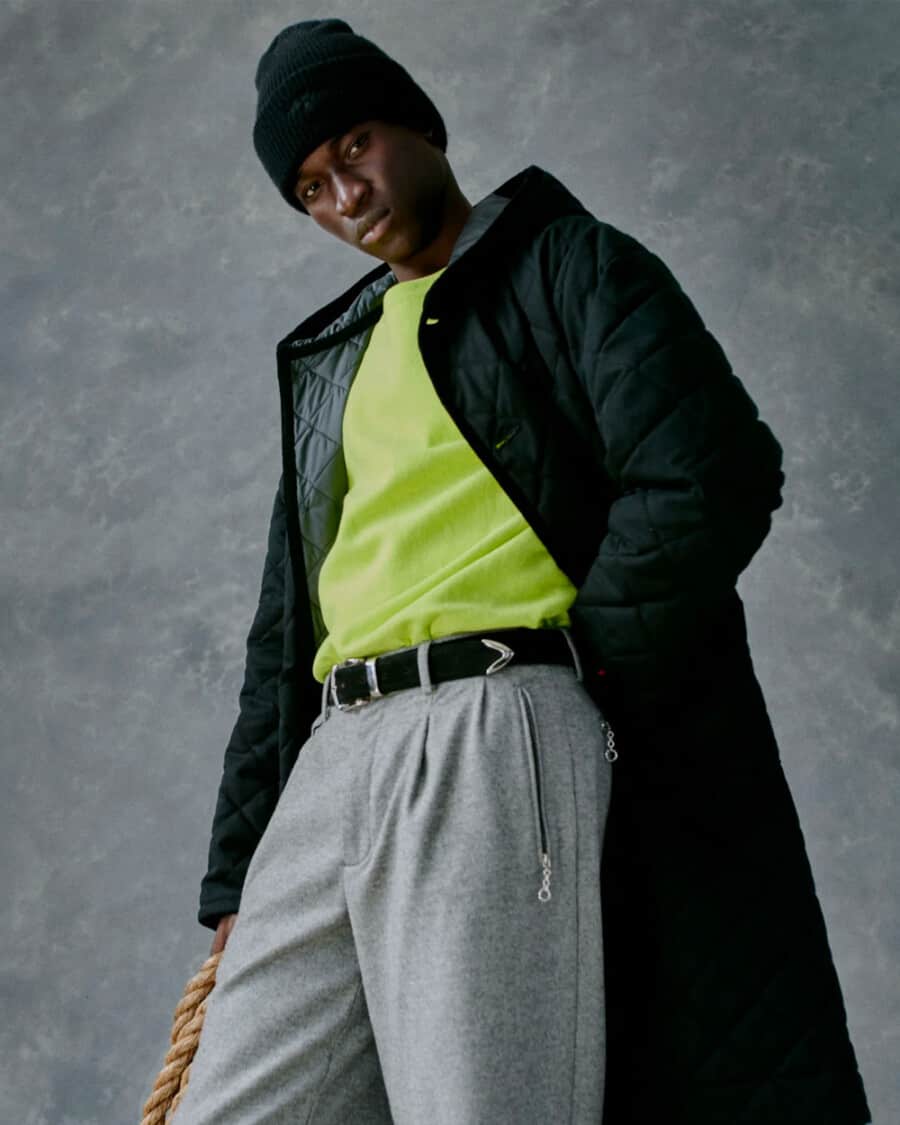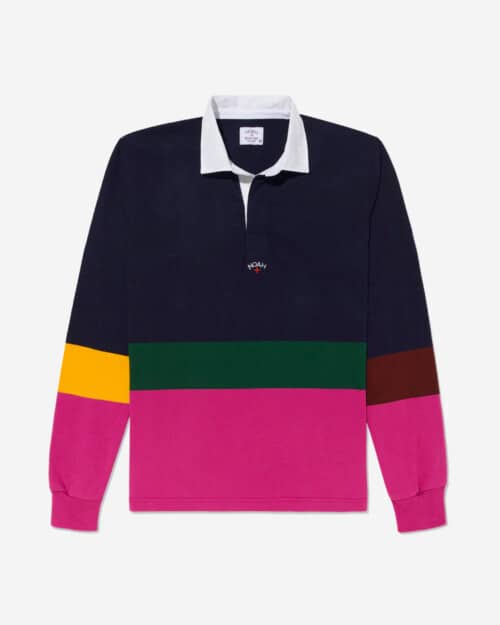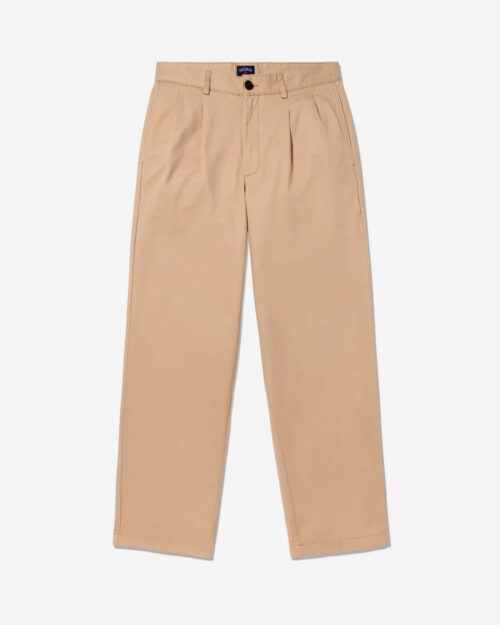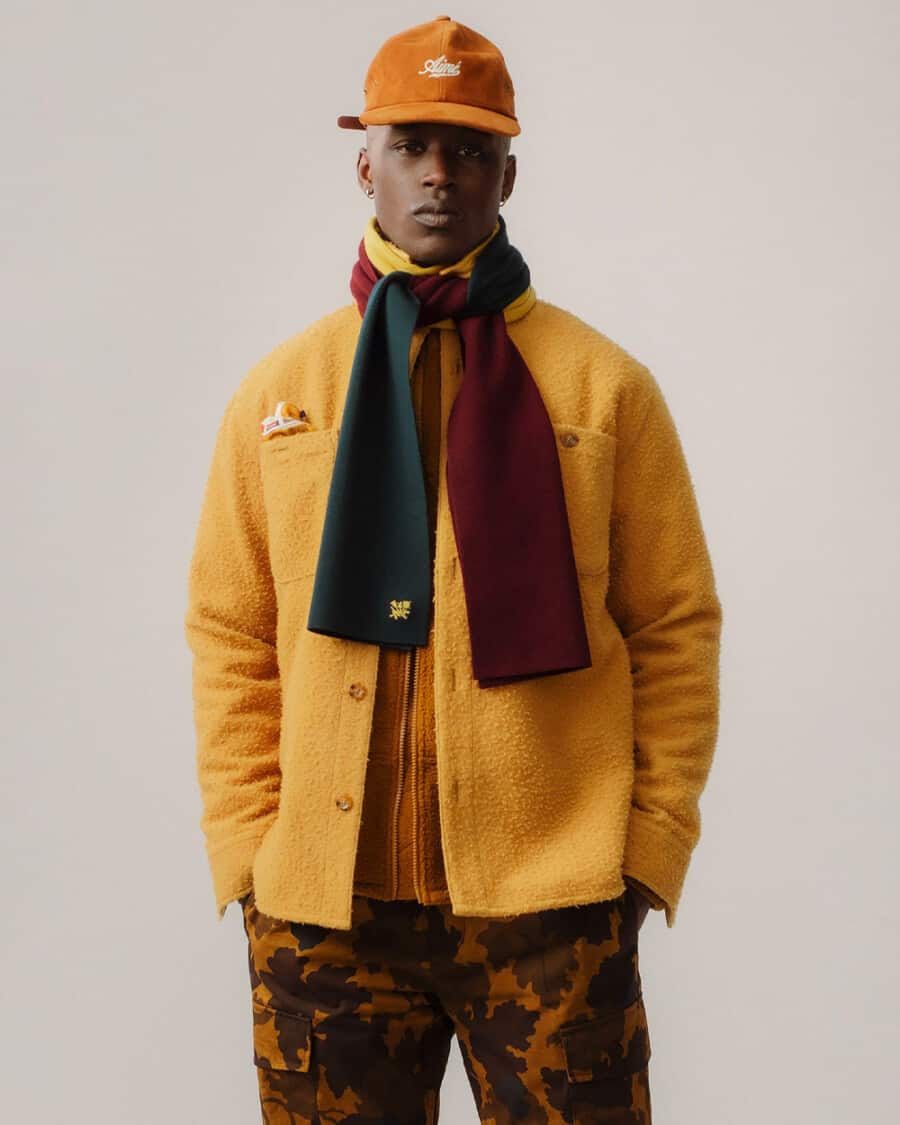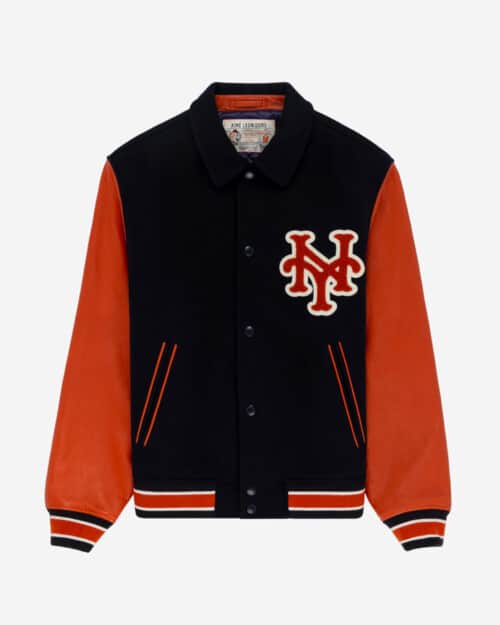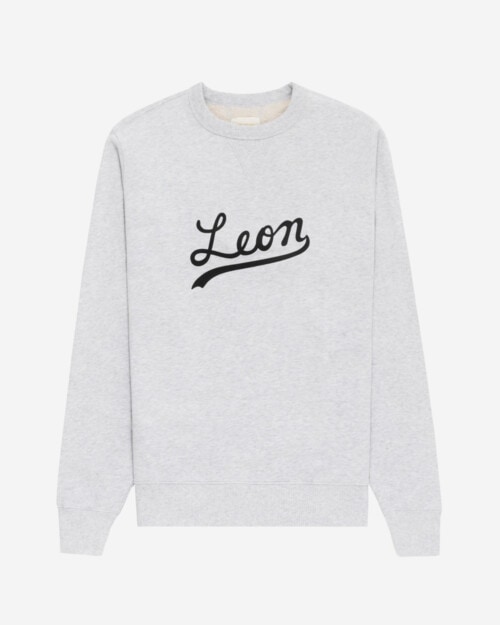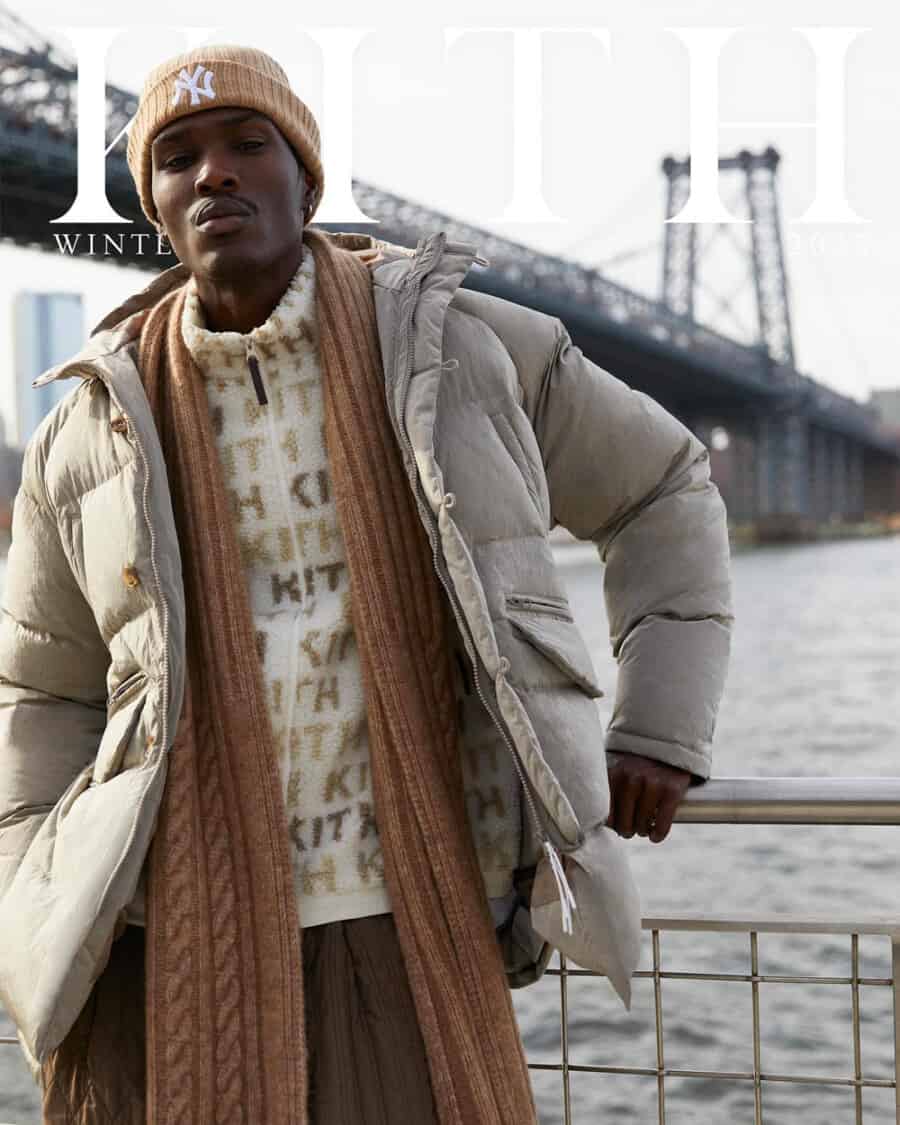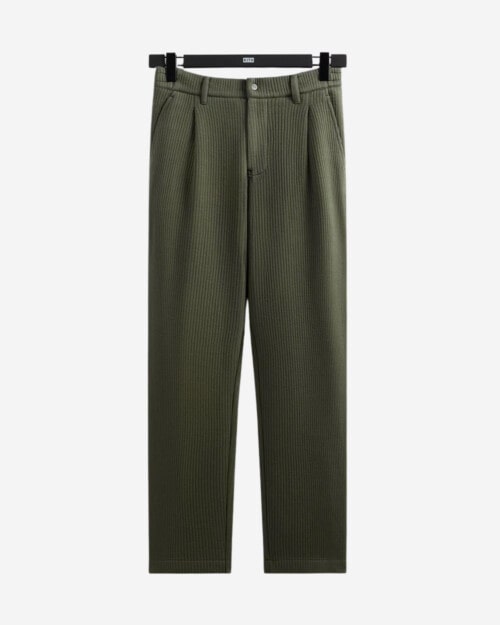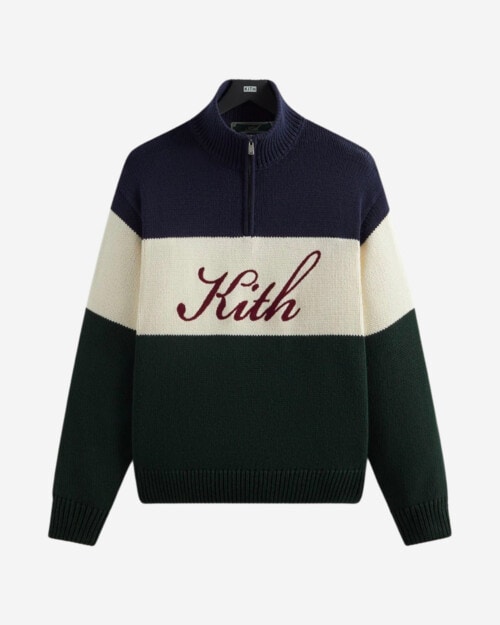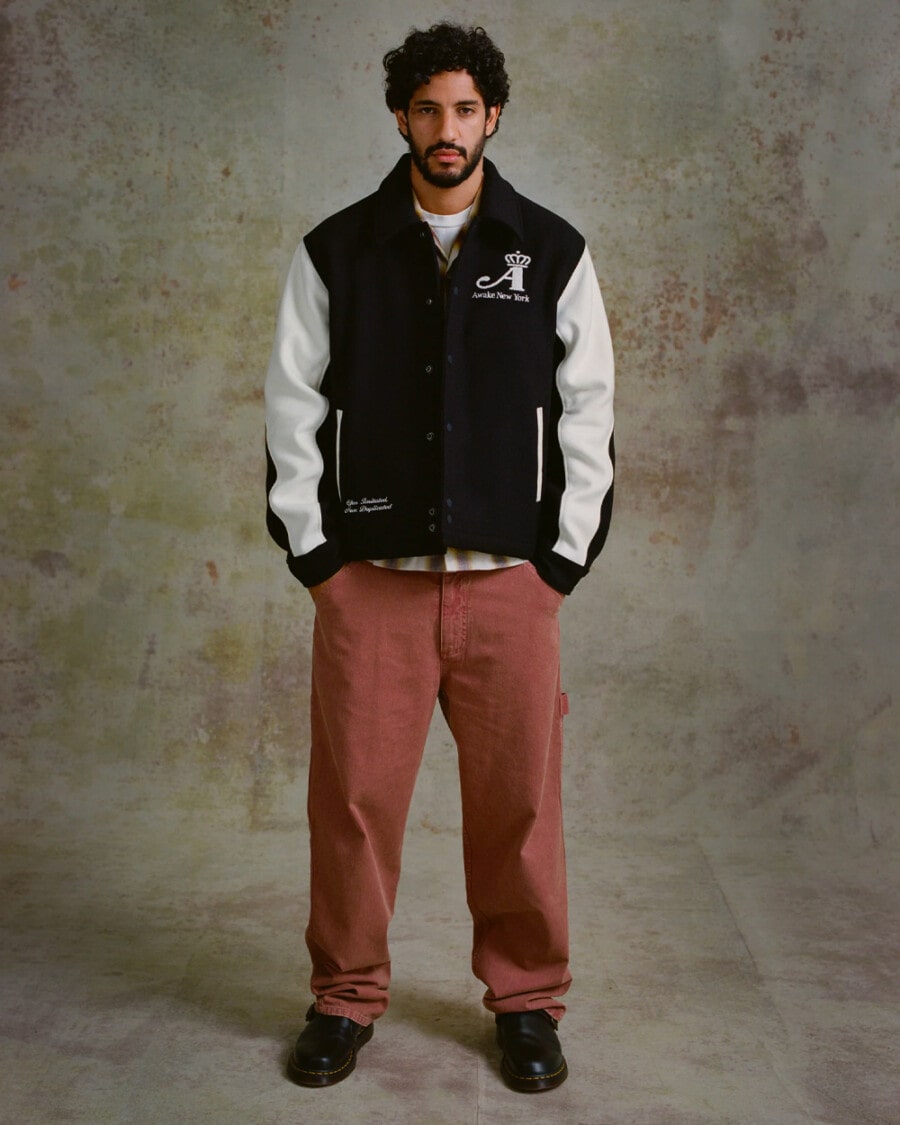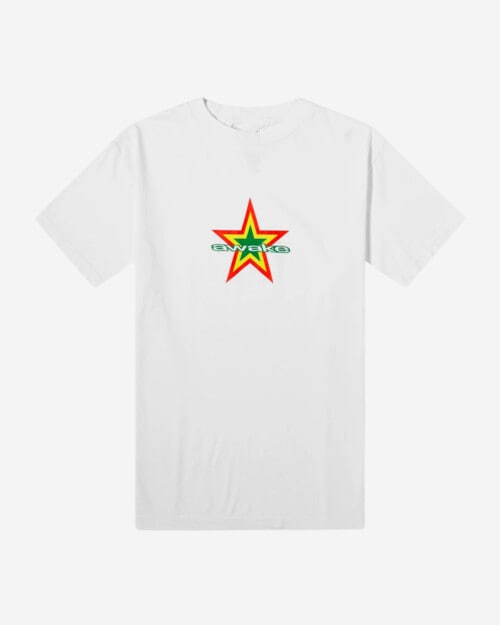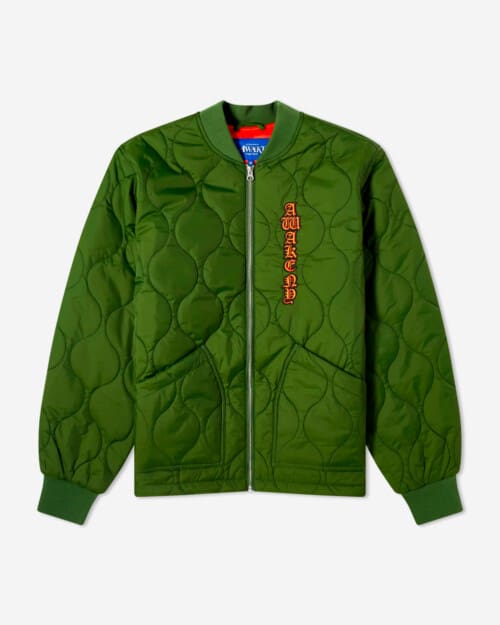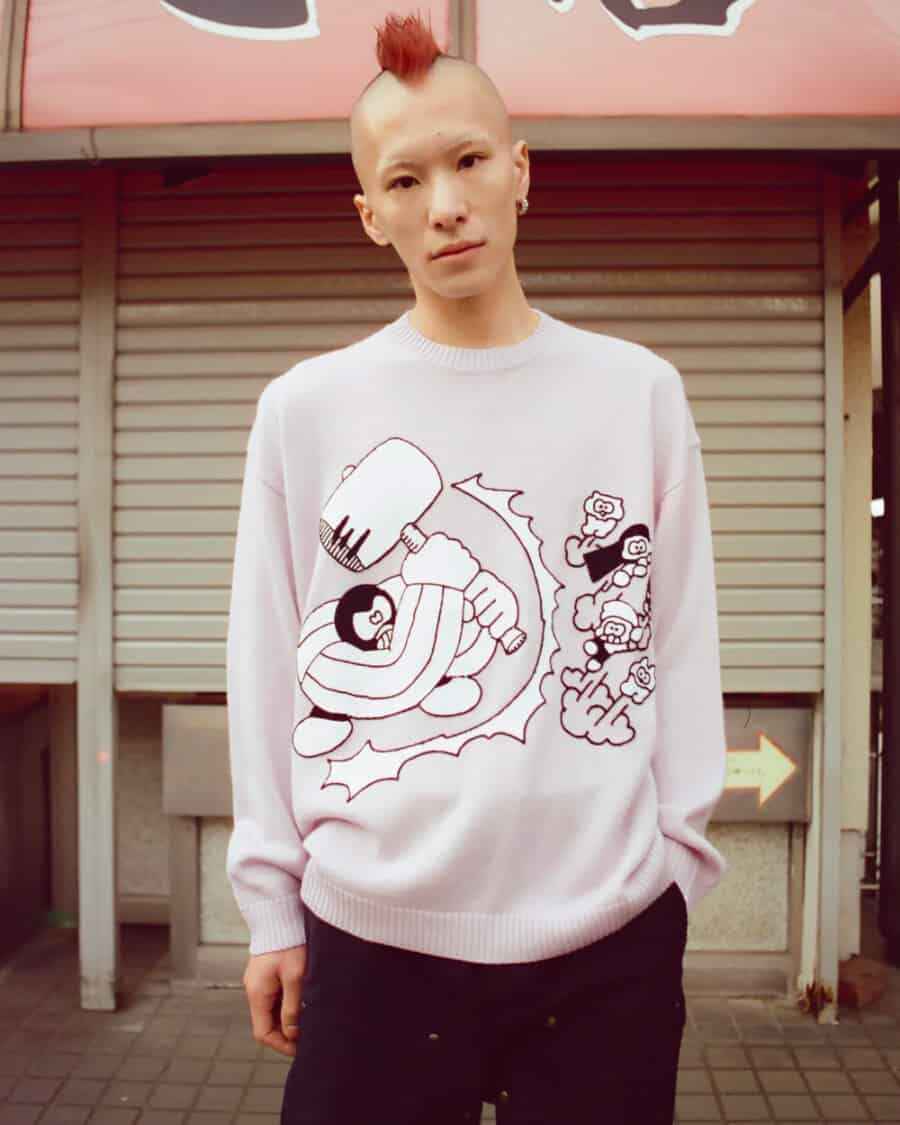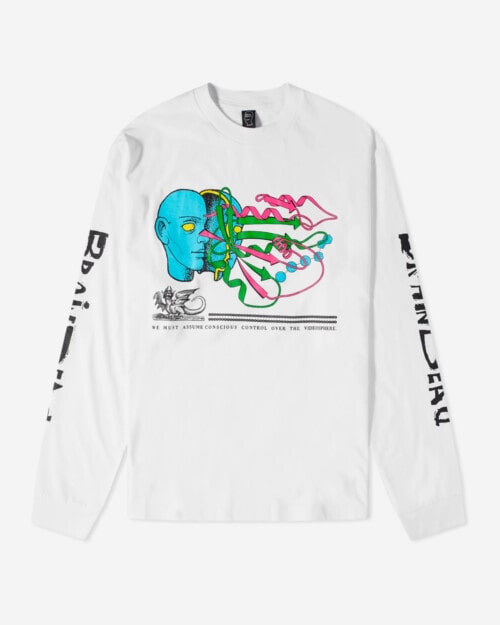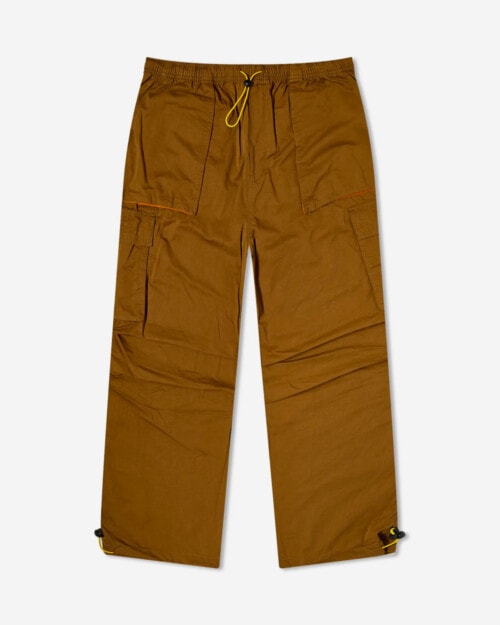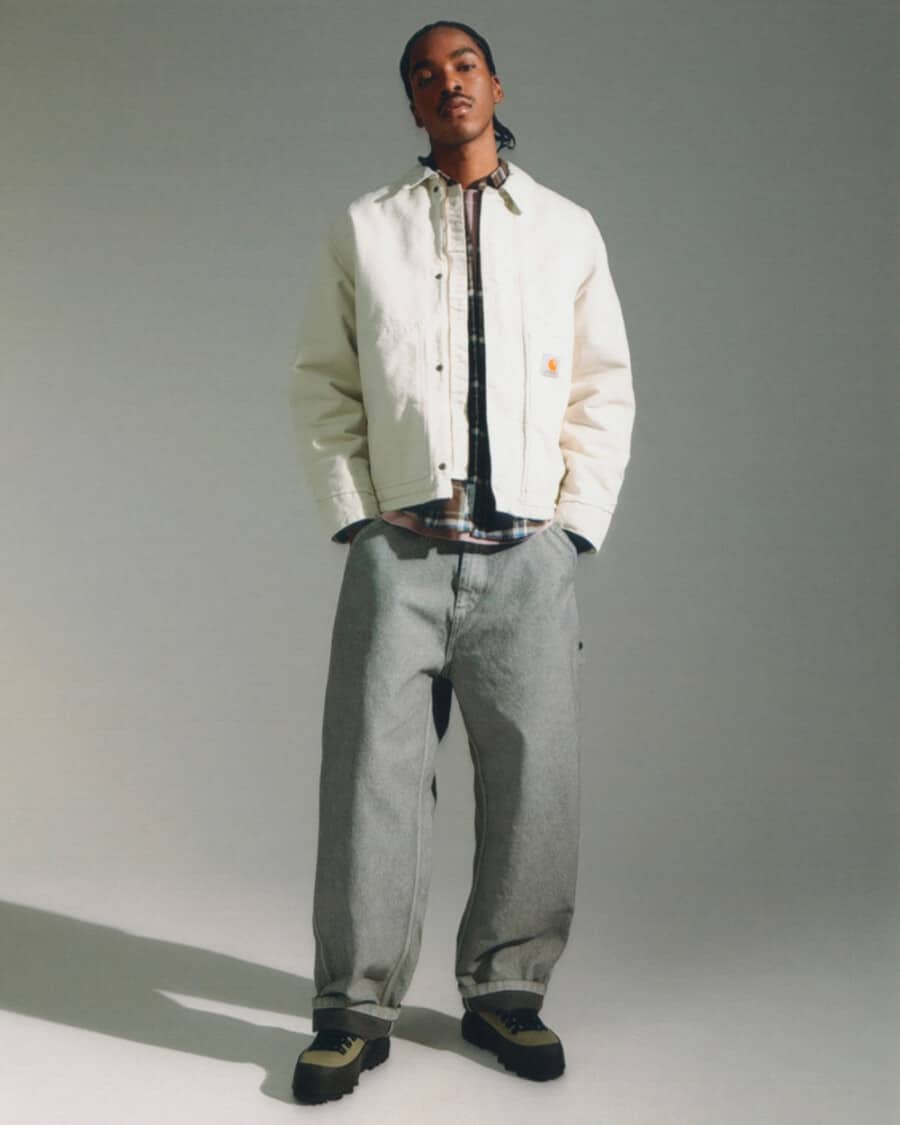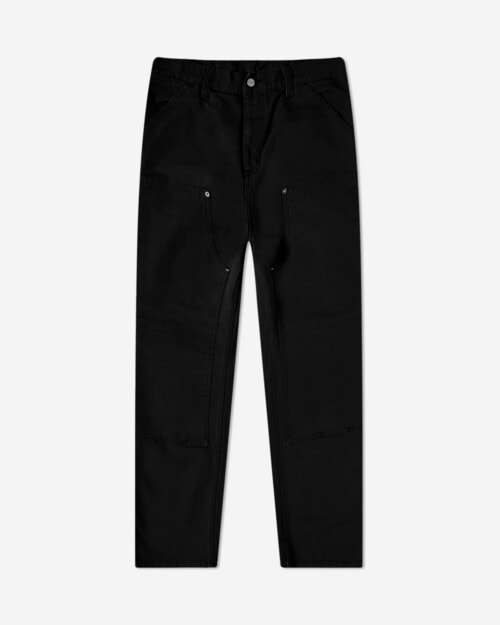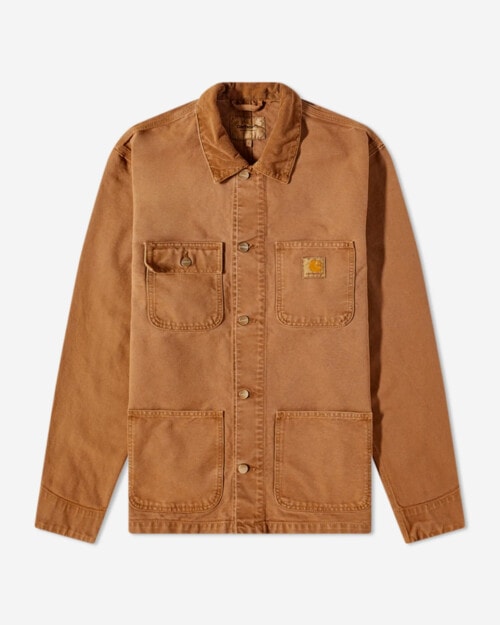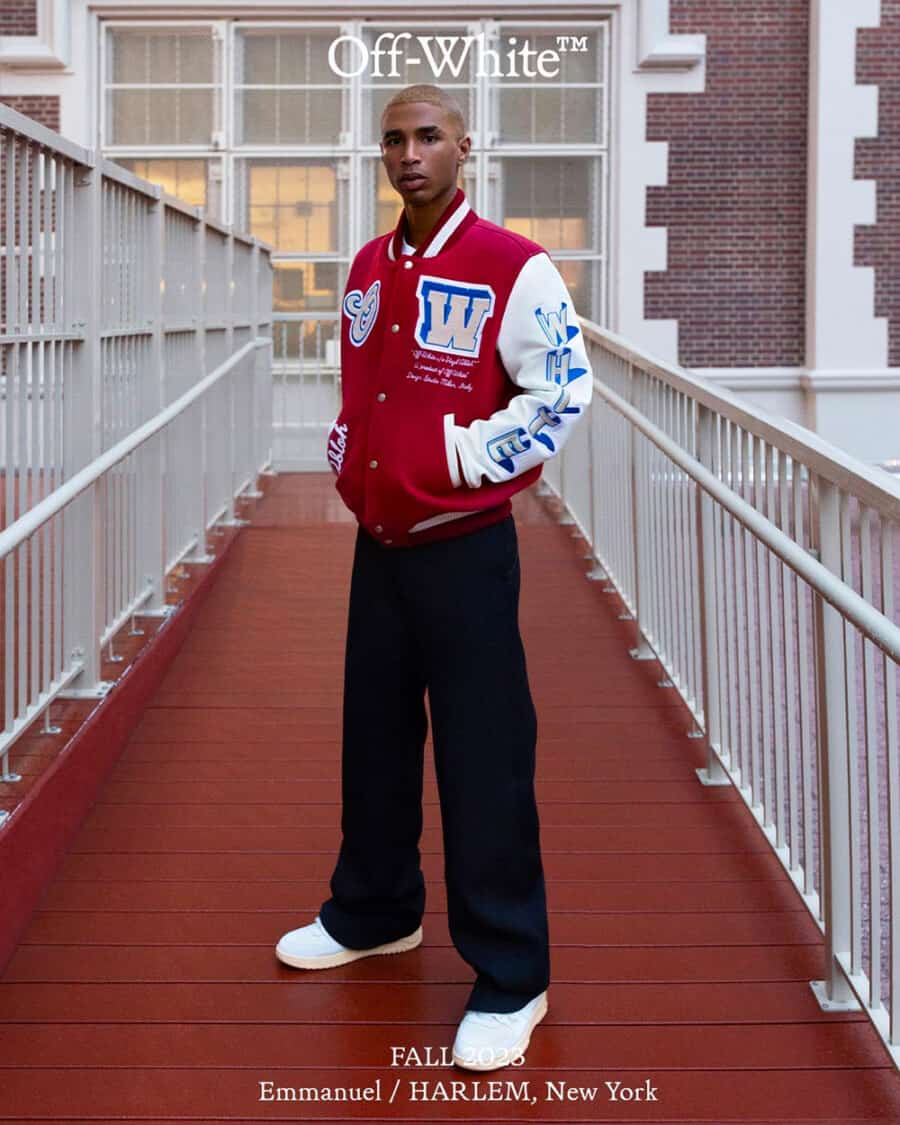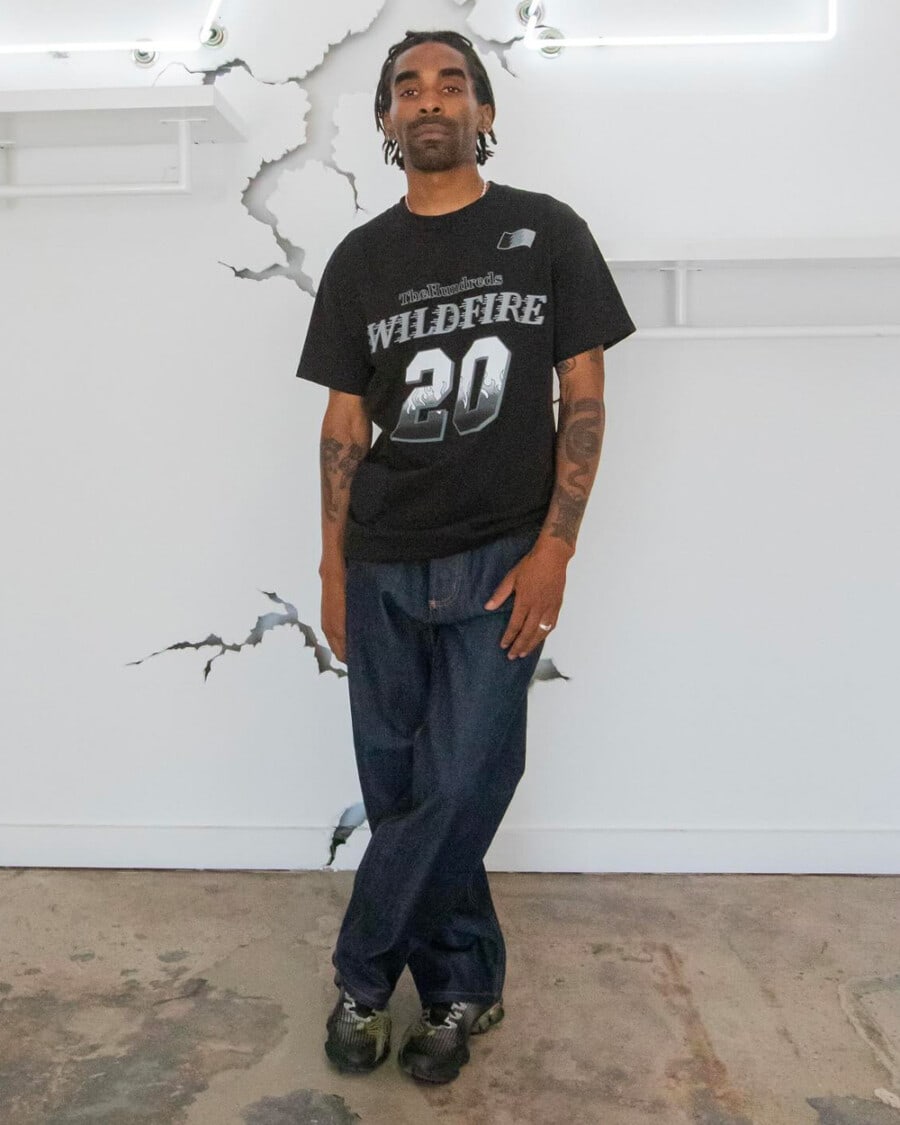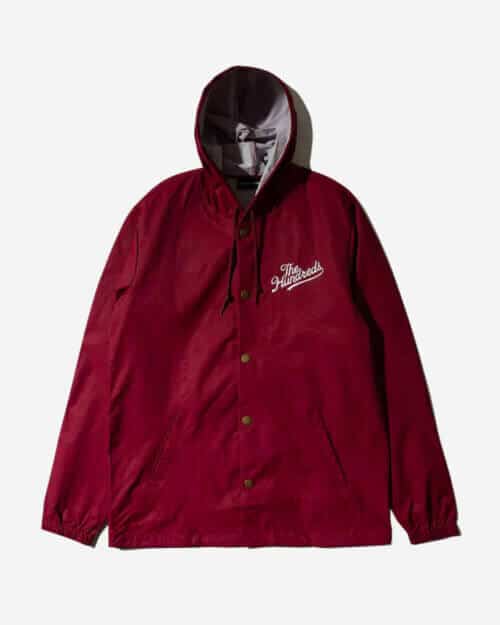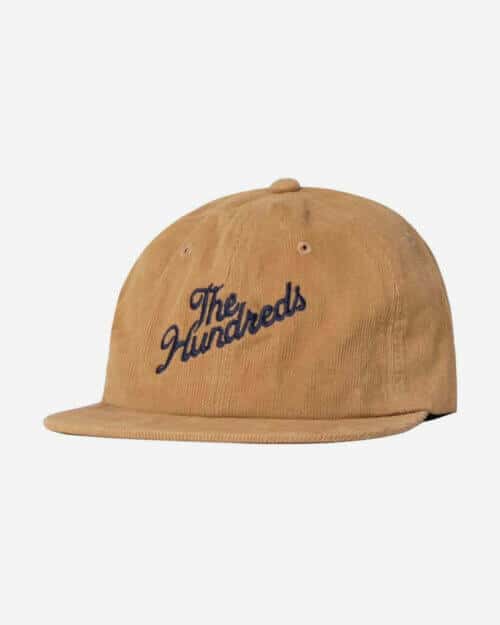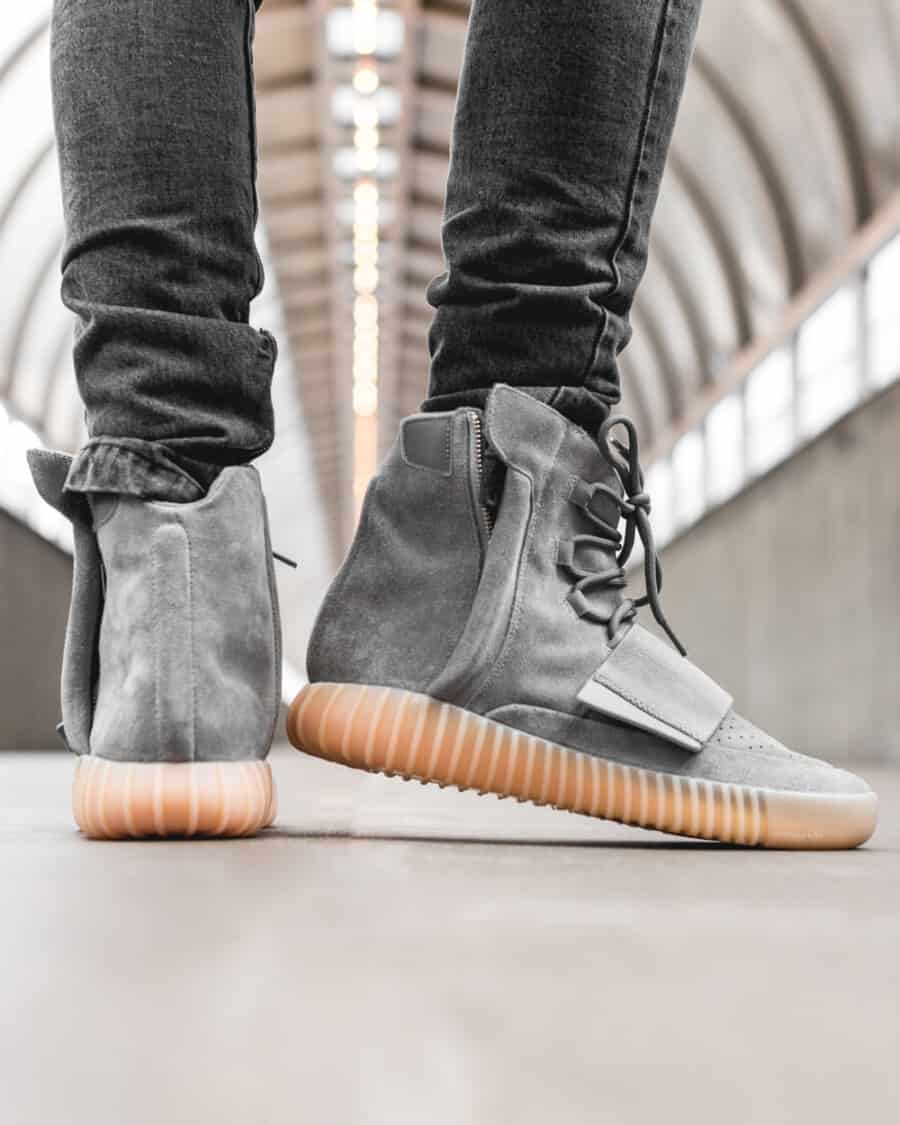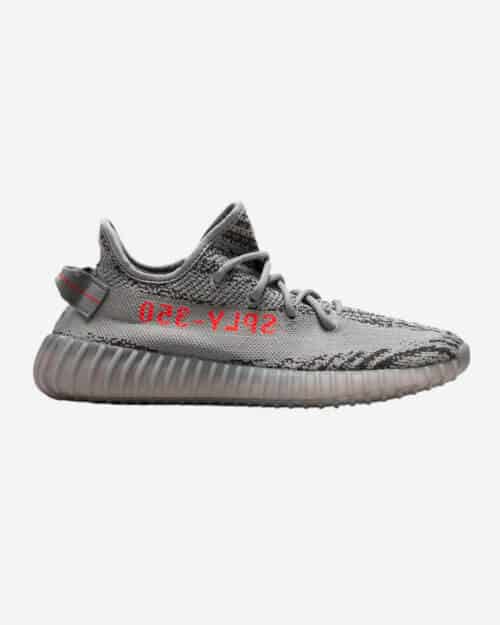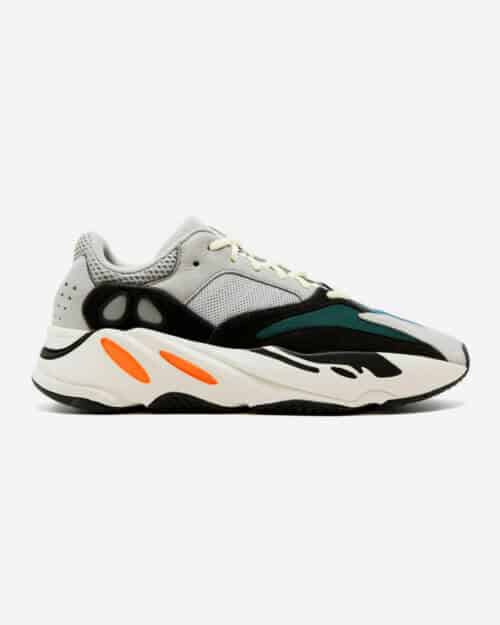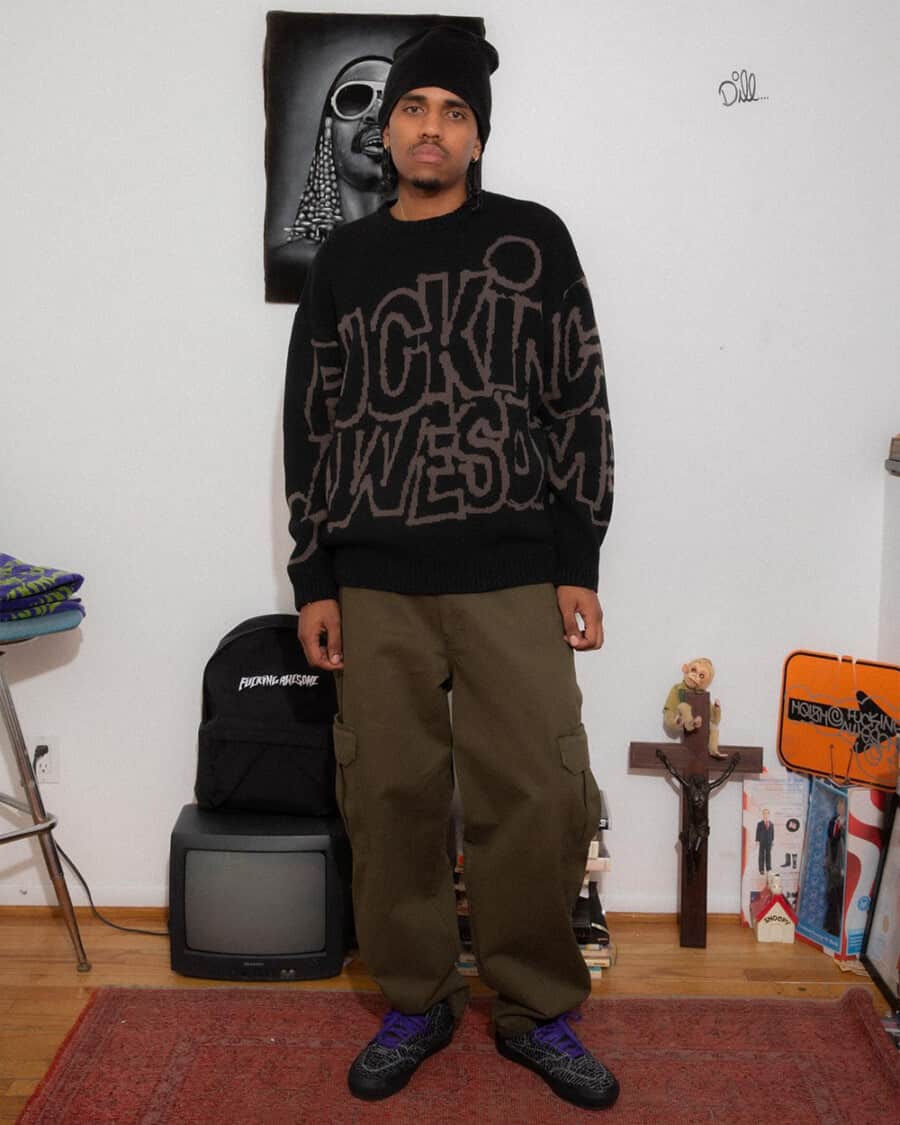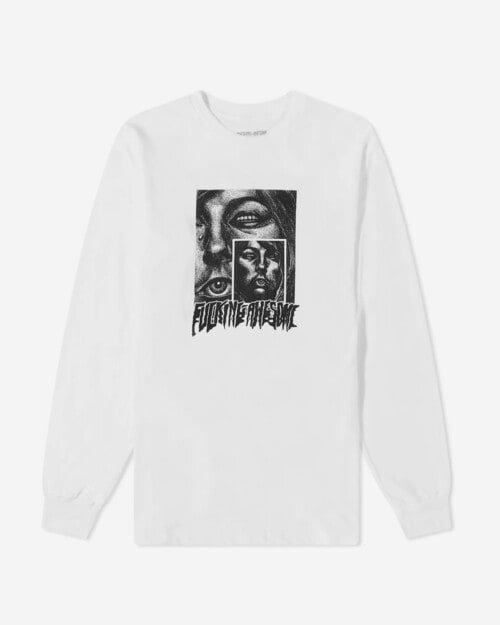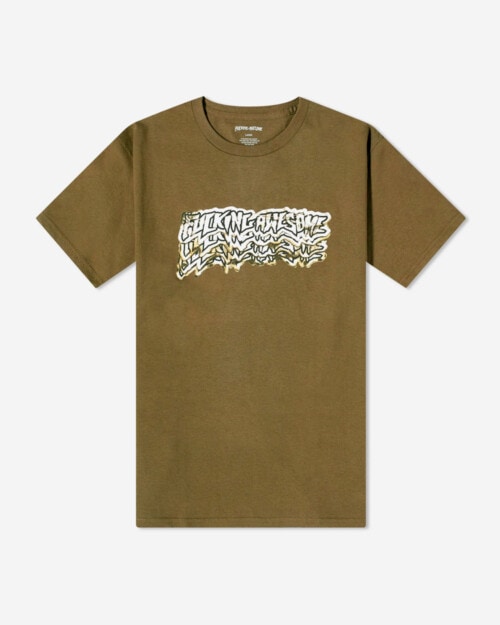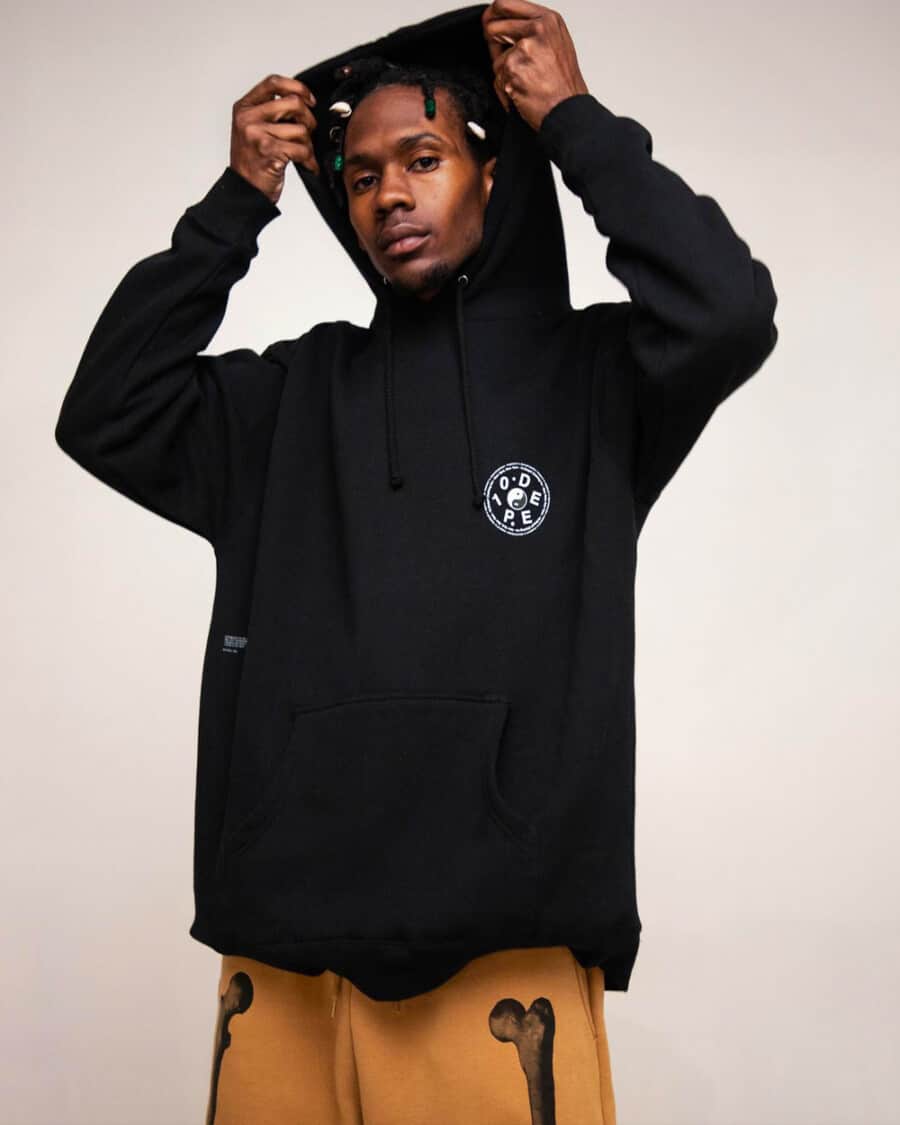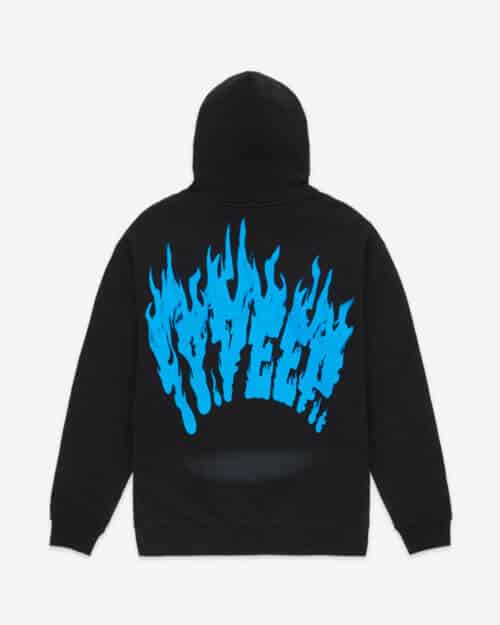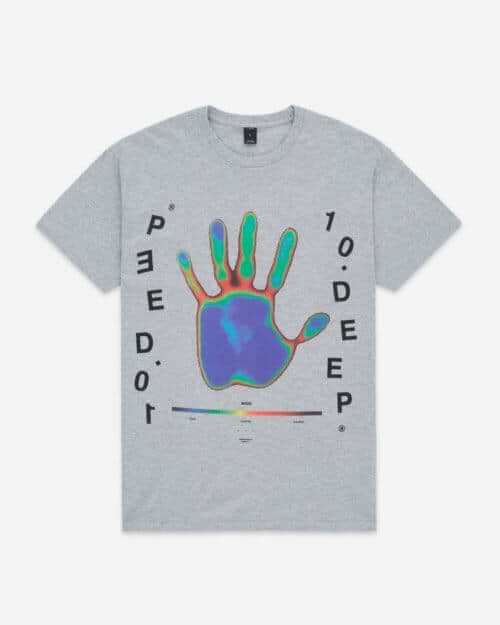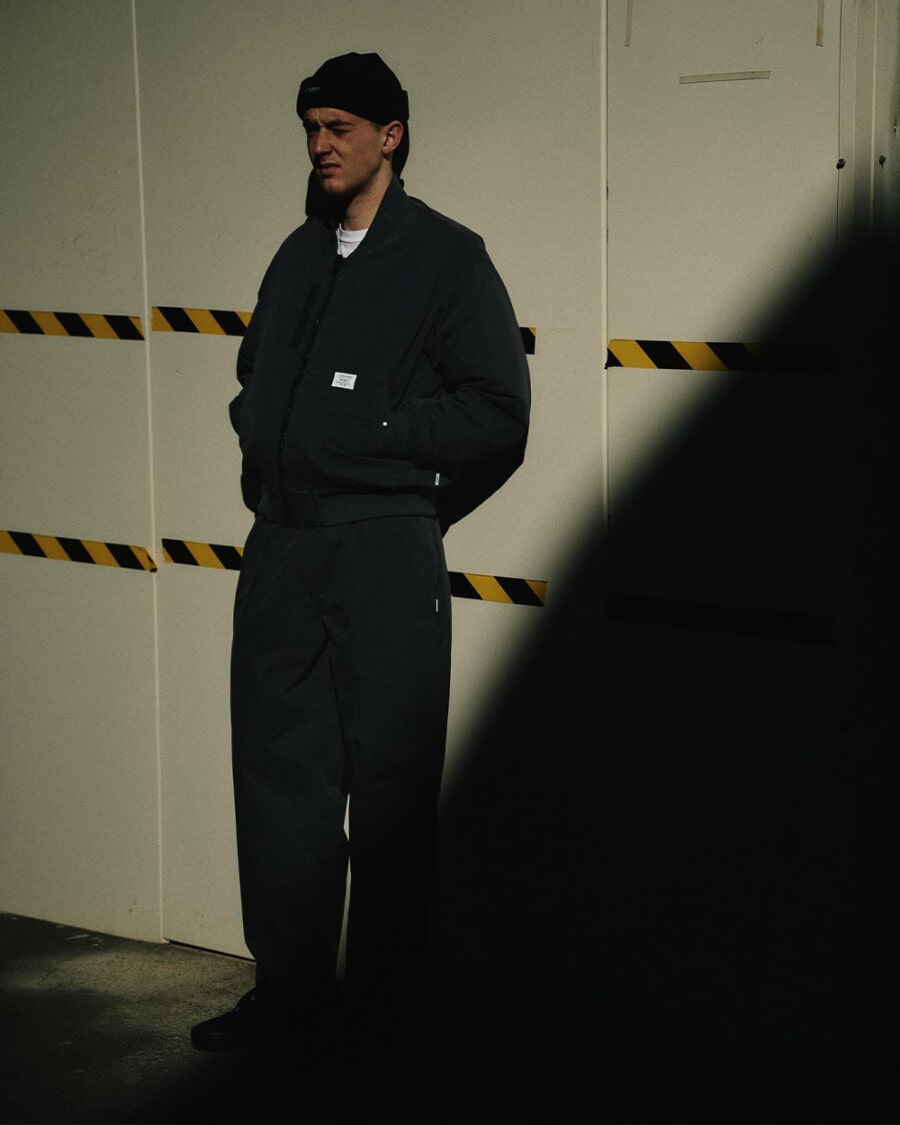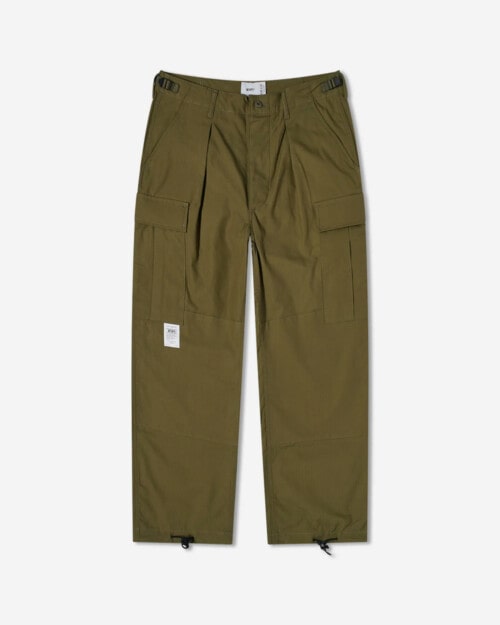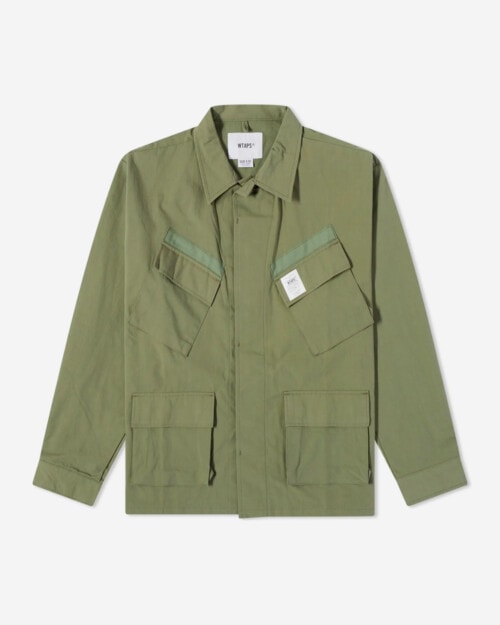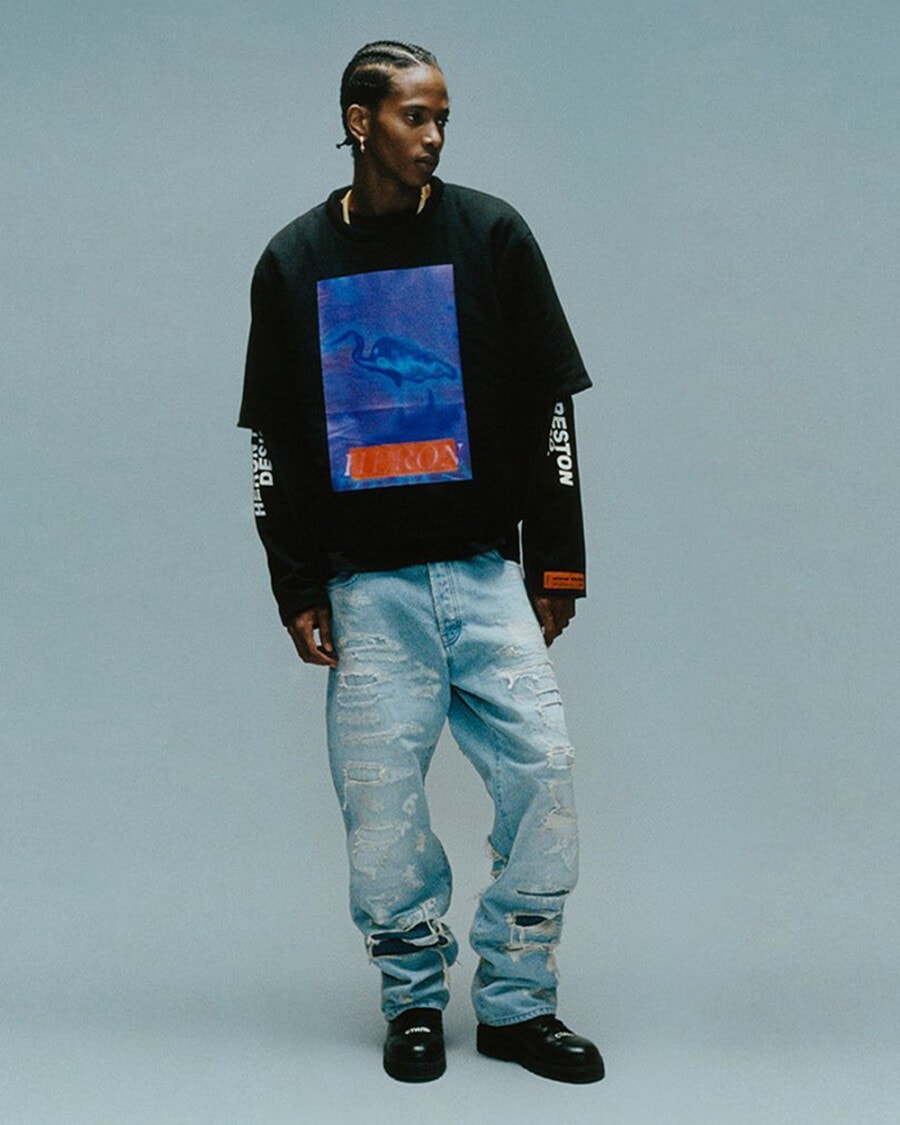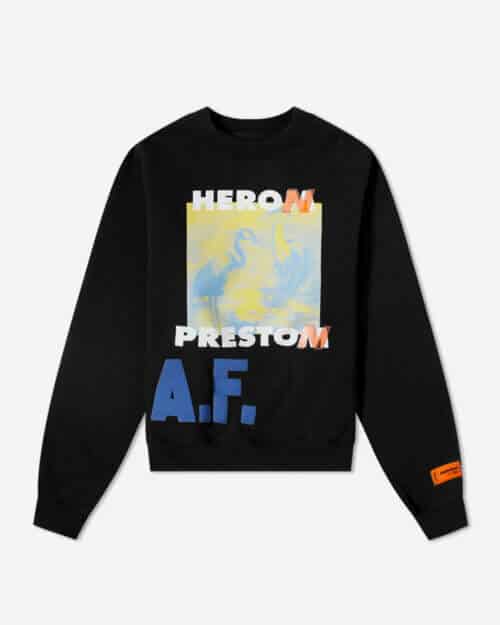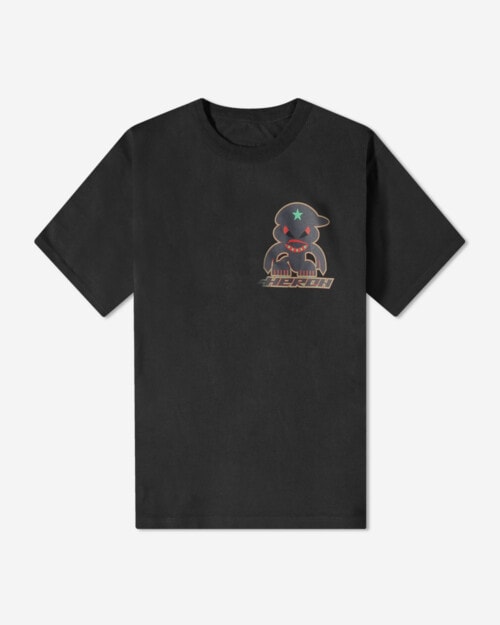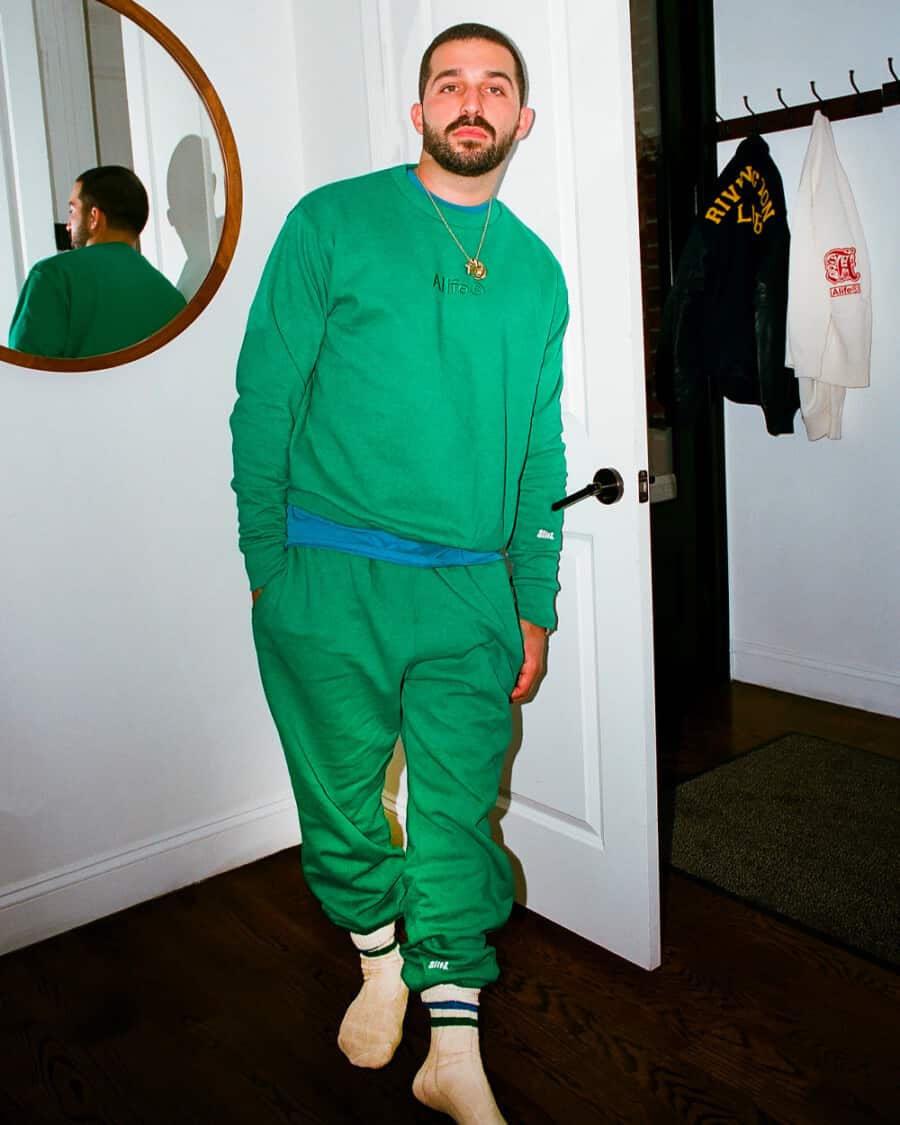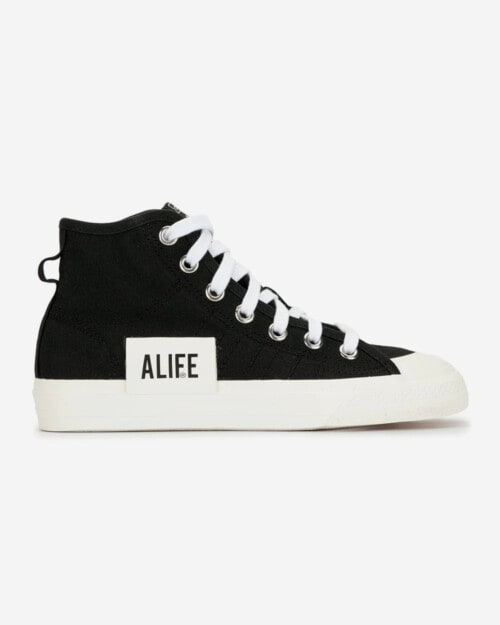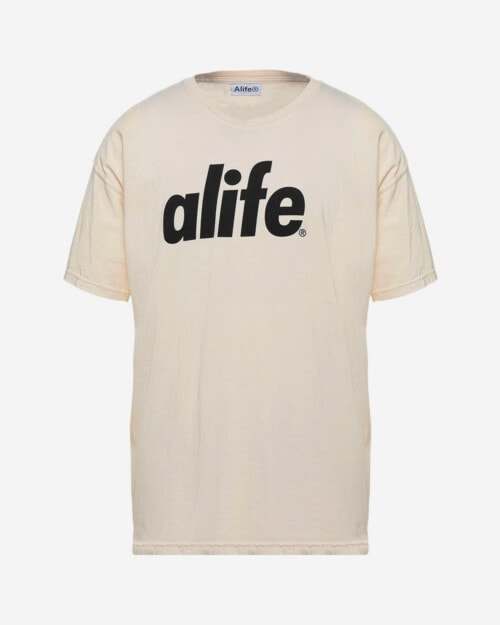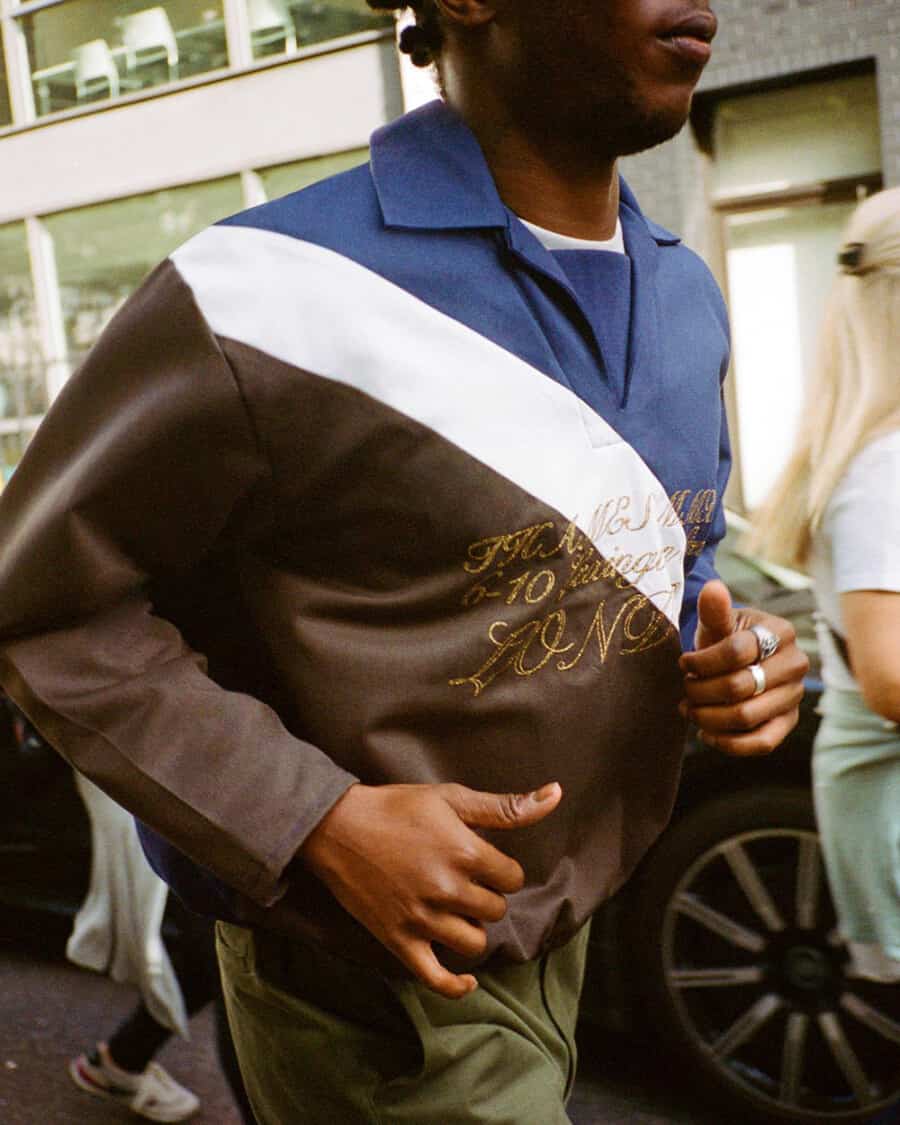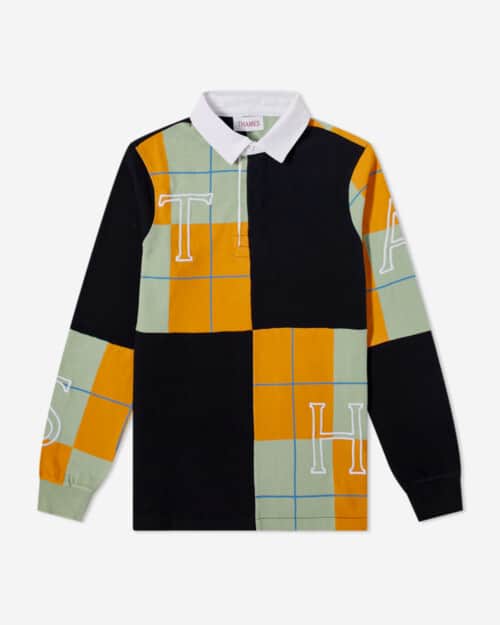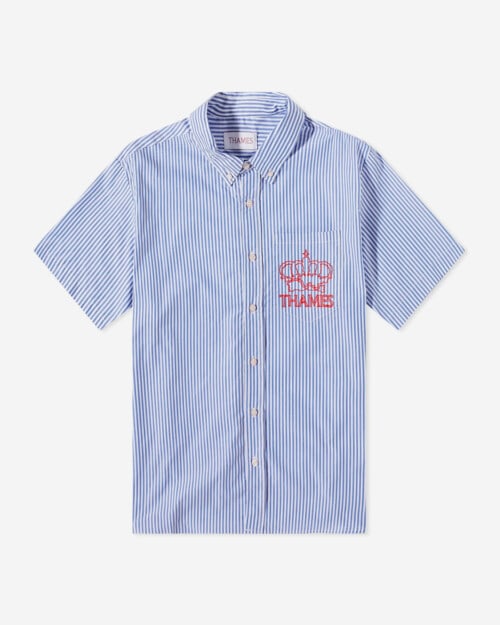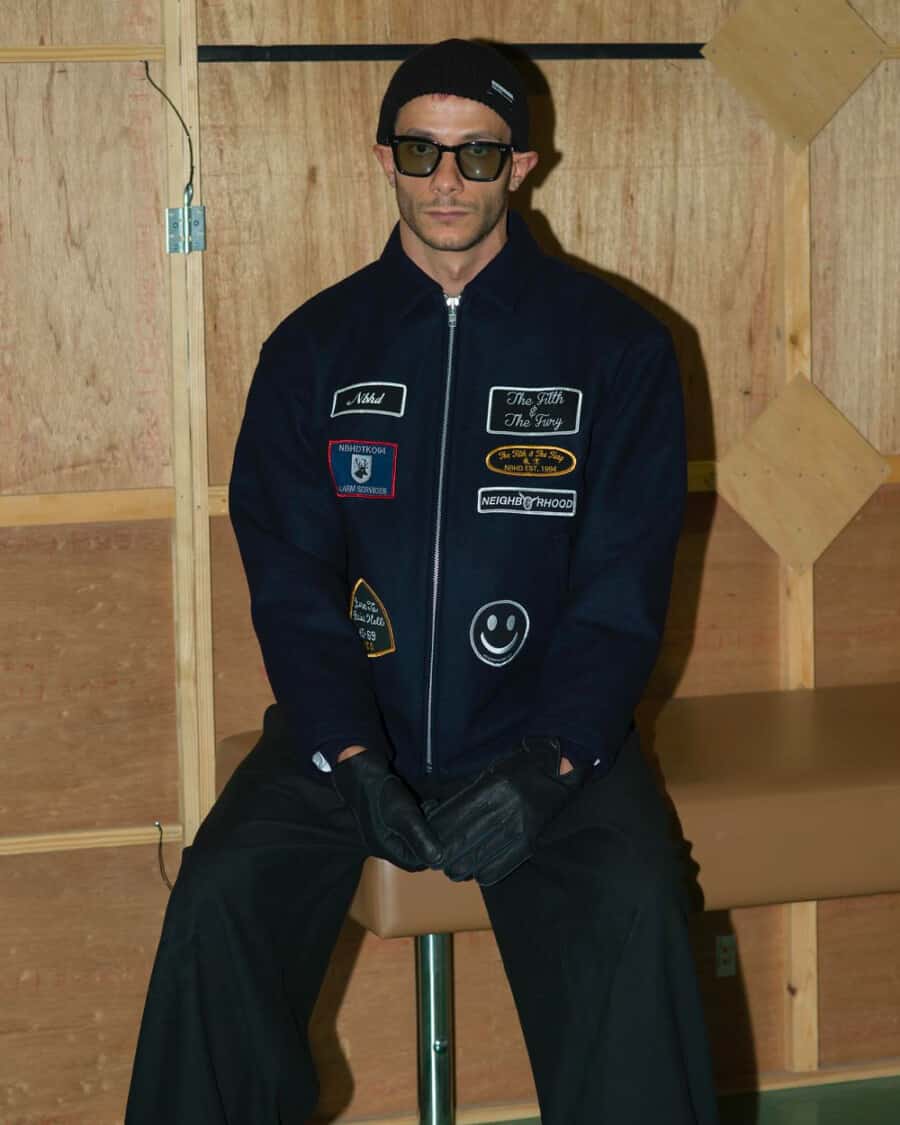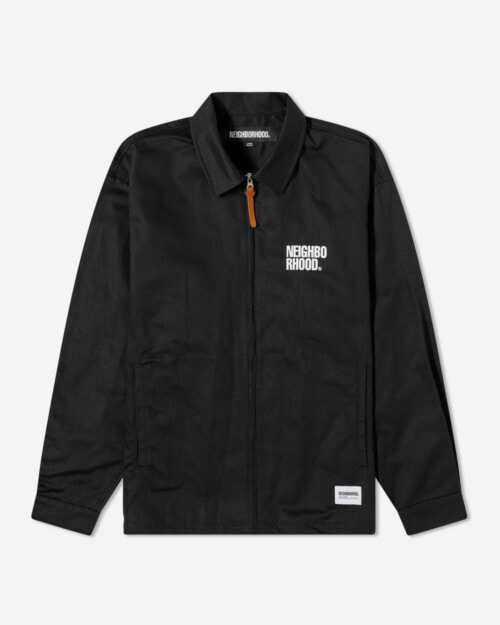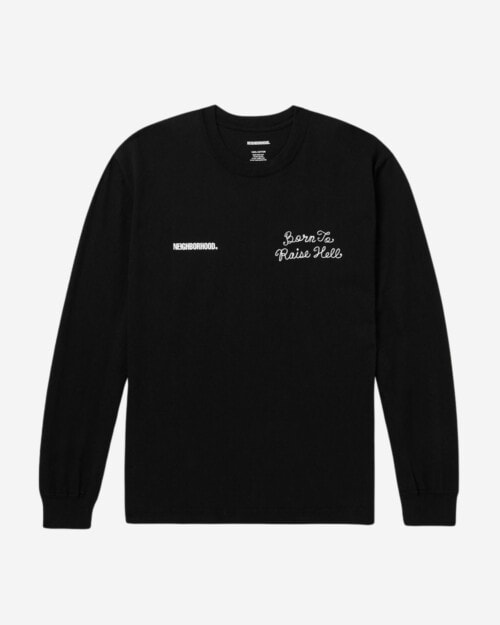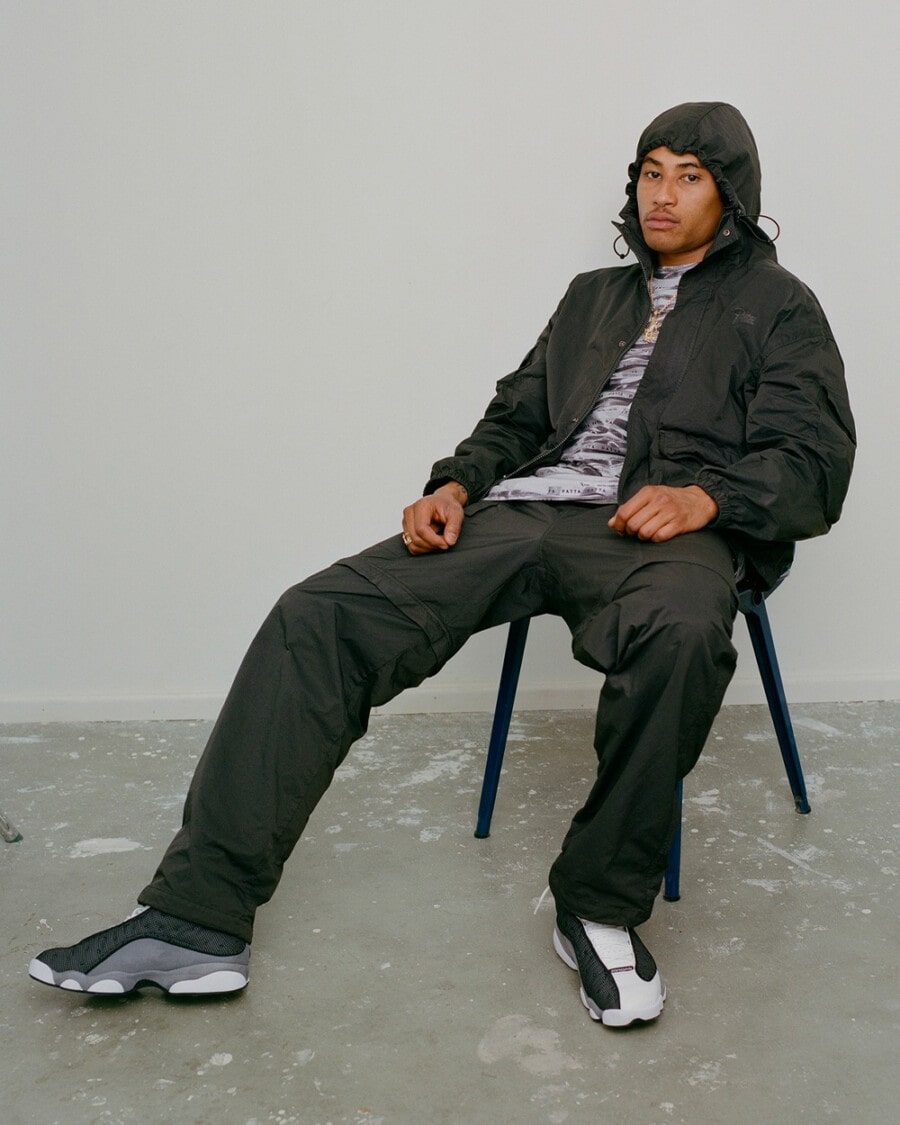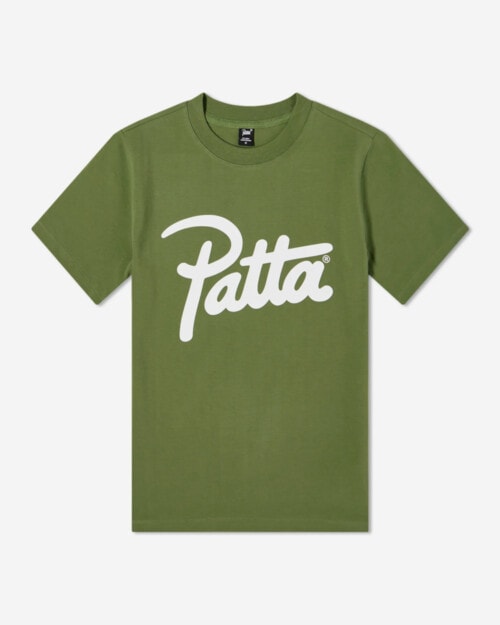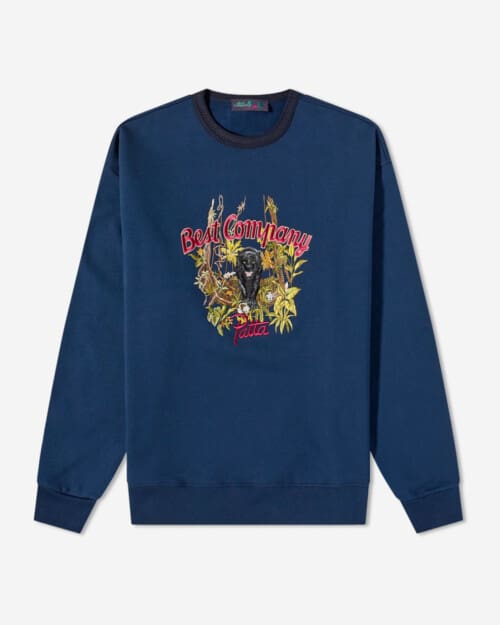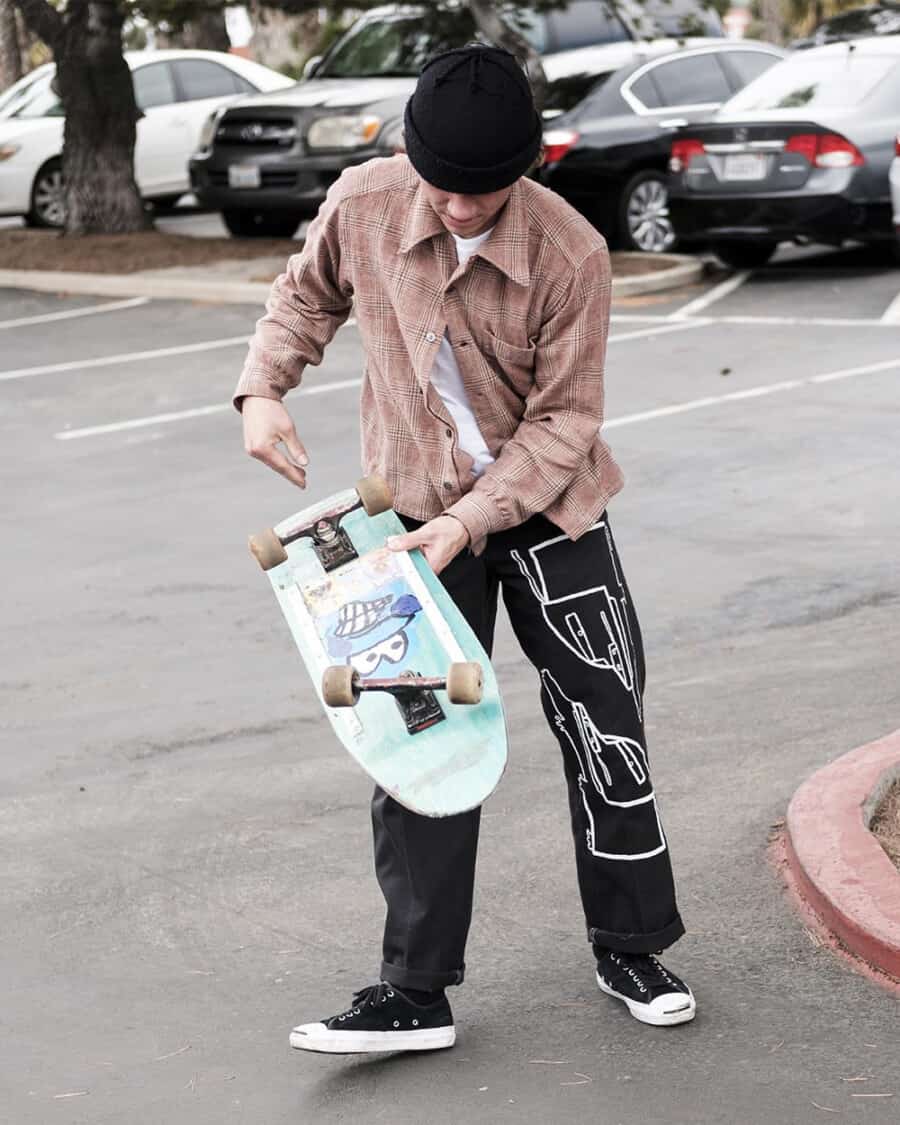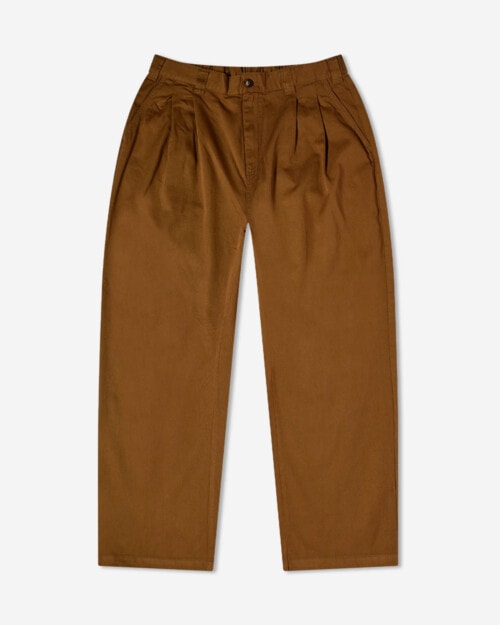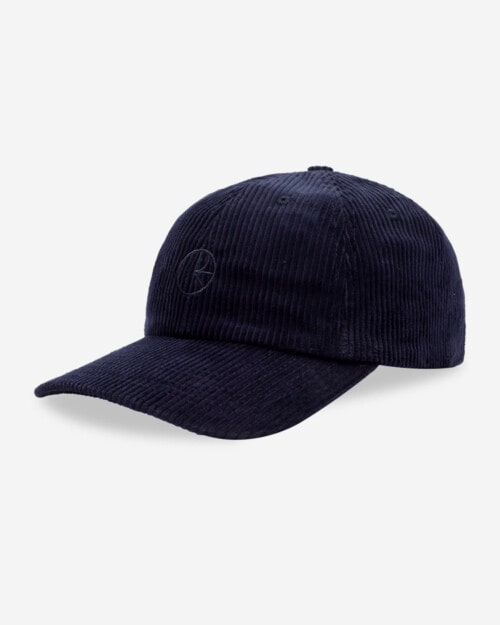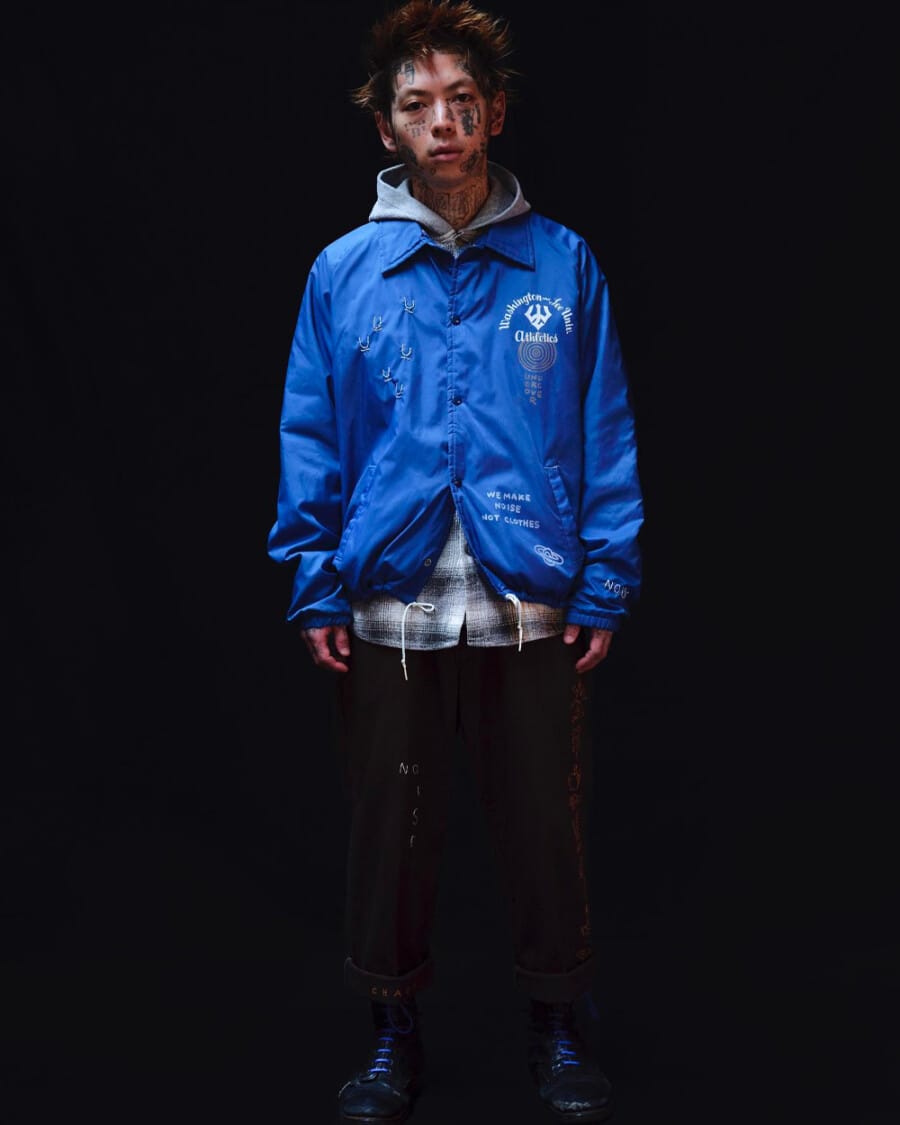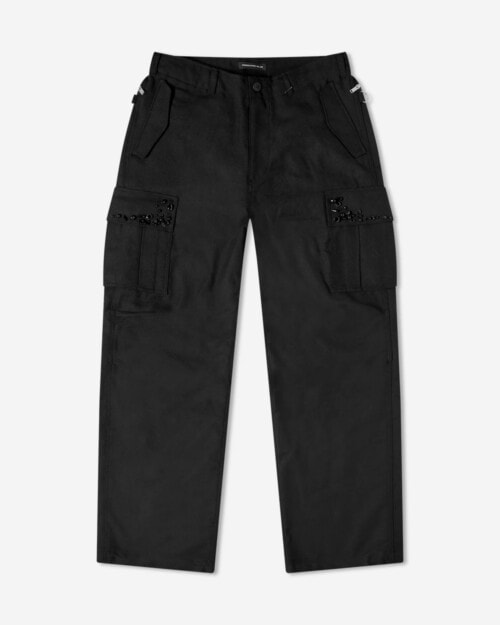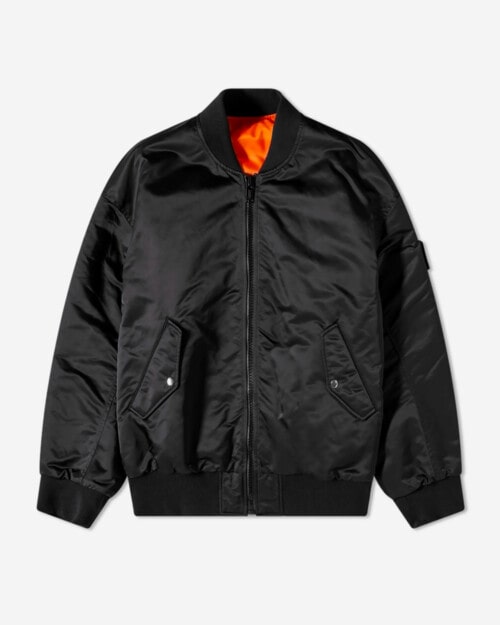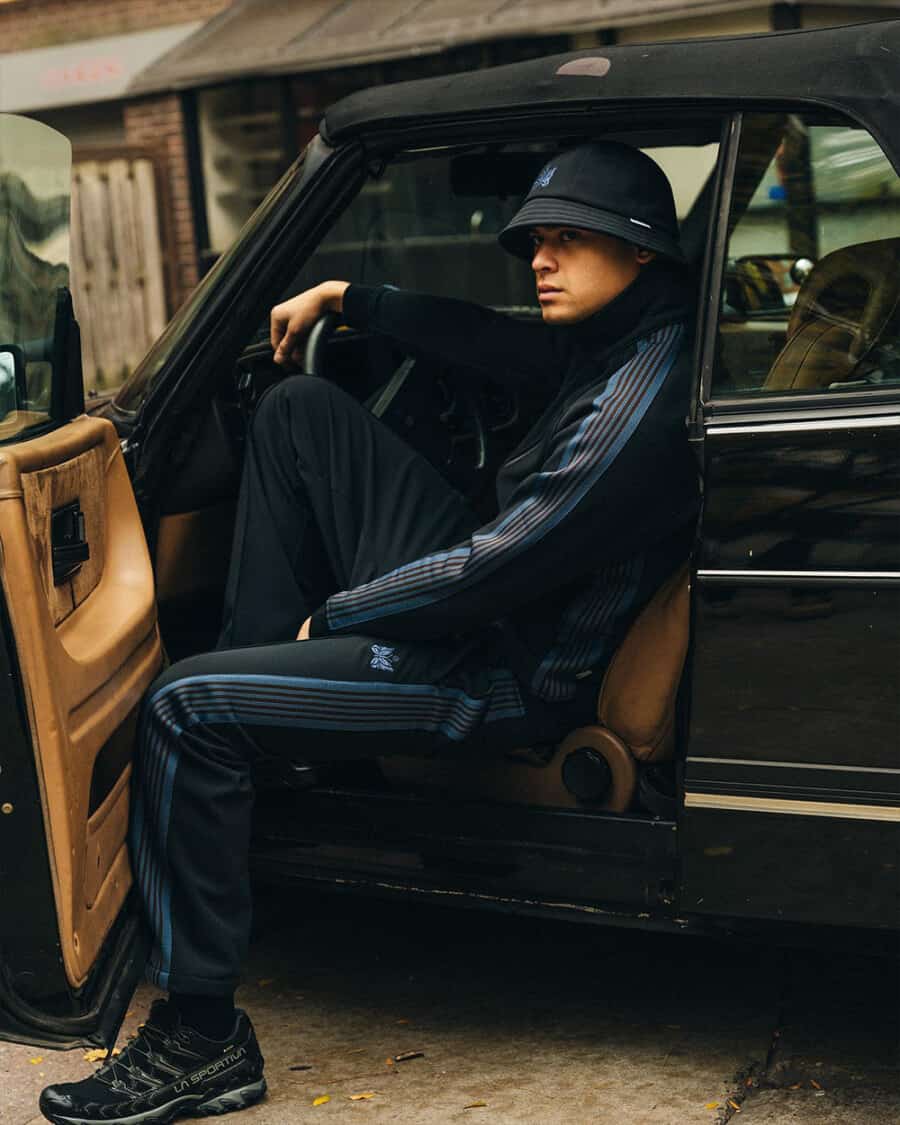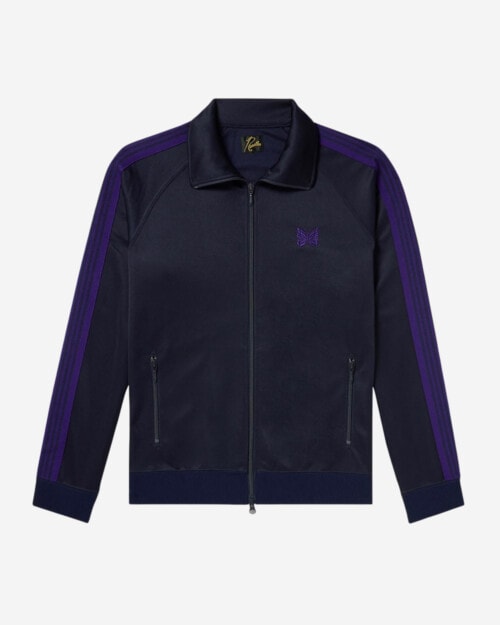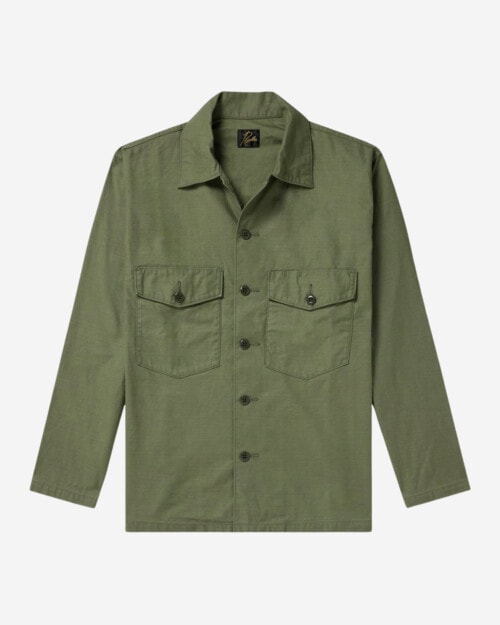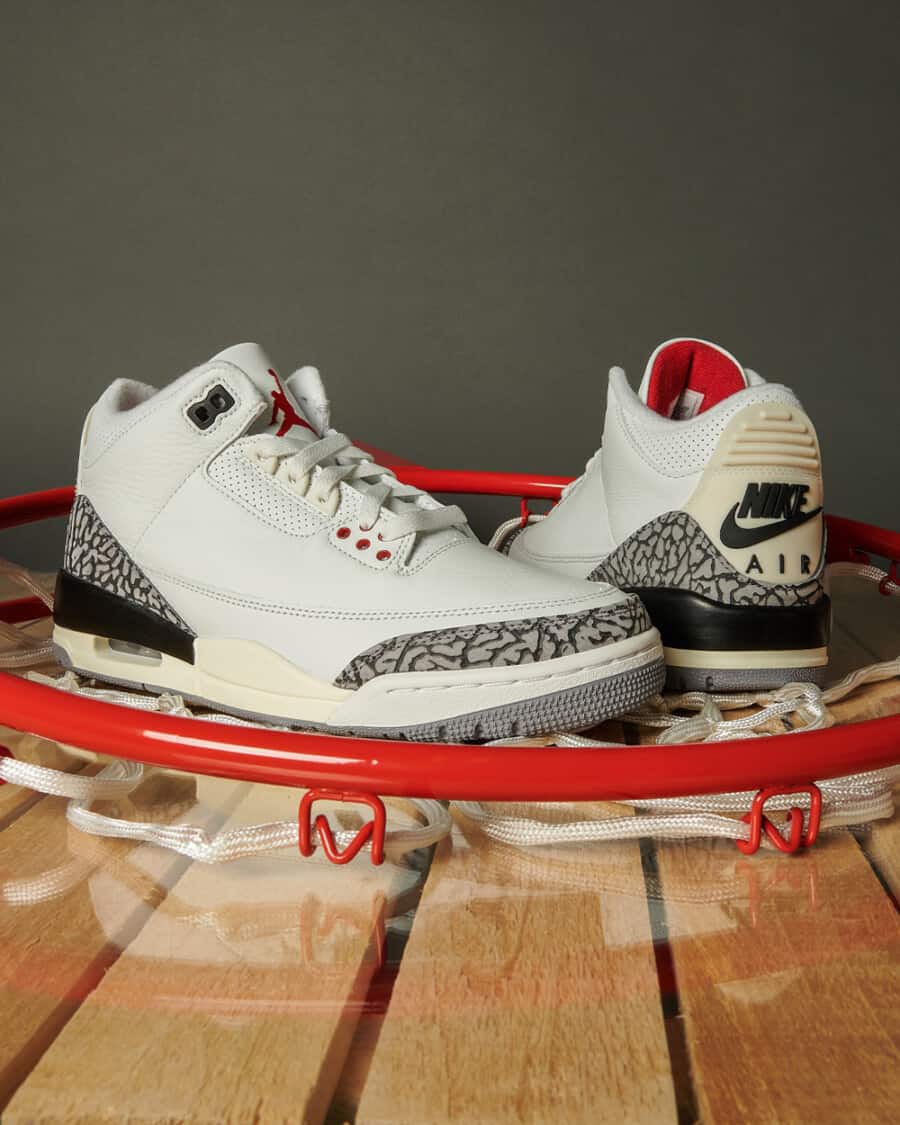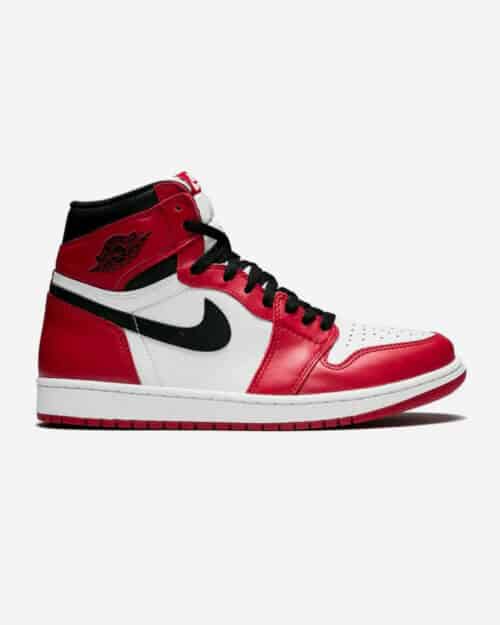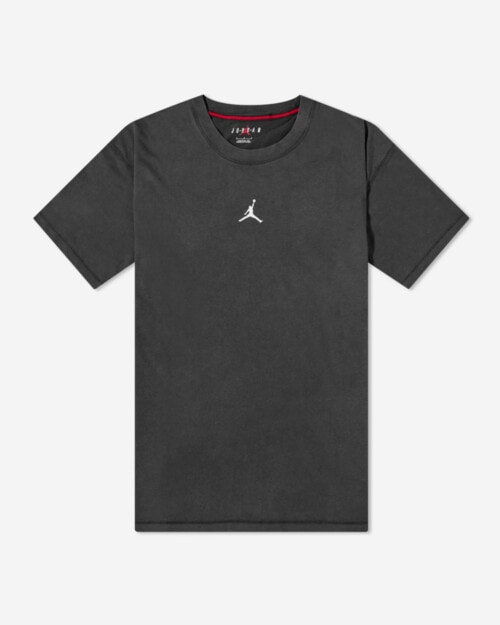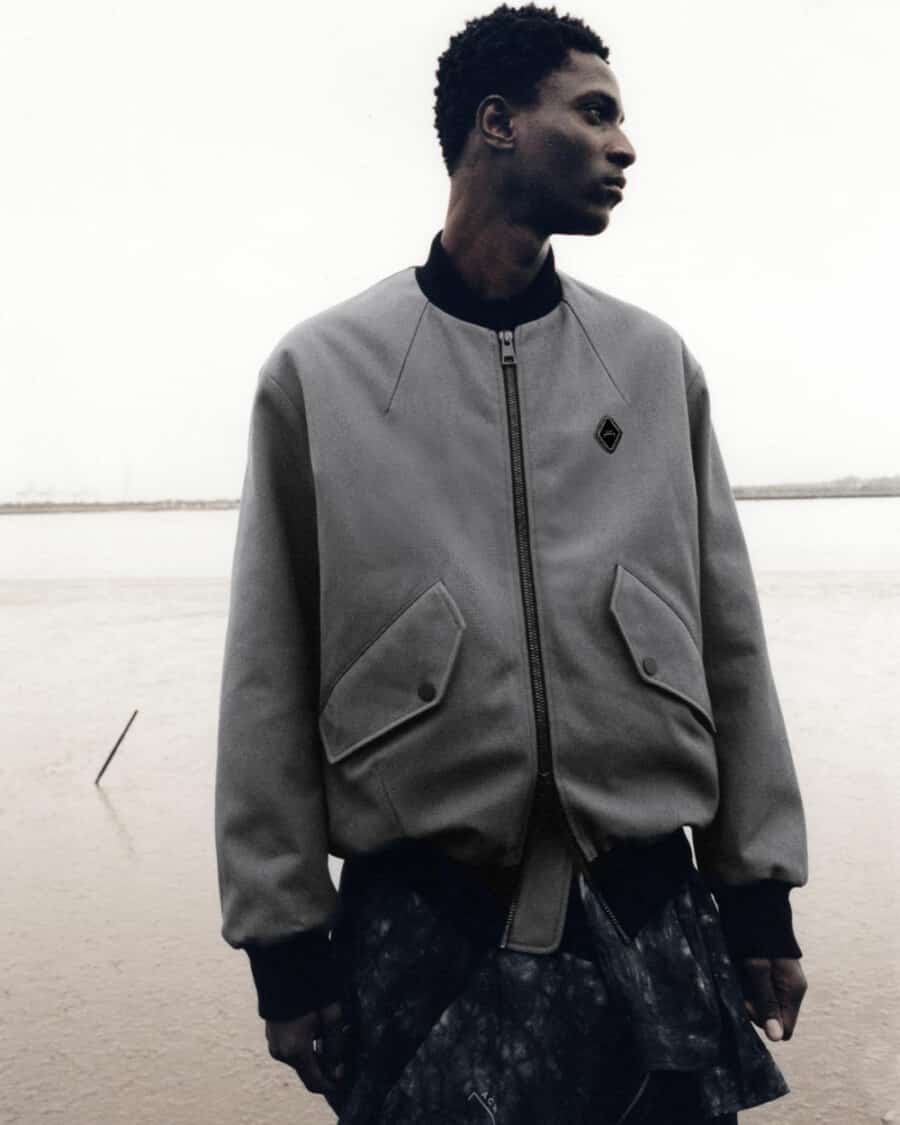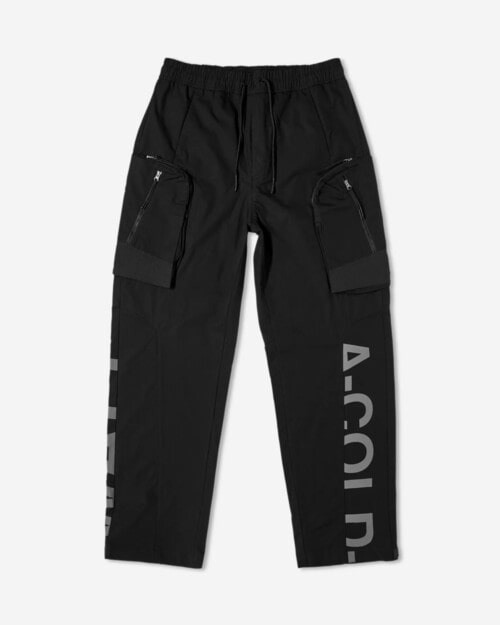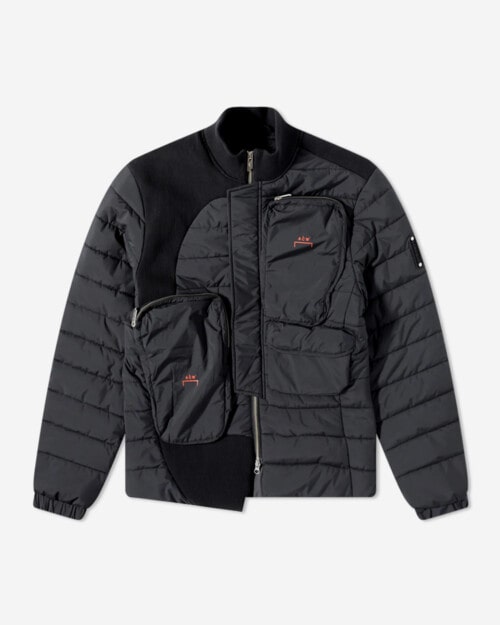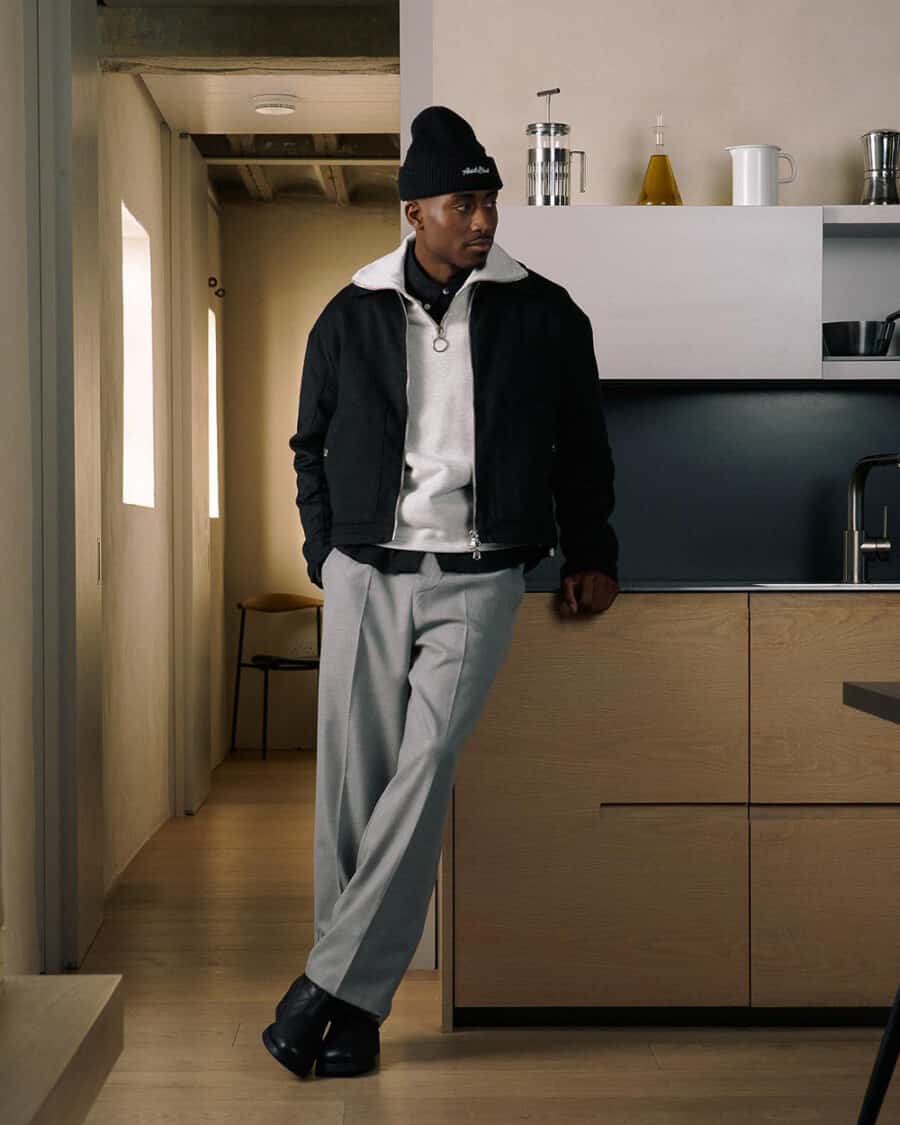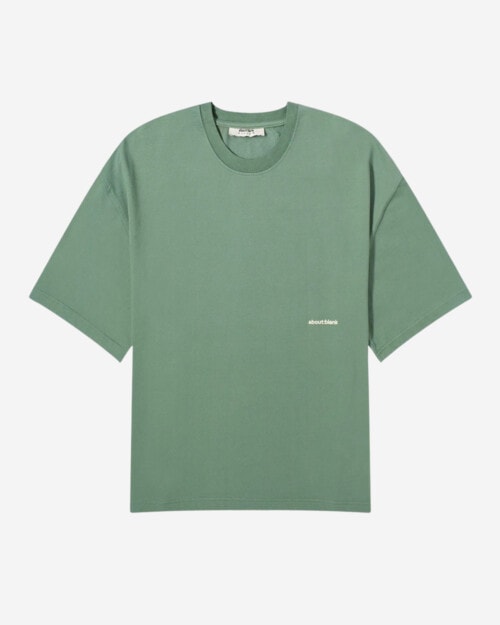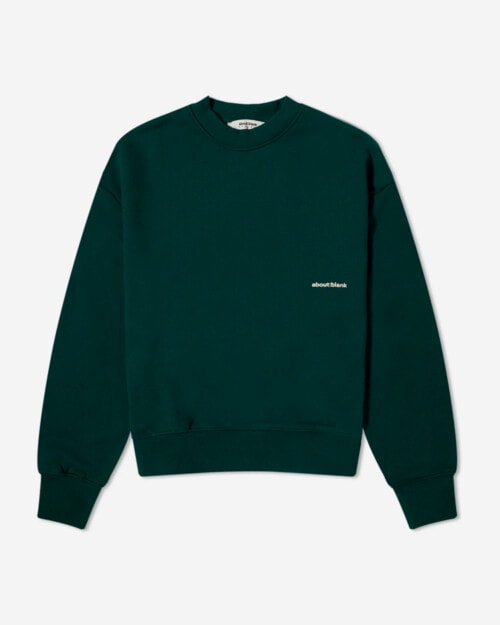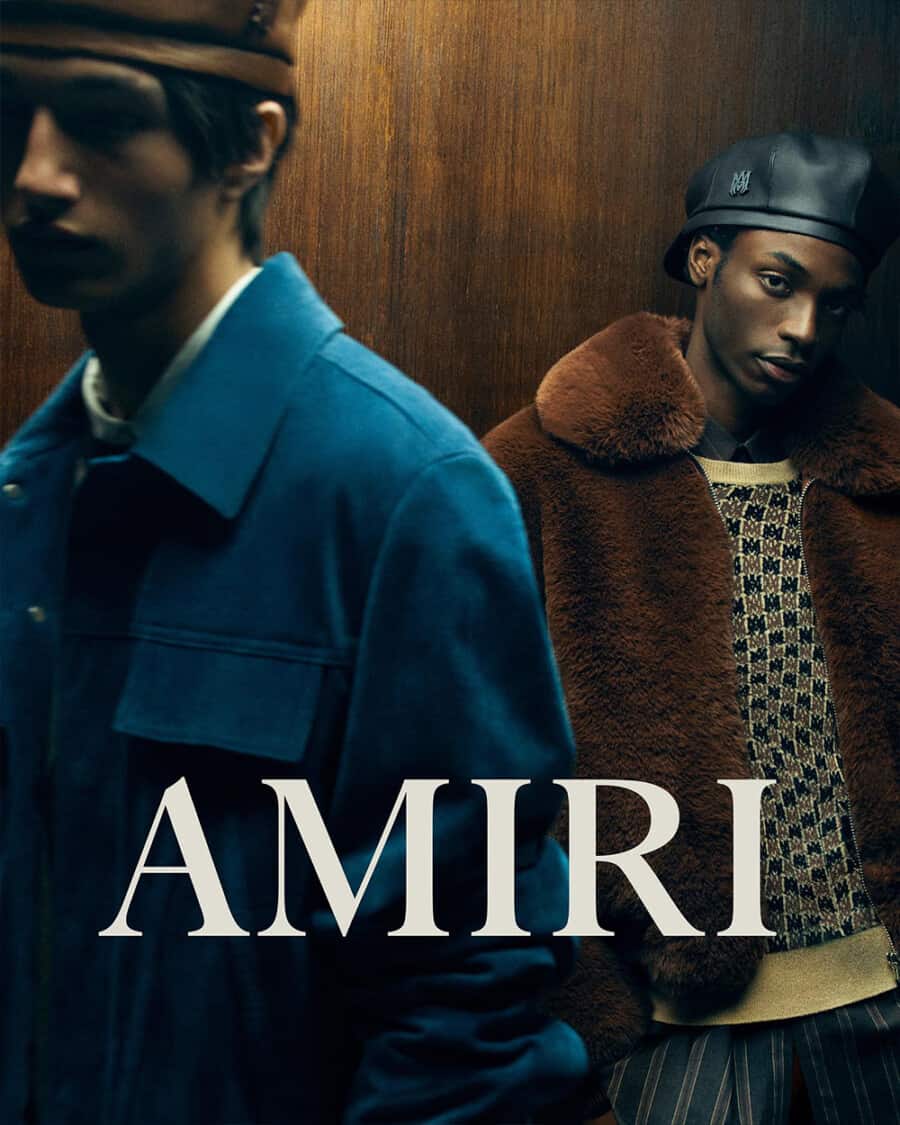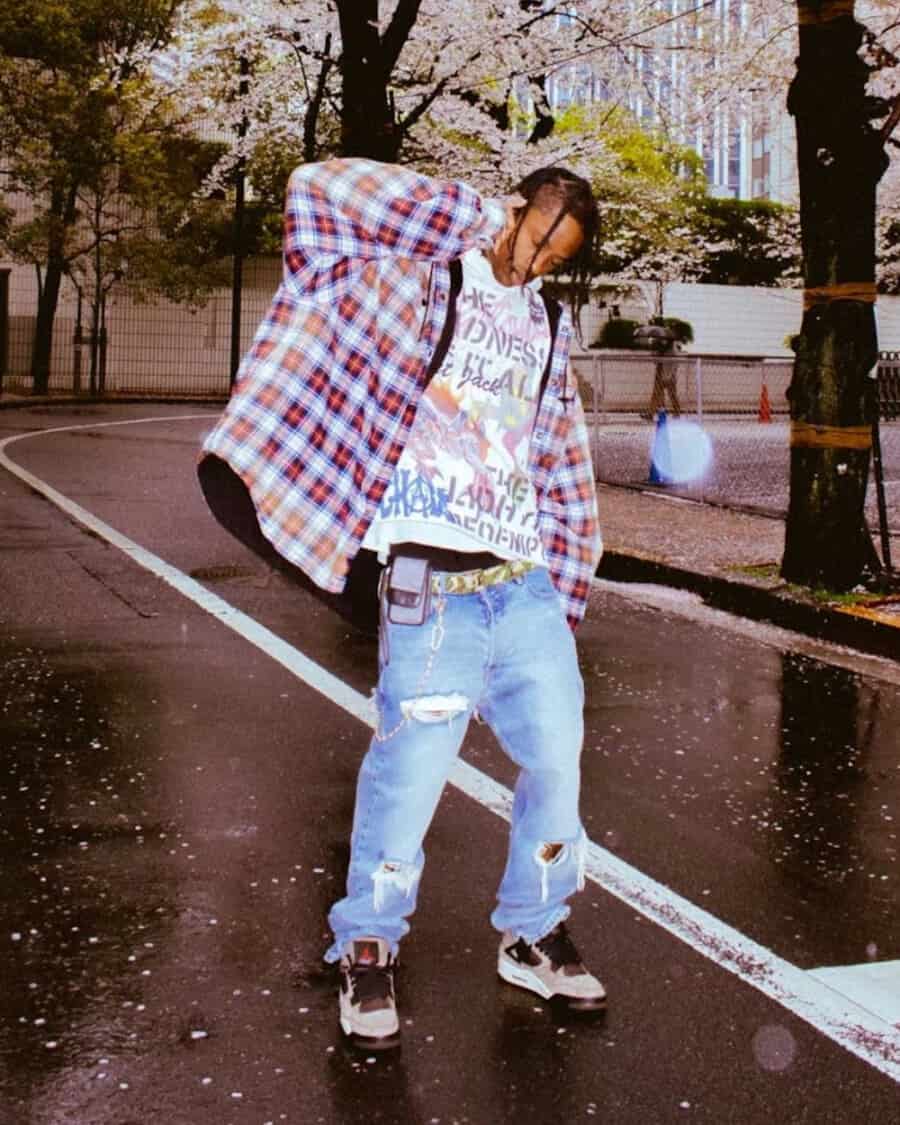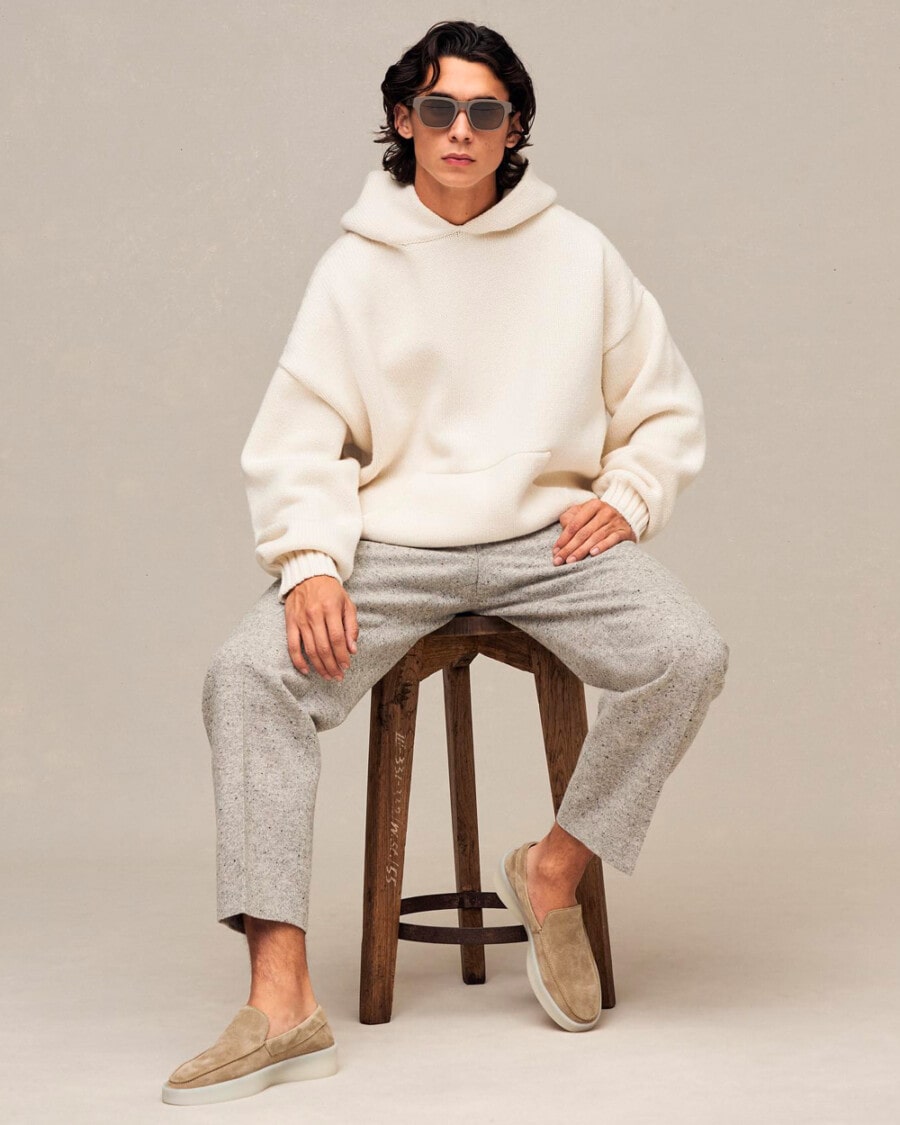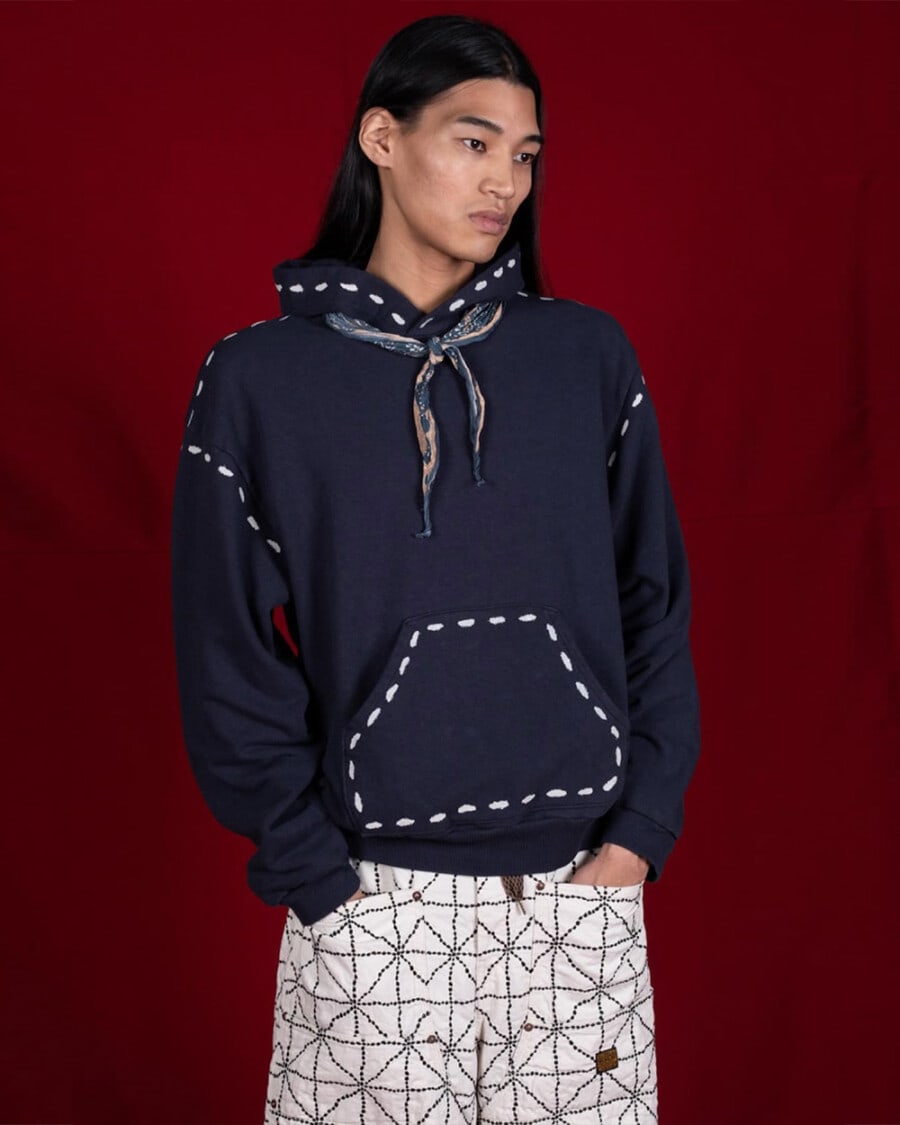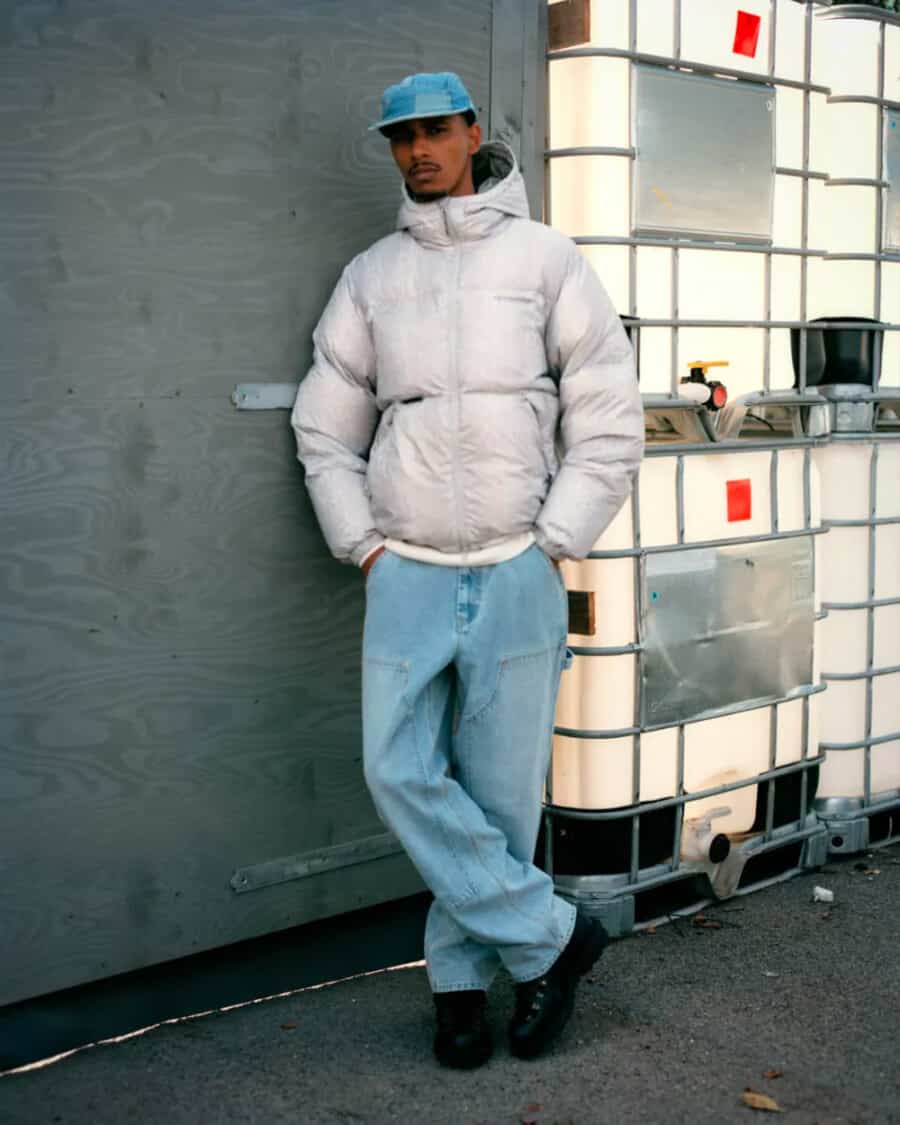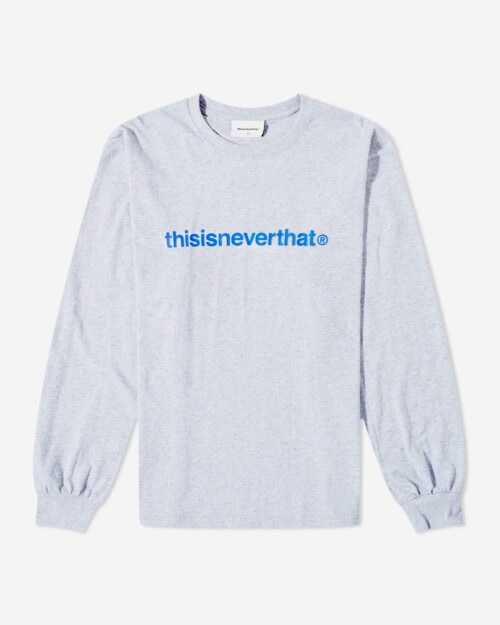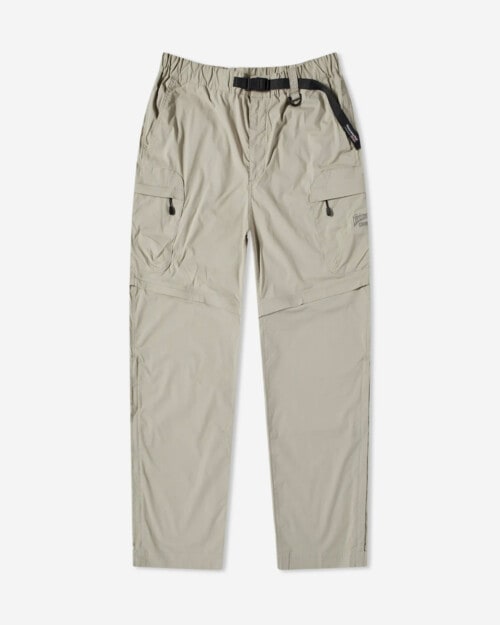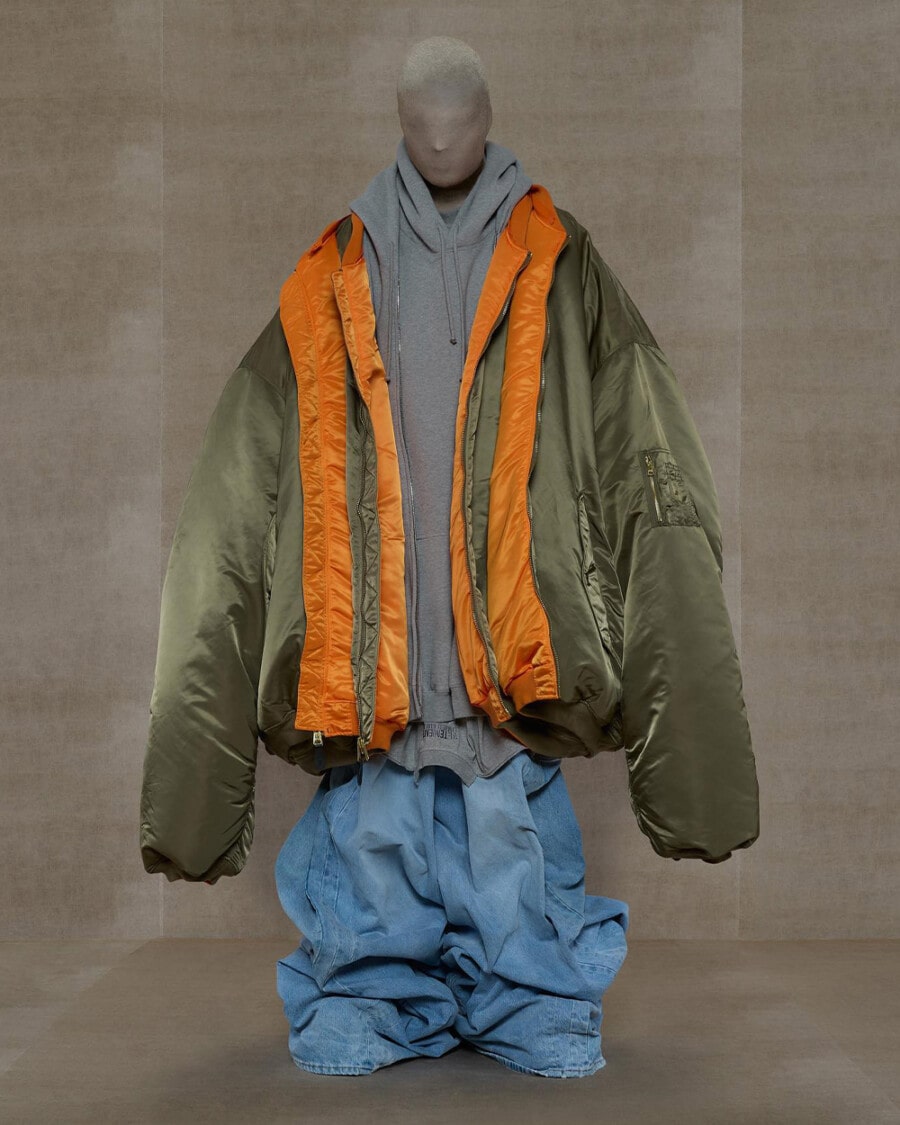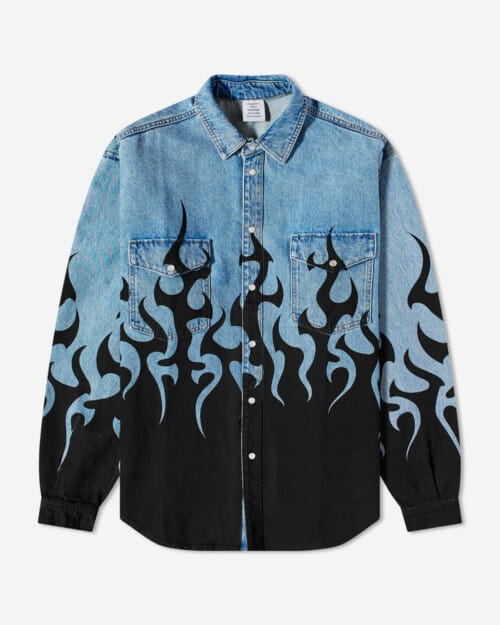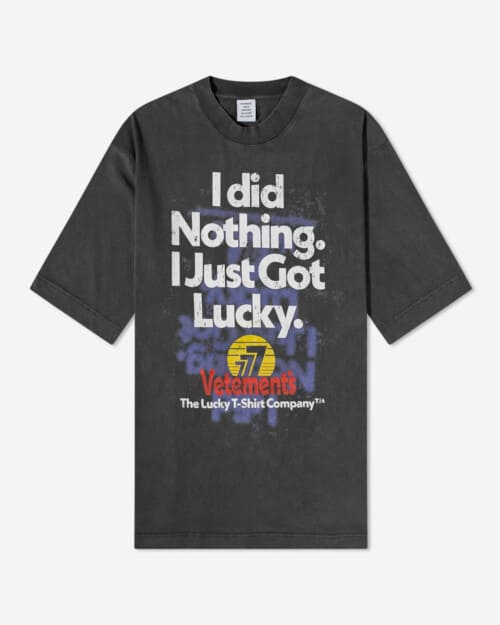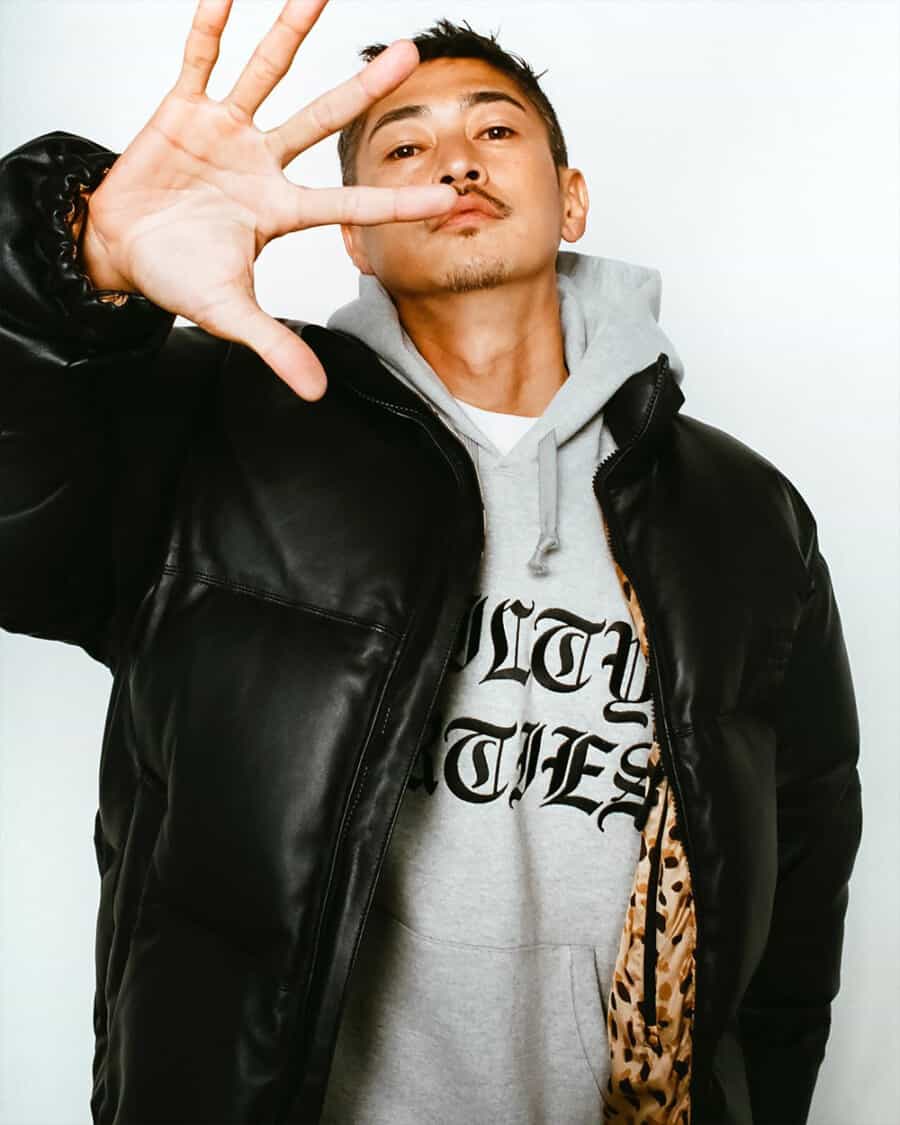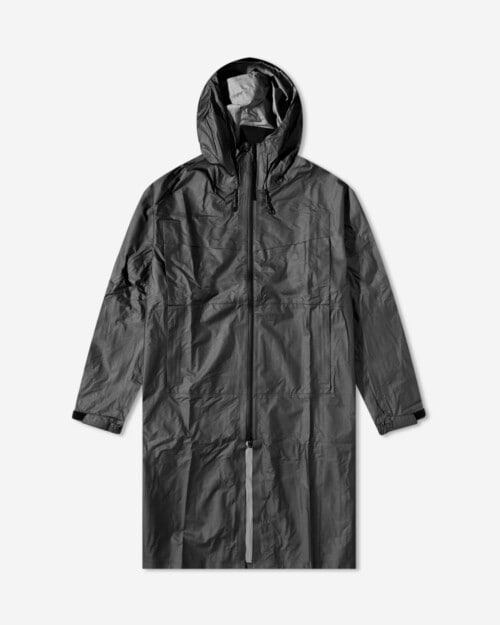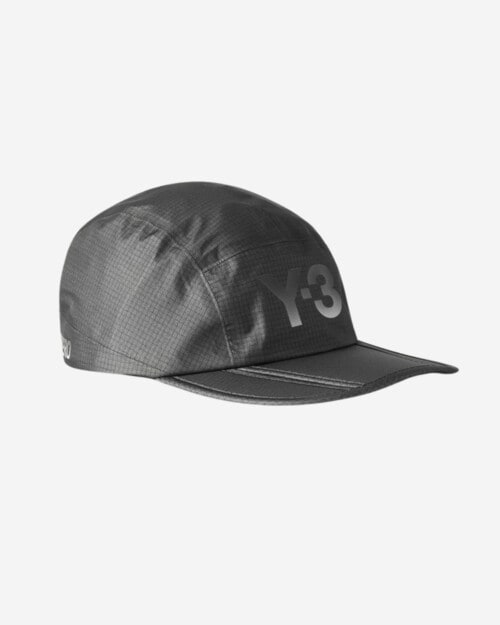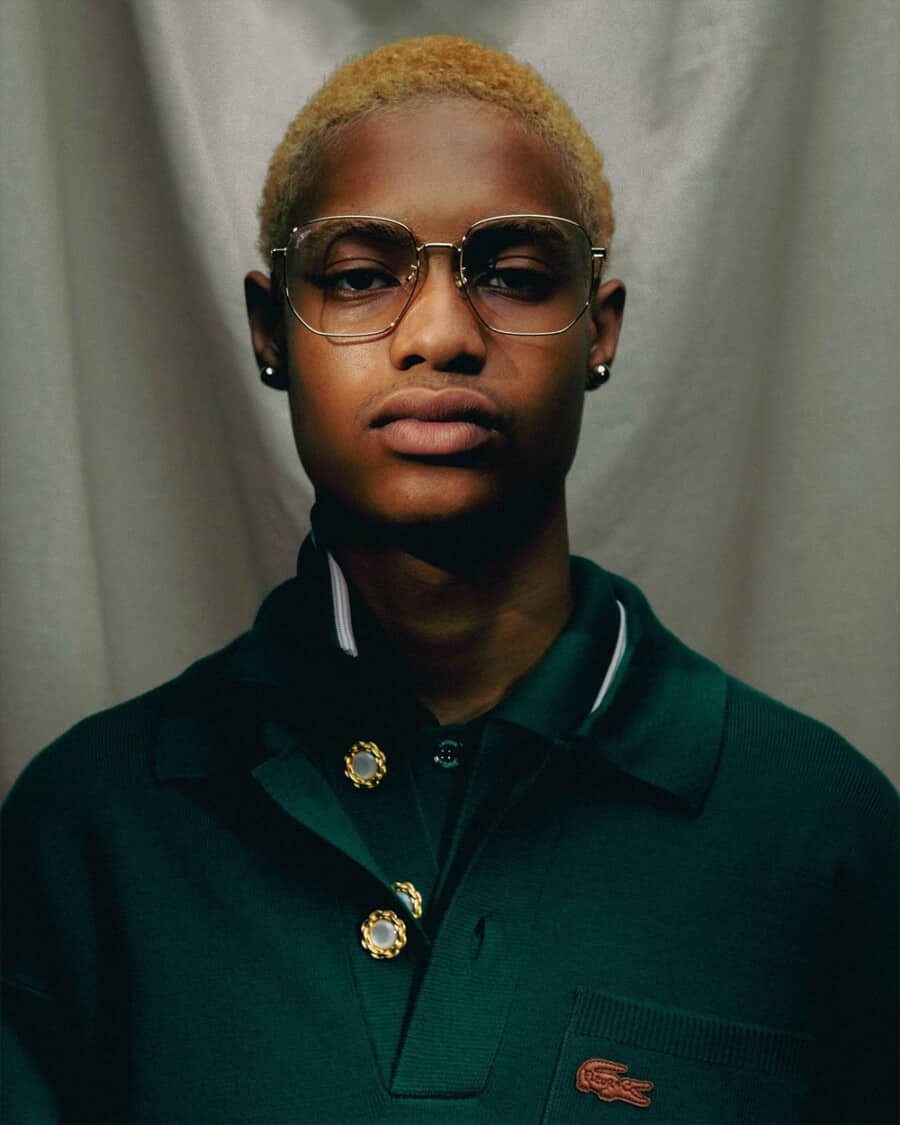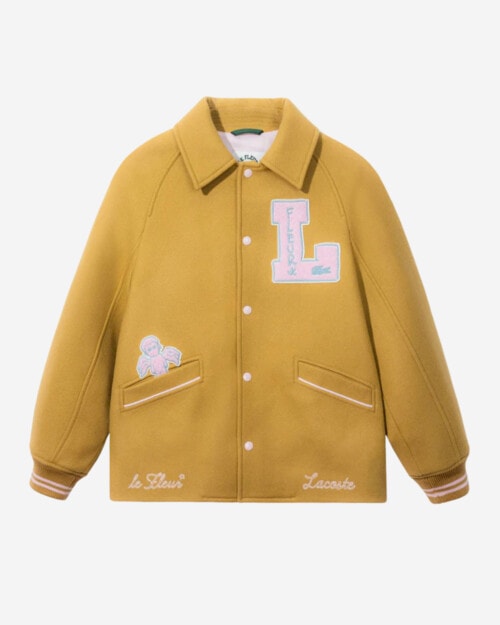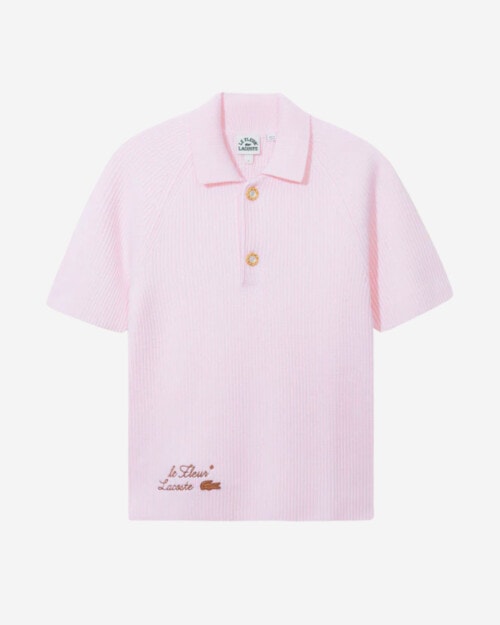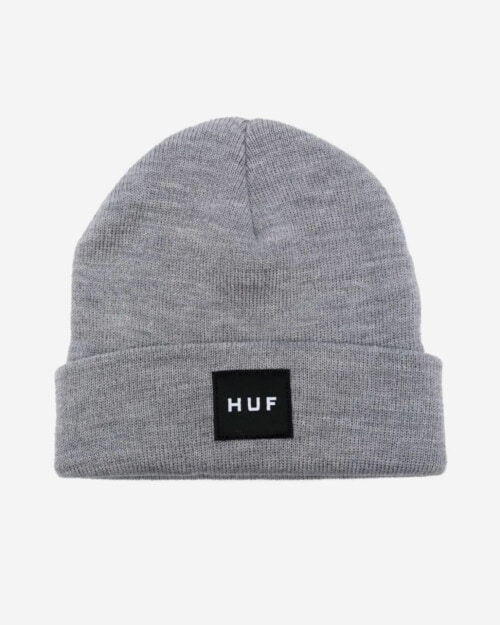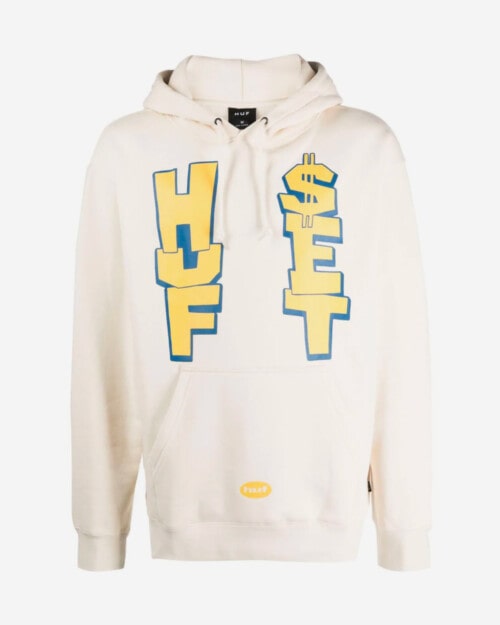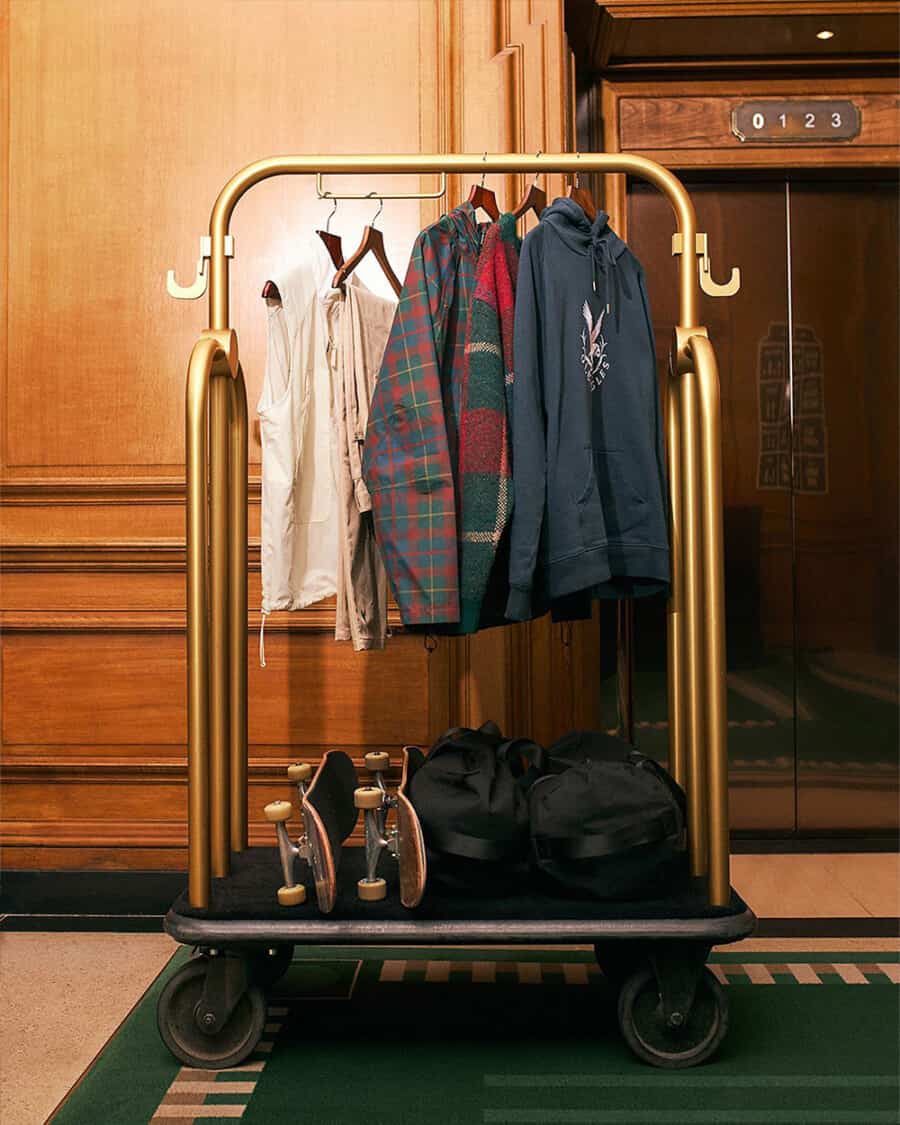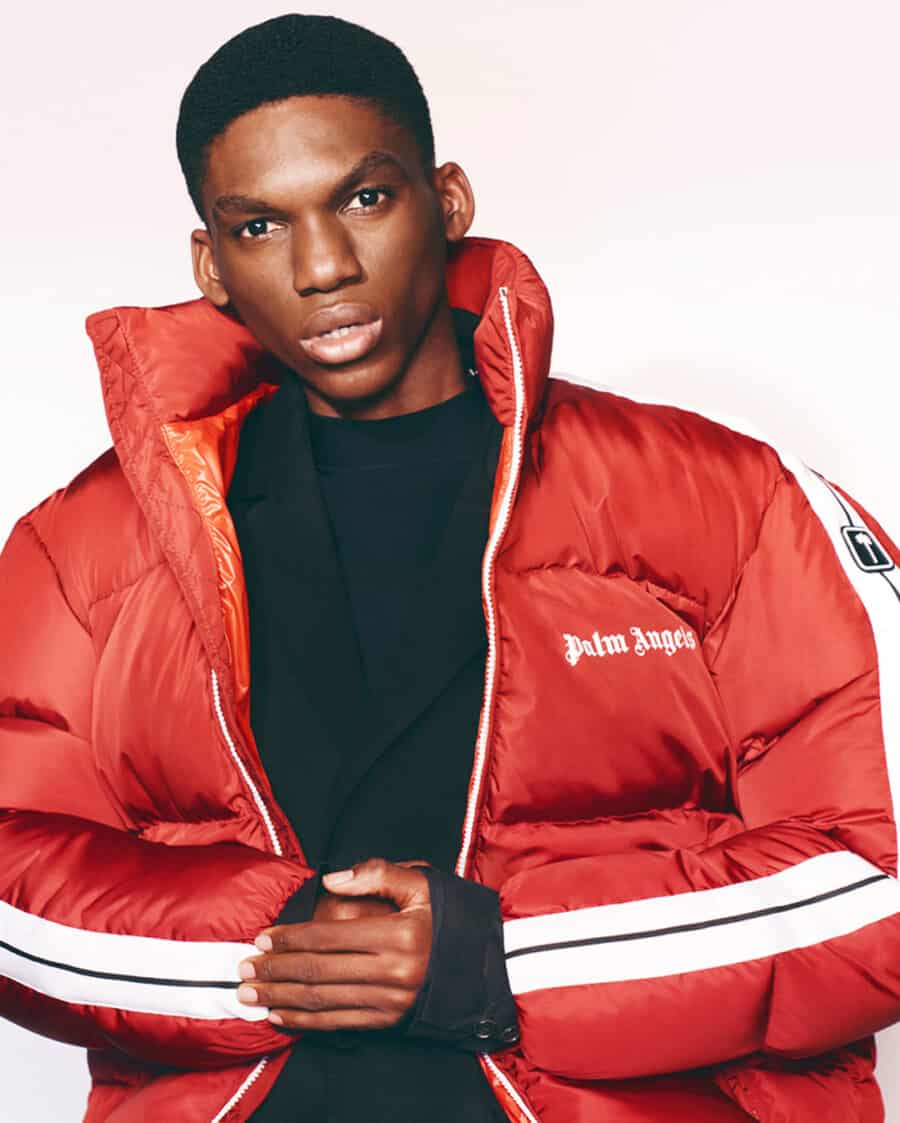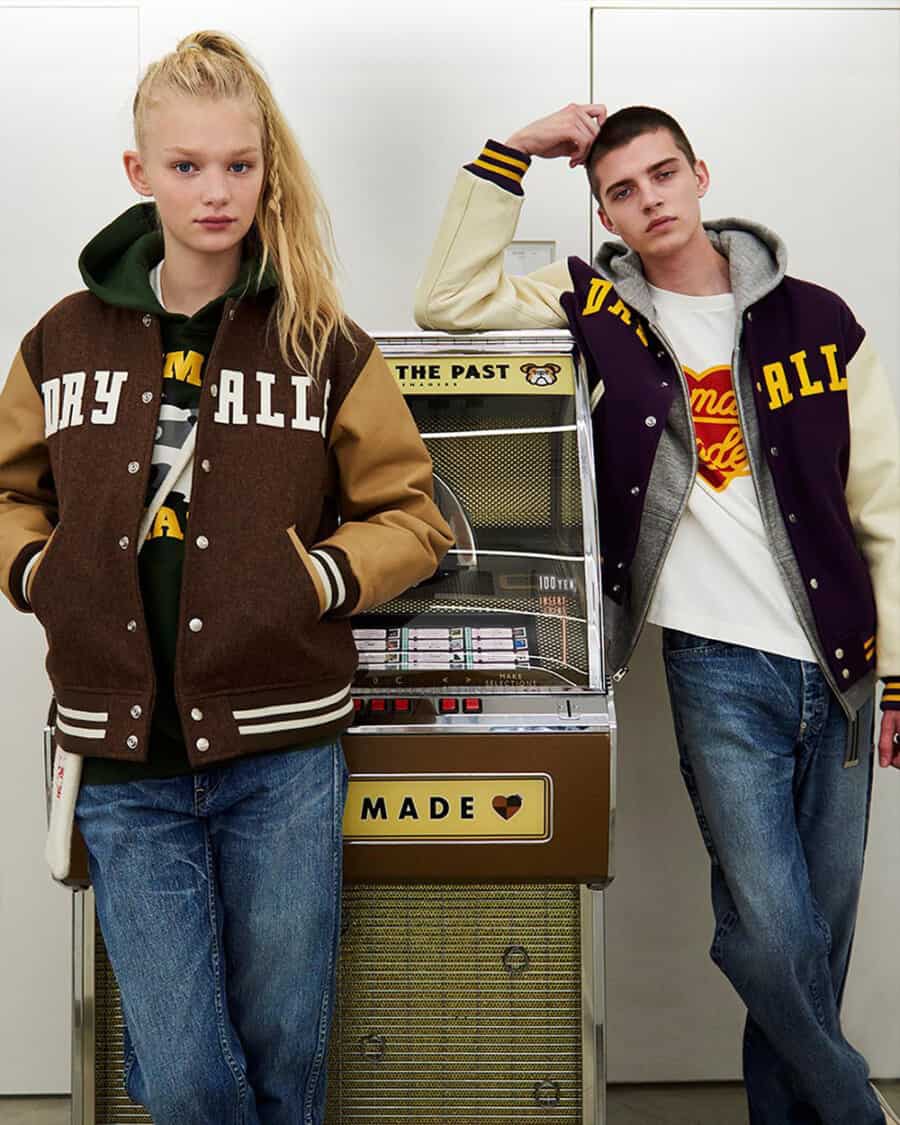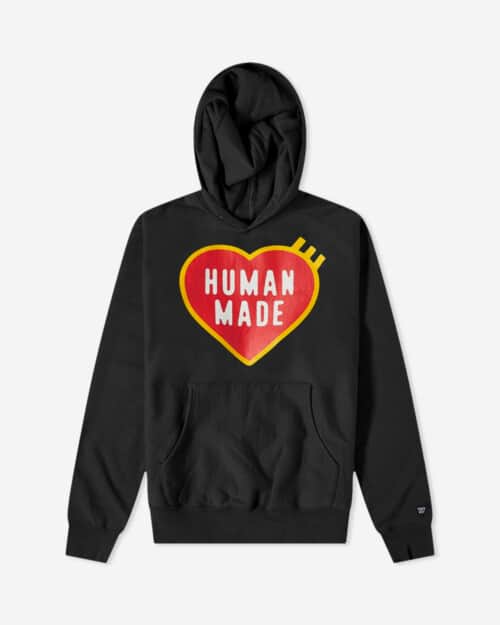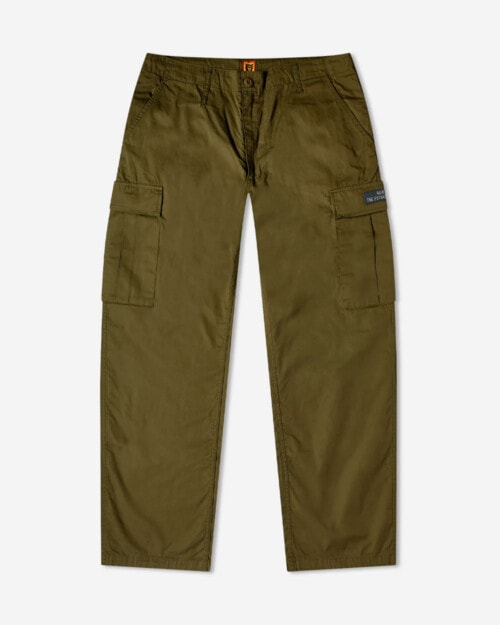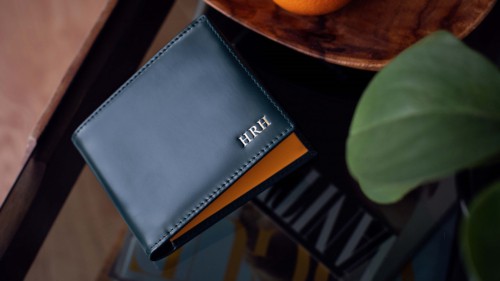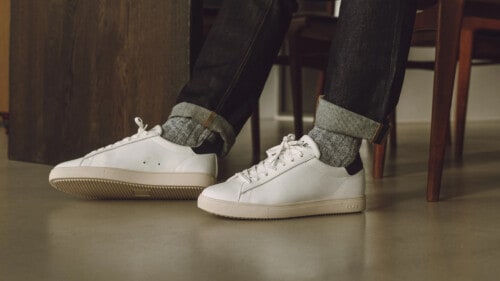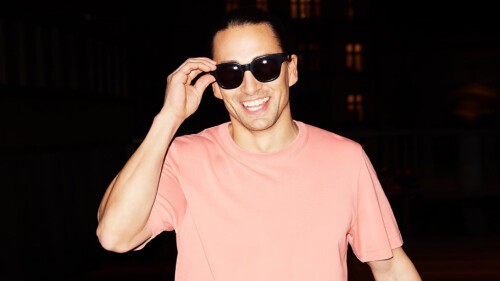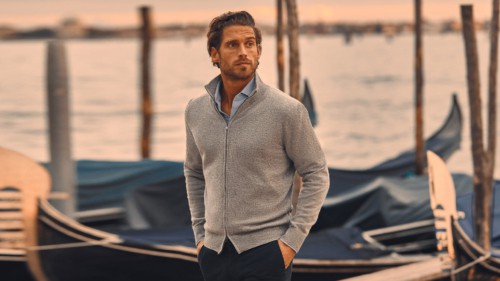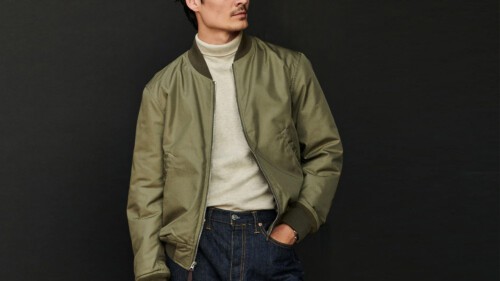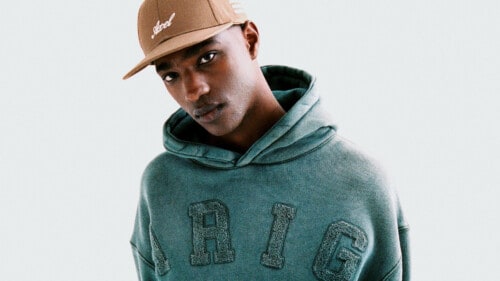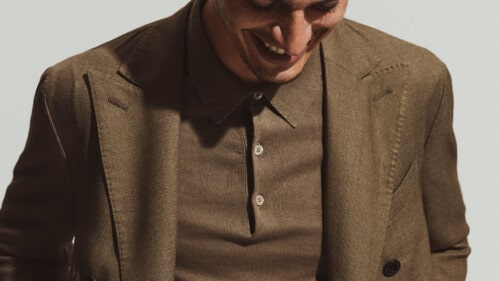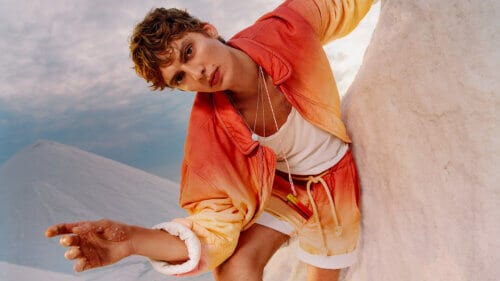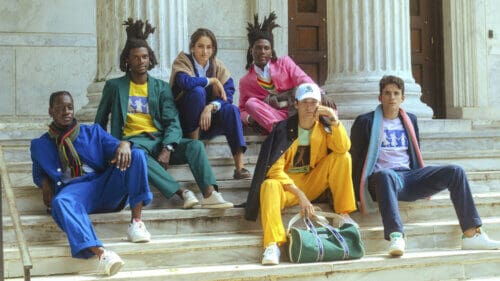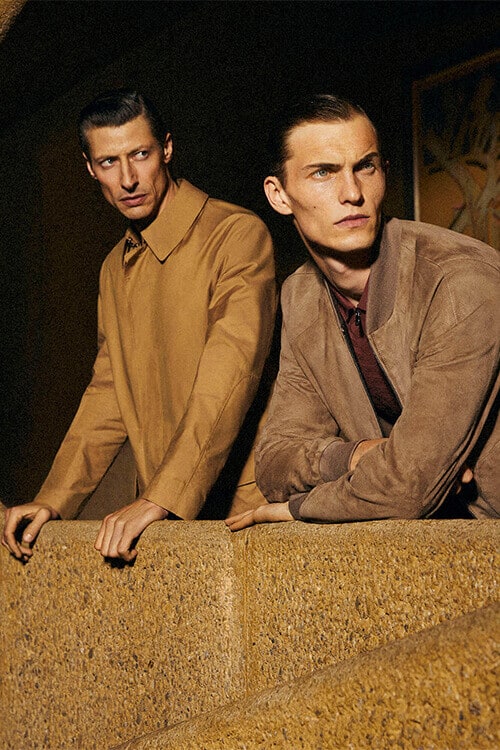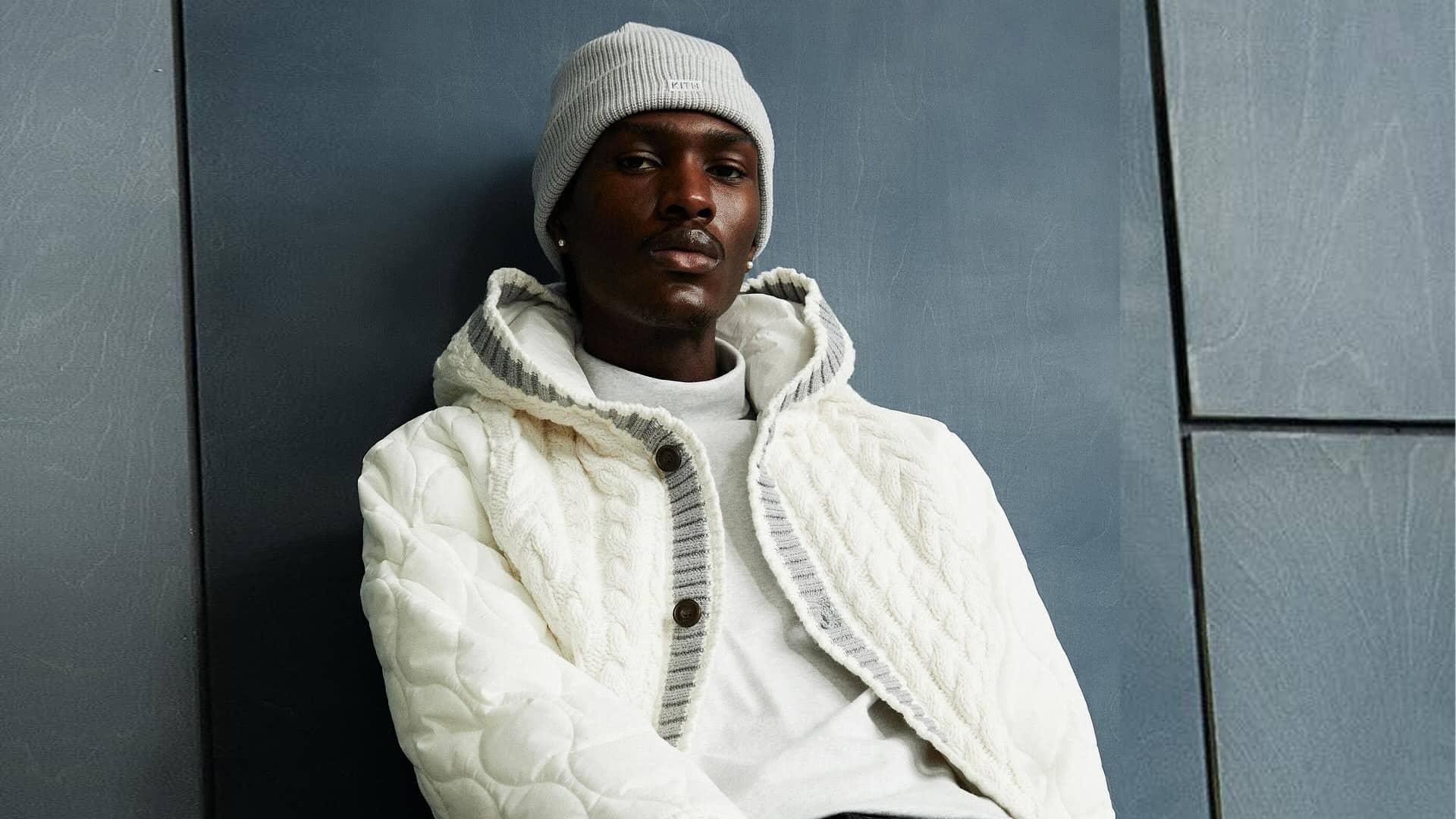
The 40 Hottest Streetwear Brands In The World Today
The most hyped and sought-after streetwear labels in the game right now. From global names to underground labels, each is a must cop.
Streetwear doesn’t really exist anymore. The term has become muddied over the last few years, and what started as a small selection of independent brands making clothes for a niche community has become part of the wider fashion machine.
Not wanting to miss out on the lucrative hype of ‘drop culture’, luxury labels and old-school fashion houses began borrowing from the world of streetwear, until hoodies, sneakers and logo T-shirts became as much a part of their offering as tailoring and high-end luggage.
There are still plenty of genuine streetwear brands around though. And with new ones cropping up all the time, it can be tricky keeping up with who to cop. From heavy hitters Stussy and Supreme to relative newcomers like Thames MMX, these are the streetwear brands you need to know in 2024.
Stussy
One of the streetwear OGs, Stussy was established in early 1980s California – a time when surf culture began exploding in popularity. Founder Shawn Stussy was a surfer himself who used to work on boards for his friends in Laguna Beach.
He started out by screen-printing tees with a graffiti-like logo to sell alongside his boards, and soon word began to spread amongst the tight-knit community. Expanding into other product lines, all with his distinctive logo as a motif, Stussy grew exponentially until it was one of the hottest names in the business.
Today the offering runs the full gamut of streetwear, from signature logo tees and hoodies through to denim and functional outerwear pieces that borrow from classic workwear garments.
Supreme
Like many streetwear labels, Supreme began life as a cult skate brand. It clothed the skaters of Manhattan in the 90s from its original store on Lafayette Street, before rapidly expanding throughout the 2000s to where it is today.
The now iconic red and white box logo is instantly recognizable thanks to the fact the brand has plastered it on everything, and we mean everything – from tees to crowbars, streetwear hoodies to fire extinguishers, sneakers to an actual brick (yes you read that right).
There’s no denying Supreme’s cultural influence. With high-profile collaborations with everyone from Nike to Louis Vuitton, as well as a valuation of $1 billion, it’s fair to say this once humble skate brand has altered the fashion landscape permanently.
When it comes to clothing though, not much has changed. You still have to queue outside one of its 14 stores every Thursday or navigate its still fidgety website to purchase its sought-after wares, which include logo tees and hoodies, caps, accessories and even oversized tailoring.
A Bathing Ape
Another old-school streetwear brand, A Bathing Ape (or BAPE as it’s widely known) has been around since 1993. Founded by legendary designer Nigo, who’s now creative director for luxury brand Kenzo, BAPE is best known for its distinctive logo as well as its iconic ‘cloud camo’ print, which is applied to everything from hoodies and tees to ties and trousers.
With 19 stores around the world and famous wearers including street icons Kanye West and Pharrell Williams, BAPE is certainly one of the most respected brands on this list. Nigo is no longer with the company, but head into any of its stores and you’ll be able to pick up abstract printed hoodies, contemporary updates on classic outerwear and all manner of accessories that allude to the label’s iconic heritage.
Palace
Perhaps surprisingly, Palace has only been around for just over a decade. And in that time the UK brand, founded in London by Lev Tanju, has quickly become one of the most hyped labels in the world. Again, beginning as a skate-focused company with its own team of pros, Palace started small and quickly exploded, capitalizing on its model of producing tight, limited runs of clothing and using social media to promote it.
Over the years Palace has collaborated with global sports brands such as Umbro, Reebok and Adidas, securing A-List fans like Drake, Jonah Hill, Kanye, Jay Z and Travis Scott in the process. It now has four stores around the world – London, NYC, Tokyo and LA – and continues to produce short runs which regularly sell out in person and online.
Known as much for its triangle logo as its irreverent product descriptions, Palace is only going from strength to strength.
NOAH NY
Founded by Brendon Babenzien, ex-creative director of Supreme, in 2015, Noah has quickly established itself as a major player in the streetwear universe. We use the term streetwear lightly though, as what Noah really pedals is highly wearable updates on classic preppy menswear. Think Harrington jackets in vibrant madras check patterns, waxed, multi-paneled outerwear, and wide-legged, pleated trousers that work just as well for skating as they do with a double-breasted blazer.
The brand places great emphasis on fabric selection, sourcing only the best cotton, wool and cashmere from renowned mills around the world, while it also encourages its customers to buy responsibly, with proceeds of sales often going to environmental charities. When it comes to responsibly-made, versatile clothing that can be worn by virtually anyone, Noah is hard to beat.
Aime Leon Dore
Another New York brand that’s rapidly gained popularity, Aime Leon Dore’s aesthetic is difficult to pin down. It has clear prep influences with its tailoring offering, which borrows from classic British design as well as Ivy League style. But it combines this with a savvy take on street culture, incorporating plenty of 90s design cues including washed denim, colorful baseball caps and throwback sporting references, from vintage basketball shorts to baseball jerseys.
The result is a rotating selection of pieces that’s garnered a cult-like following of fans, who’ll happily refresh their browsers on a drop day, or queue up outside the brand’s flagship Mulberry Street store.
ALD has recently received backing from luxury giant LVMH, further cementing the idea that streetwear is an incredibly profitable fashion genre. If it means Aime Leon Dore continues to do what it does best though, we’re not complaining.
Kith
Kith does things slightly differently. Founded by notorious sneaker designer Ronnie Fieg in 2010, it blurs the boundaries between a concept store and traditional retailer, selling its own wares through its seven brick-and-mortar locations alongside highly sought-after collaborations and exclusive, hard-to-find sneaker models.
A long-time hero figure in the sneaker world, Fieg began his career as a stock boy in NYC store David Z at age 12, before rising through the ranks to eventually become head buyer. Sneakers were essentially a part of his upbringing, so it was only natural he’d launch his own brand with a focus on the type of kicks that helped form his childhood.
Kith’s own line of clothing is incredibly wearable, with the occasional logo thrown in amongst classic pieces such as tailored trousers, field jackets and cardigans.
Awake NY
New York street style is difficult to define, but Awake NY does a pretty good job at distilling the look into its clothing collections. Created by ex-Supreme brand director Angelo Baque, the Queens label made its name off the back of its signature script logo and eccentric take on wardrobe staples.
The brand launched its first full range in 2017, and since then has gone on to produce seasonal lines which drop to exceptional fanfare from its loyal following. Expect contemporary riffs on classic 90s New York style, as well as prints that increasingly reference social issues in the world today.
Brain Dead
Based in Los Angeles, Brain Dead is at the forefront of what makes streetwear so enticing. With its roster of artists and designers all contributing to the brand’s unique design language, Brain Dead’s collections are individual, creative and offer something entirely different from everyone else on this list.
Overseen by designer Kyle NG, it cites skating and comic books as inspirations and regularly reinterprets well-known art motifs while offering its own take on classic garments.
Carhartt WIP
You might not think of Carhartt as selling streetwear. The US brand was started back in 1889 after all, originally outfitting laborers and factory workers across America. Yet over the decades, particularly the 80s and 90s, Carhartt has contributed to the streetwear scene as much as anyone.
Its single- and double-knee pants were widely adopted by skaters, who valued them for their durable duck canvas fabric and handy pockets, while its Michigan work jackets were famously worn by some of hip-hop’s biggest stars. The likes of Tupac, Dr Dre, Snoop Dogg and Eazy E all adopted Carhartt into their signature uniform, giving the Detroit brand a new lease of life as it approached the millennium.
Today, Carhartt is still favored by the rap world – Kanye is a regular wearer – and skaters around the globe continue to approve of its practical designs, which range from thick tees and heavyweight hoodies to worker pants and multi-pocket jackets.
Off-White
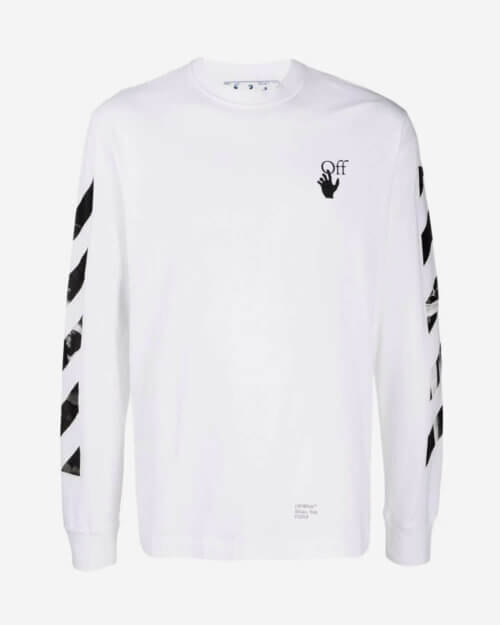
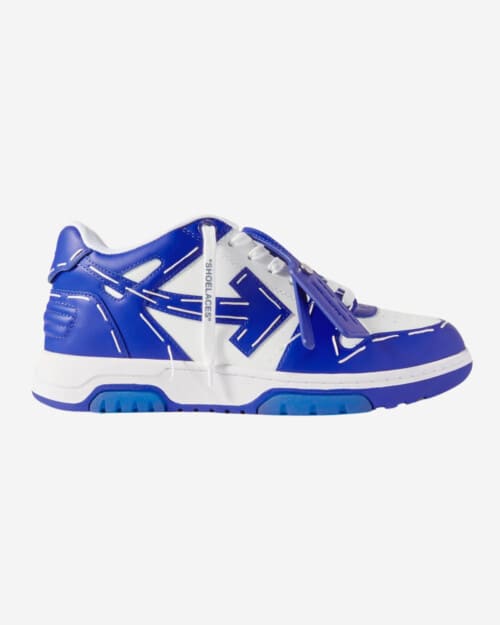
Established by the late visionary designer Virgil Abloh, Off-White changed the fashion game forever, all within a single decade. Starting out in 2012, the label has always produced instantly recognizable, heavily logo-ed garments that make use of the brand’s distinctive arrow emblem, which was actually borrowed from Glasgow Airport’s signage, of all places.
The brand arguably became best known for its chunky sneakers, collaborating extensively with Nike and Jordan on iconic models including the Air Force One, Blazer and Air Jordan as well as Converse All Stars, all of which would sell out instantly and had the sneaker resell market virtually imploding.
However, it was Abloh’s innate ability to tap into the wider cultural zeitgeist that really propelled Off-White. It famously partnered with IKEA on a selection of affordable homeware, from rugs and chairs to glass cabinets and mirrors.
The Hundreds
Launched in 2003, The Hundreds has always been about laid-back, classic Californian street style. Co-founders Bobby Kim and Ben Shenassafar have been vocal about their ethos of putting ‘people over product’, with the two collaborating on a number of initiatives aimed at raising awareness of social issues while simultaneously boosting the wider street culture they’ve contributed towards.
With products spanning T-shirts, hoodies, outerwear, knits and headwear, The Hundreds has always been prolific in its output, having collaborated with huge global names such as Disney and Adidas, amongst others.
Yeezy
Kanye has made plenty of questionable moves in his career, but Yeezy isn’t one of them. The joint collaboration with Adidas is reportedly worth upwards of $4.7 billion, and it’s not difficult to see why. ‘Ye is able to generate a level of hype not previously seen, whether through teasers on his Instagram page or through his high-profile fashion shows.
His designs are always eclectic, with his shoes polarising opinion: people either love them and will do anything they can to get their hands on them, or downright hate them. Much like the man himself then, Yeezy is a brand you either ‘get’ or you don’t.
Fucking Awesome
Founded by pro skater Jason Dill, Fucking Awesome is widely considered one of the greatest New York streetwear labels of all time. Despite hating the term personally, Dill’s brand of eccentric, irreverent humor is widely loved by the skate community, with controversial pieces like Saddam Hussein printed shirts proving to be some of its most popular designs.
FA’s skating roots will always be embedded in the DNA of the brand, and its current roster of pro skaters includes the likes of Anthony Van Engelen, Sean Pablo and Dill himself.
10.Deep
Part of the original wave of 90s skate brands, 10.Deep was spawned in 1995 when founder Scott Sasso began designing clothes for his friends in New York. Inspired by the early hip-hop and graffiti subcultures that were thriving during the decade, the brand is all about independence and breaking away from the norm.
Its name references the strength gained in numbers as well as the power that can be achieved through one’s 10 fingers. Its designs are bold and eclectic, with handprint patterns and vibrant graphics taking center stage across its signature tees, hoodies and cargo shorts.
WTAPS
WTAPS is one of the OGs of the 90s Japanese streetwear movement, which saw the likes of Undercover, Neighborhood and BAPE rise to prominence. However, WTAPS has long taken a more understated approach to clothing.
Drawing inspiration from classic military styles and utilizing a consistently muted color palette, it subtly plays with proportion and silhouette, updating staple pieces like work shirts and parkas with oversized fits and understated branding, differentiating itself from its contemporaries.
It’s not shy of a collaboration either. Partnering with the likes of Supreme, Vans and Stussy has ensured WTAPS continues to be one of the most hyped brands on the planet.
Heron Preston
One of a new wave of creatives, there’s not much Heron Preston hasn’t done. An artist, DJ, creative director, designer and producer, he’s worked with everyone from Kanye to Nike to Virgil Abloh before starting his eponymous label in 2017.
With a sustainable element to his production and a unique aesthetic that draws on the diverse history of street culture, Heron Preston brand is widely loved by streetwear enthusiasts. Expect a dark palette with pops of bright color in the form of prints and patches, as well as technical, often military-inspired design details and contemporary updates on classic Americana.
Alife
With roots in 90s New York skate streetwear, Alife is one of the most beloved brands in the sector. Founded by Arnaud Delecolle, Tony Arcabascio, Tammy Brainard and Rob Cristofaro, the goal was to combine each individual’s unique interests under one umbrella, distilling a distinct NY flavor into easy-to-wear clothes that appealed to anyone, regardless of background.
The result is a collection of simple pieces with strong branding, as well as a raft of high-profile collaborations. Alife has previously partnered with New Balance, Nike, Adidas, Timberland, Lacoste, Dickies, Saucony and many more, cementing its own name in the process.
Thames MMXX
Created by model, skater and designer Blondey McCoy, Thames MMXX was named after the London river he often found himself skating along in his early years. While still young himself, Blondey has seen plenty of success already, having featured in campaigns for Supreme, Burberry and Palace – the latter of which he’s most closely associated with.
He originally dreamt up Thames as part of a GCSE art project, and it finally came to fruition in 2019. Since then it has made waves in the UK streetwear scene, with its unique designs and ongoing collaborations with Adidas further fuelling the hype train.
Neighborhood
Another OG Japanese brand, first established in 1994, Neighborhood is one of the most well-respected streetwear labels of all time. Having heavily contributed to the modern Japanese aesthetic, the brand borrows from all walks of contemporary style, including workwear, militaria, hiking clothing and motorcycle apparel.
The brand has applied its distinct aesthetic to all manner of products, from classic monochrome tees and functional outerwear to camping equipment, chairs and even knives.
If you’re looking to create an all-black wardrobe of relaxed-fitting staples with a streetwear twist, Neighborhood should be your first port of call.
Patta
There’s no denying it, most internationally acclaimed streetwear brands began in either the US or Japan. There’s something about the two countries that fosters a counter-cultural viewpoint that’s essential to streetwear’s core ethos.
However, bucking the trend is Patta, which was founded in Holland. The widely revered Dutch brand was formed in 2004, with founders Edson Sabajo and Guillaume Schmidt originally selling the many exclusive items they collected on their travels. Today it has expanded into a global business, complete with an in-house clothing line, a running team and a new foundation that focuses on educating Holland’s youth.
Polar Skate Co
If you’re after simple, well-executed designs and interesting fabric choices, Polar Skate Co is for you. The Swedish skatewear brand was founded by Pontus Alv with the goal of producing apparel and boards by and for the people who wear them.
Its professional skate team is based in Malmo, with its members regularly contributing to the design of its decks, while its easy-to-wear garments are loved by fans around the world.
The pieces are surprisingly affordable too, and with collaborations with the likes of Converse and Carhartt, Polar Skate Co is a great option for those just getting into streetwear.
Undercover
There’s no doubt Undercover is one of the most iconic streetwear labels ever created. Its roots date back to 1993, when founder Jun Takahashi opened the legendary Nowhere store in Harajuku. Selling his wares there, the brand quickly gained a cult following among the burgeoning Japanese scene.
Monochrome designs taking inspiration from classic military clothing and the British punk movement were the order of the day, and continue to take precedence among Neighborhood’s ever-expanding collections.
Needles
First dreamt up in 1988 by Keizo Shimizu’s Nepenthes parent company – which also runs Engineered Garments – Needles is a major streetwear player. It’s renowned for its unique take on classic American garments, ranging from Ivy League staples like Oxford and flannel shirts to iconic military outerwear and sportswear.
It infuses these designs with exquisite detailing and the highest quality fabrics, with all its products proudly designed and made in Japan.
Jordan
He may not have known it at the time, but the first time Michael Jordan wore his signature Air Jordan 1s on an NBA court he changed the fashion world forever. The varsity red, white and black version was instantly iconic, while a different colorway of the style would later be banned by the NBA, only cementing their appeal.
While it wasn’t the first signature shoe ever created, it was the first time an athlete on Jordan’s scale partnered with a brand, and would set the tone for future tie-ins. ‘Jordans’ would go on to be worn around the world, adopted by rappers and middle-class suburban kids alike, such was their wide-ranging appeal.
They arguably singlehandedly kickstarted the sneaker industry in the 90s and marked the first time people would queue, fight and steal for a pair of kicks. Today, the Jordan brand puts out a wide array of sporting and lifestyle apparel, while regularly reissuing the original Air Jordan models that made its name in the first place.
A-Cold-Wall*
Traditional sportswear, technical design and science fiction come together in London designer Samuel Ross’ futuristic vision of menswear. Its references are broad but they coalesce in A-Cold-Wall*’s distinctive aesthetic.
Like a lot of streetwear labels, it does logo hoodies and printed tees, but more interesting are the brand’s asymmetric jackets, mountaineering-style trousers and technical accessories. A roster of interesting collabs makes the brand a little more accessible, too.
About: Blank
The clue’s in the name with About: Blank. Describing itself as a contemporary minimalist brand, it does ‘blank’ unisex streetwear that’s made to last. It flies in the face of the streetwear’s usual loud-and-proud approach, but it works.
So, no crazy prints or in-your-face logos. In their place, you’ll find generously tailored essentials like wide-legged trousers, cropped jackets and hoodies. The palette is muted too with earthy sage and browns complementing the usual black and white.
AMIRI
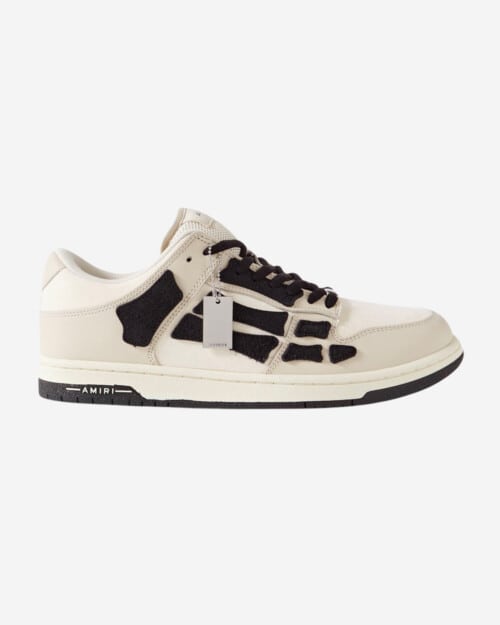
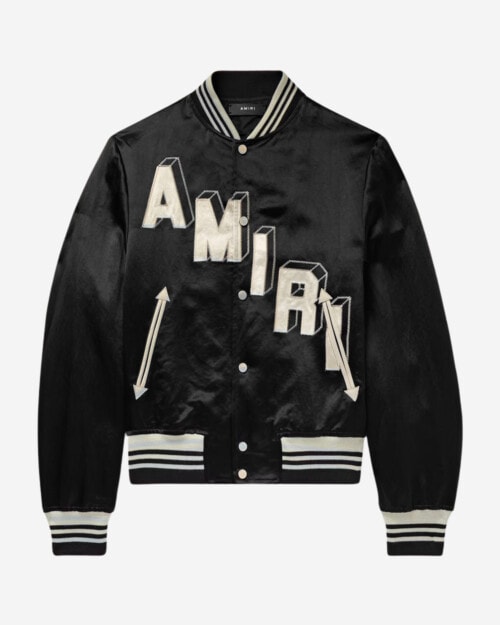
Inspired by the rock ‘n’ roll culture of California, where its founder grew up, AMIRI’s take on streetwear is part Guns n Roses, part LA sleaze. There’s ripped denim, leather varsity jackets and satin bombers, alongside staples like chunky hoodies and printed tees. That LA vibe also gets a look in with basketball shorts and vests.
It’s one of those labels where the individual pieces look quite diverse and eclectic but they come together to evoke a time and place like few others can boast.
Balenciaga
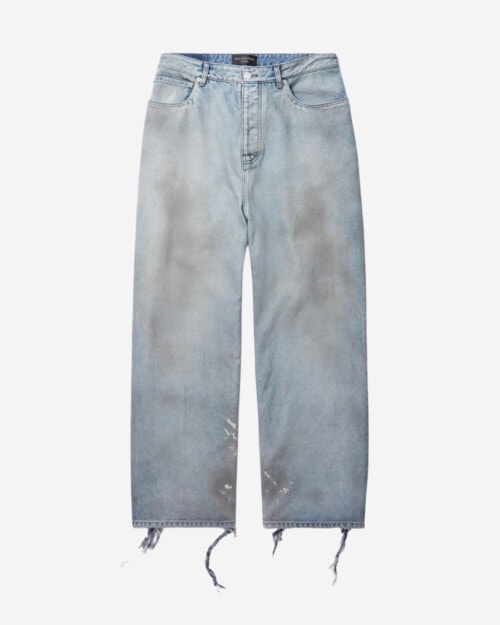
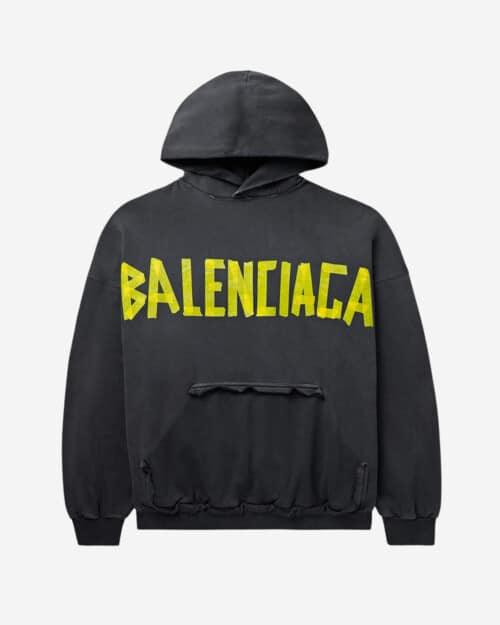
Most of the best streetwear brands come from the streets and if they make it to the luxury level it’s because they’ve risen to that status. Balenciaga is a little different. More than a century old and owned by the Kering Group, it embraced streetwear (or streetwear embraced it) – especially after 2015, when cult designer Demna Gvasalia took the helm.
His collections have been postmodern and hipster-baiting, occasionally controversial, but also iconic and influential. Traditional dimensions and proportions are binned in favor of baggier and more angular silhouettes, while Balenciaga’s tailoring excellence shines through, even on its hoodies.
Fear of God
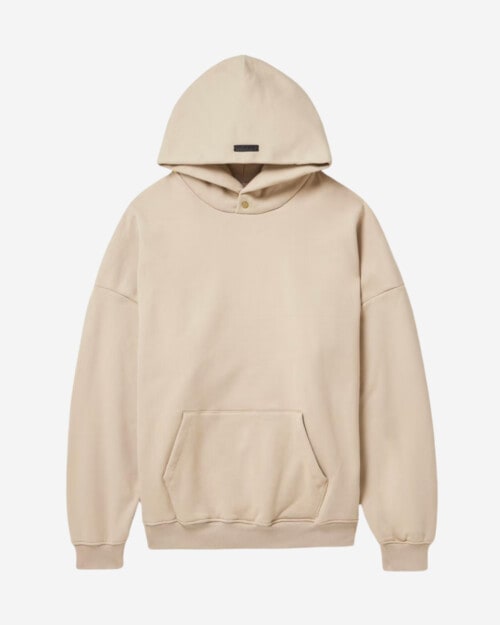
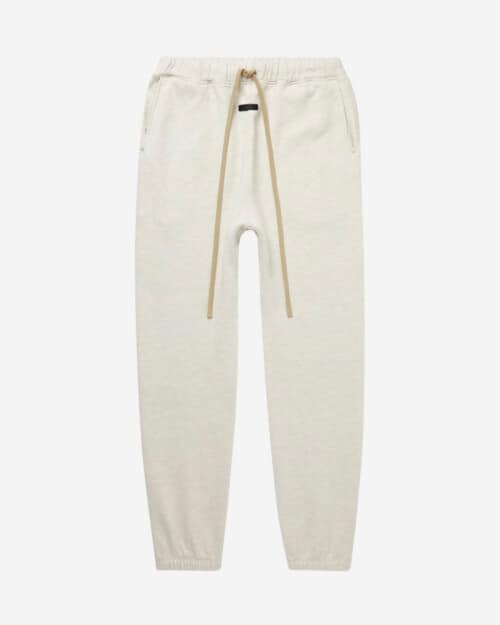
Designer Jerry Lorenzo takes a laid-back approach to both streetwear and luxury with a label that exudes slouchy sophistication. With a combination of athleisure and tailoring, Fear of God makes a case for lo-fi style with collections that usually eschew logos and bold designs for minimalism.
The palette is muted and tonal, the silhouettes sporty and comfortable with plenty of sweats and hoodies. ‘Effortless’ is a word that gets thrown around too much in menswear but it describes the Fear of God aesthetic perfectly.
Kapital
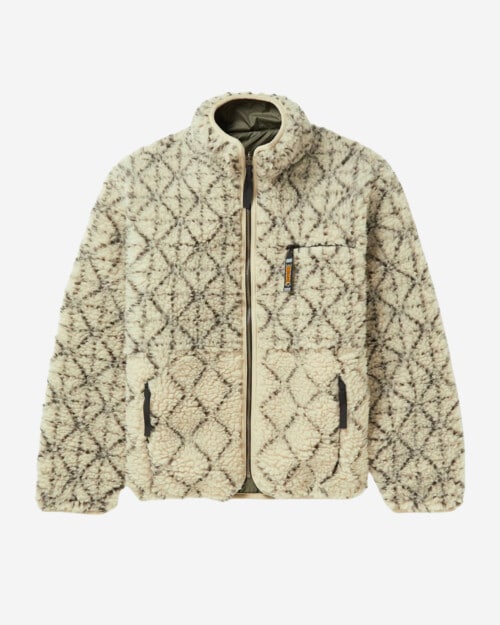
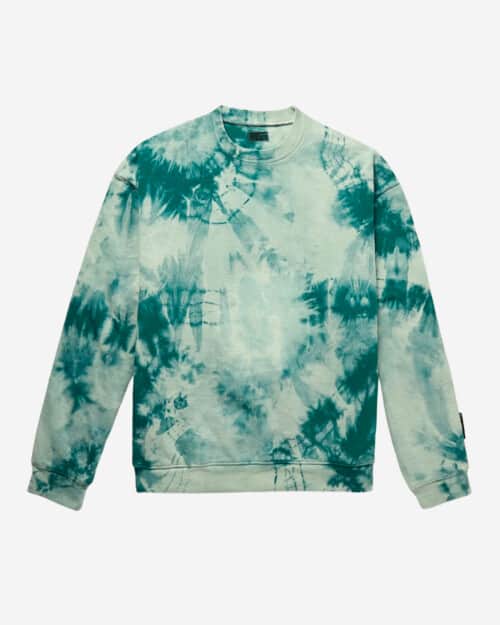
Lots of Japanese streetwear brands have been inspired by mid-century American fashion. There’s even a word for it – Ametora, meaning ‘American traditional’. But while a lot of Japanese labels borrow and even perfect the Ivy League look, Kapital goes for earthier inspiration.
Workwear is the major reference but it’s adapted through a colorful, hippie lens, with garments produced using dyeing and manufacturing processes that have been perfected over decades. There’s also a handcrafted vibe, with lots of embroidered layers and accessories, and patched denim.
Thisisneverthat
Cult Korean brand Thisisneverthat is making waves for bringing the country’s burgeoning streetwear culture to the rest of the world. Popular among the K-pop and Korean art scenes, the aesthetic is quite clean – the label usually favors crisp typography over bold prints and patterns.
There’s a late-90s and noughties mood in its simply cut tees and hoodies. For something louder, check out its colorful knits or popular Converse crossovers.
Vetements
Founded by Demna Gvasalia and his brother Guram, Vetements set out to create a different kind of high fashion, one inspired by streetwear and street culture. Its collections feature lots of camo, graffiti art, sarcastic slogans and bold prints. If you’re looking for couture-level flame-print sweatpants, Vetements is the place to go.
Demna left the label in 2019 but the collective remains true to the cause, producing statement tees, hoodies, jackets and jewelry.
Wacko Maria
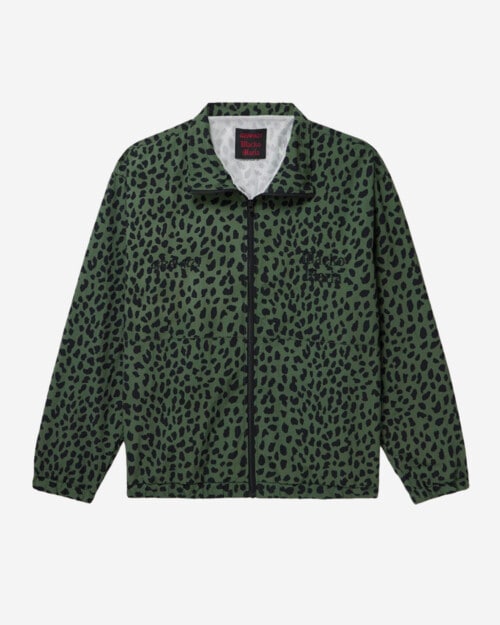
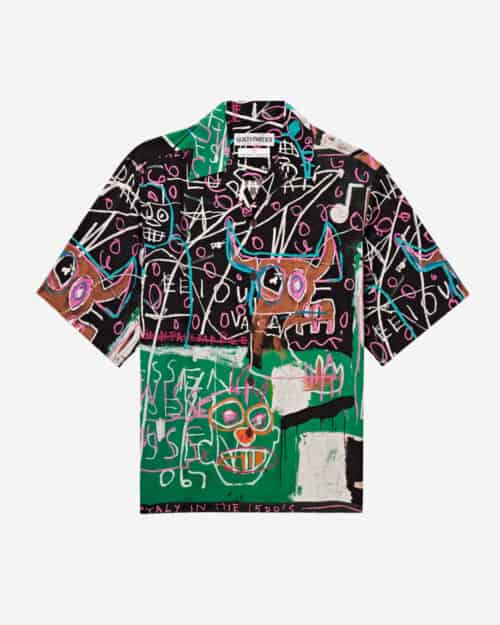
There’s statement streetwear and then there’s Wacko Maria, the Japanese label that lives by its bold and colourful designs. Inspired by film, music and culture in general, its shirts come emblazoned with leopard print, tattoo art, film posters or photography.
Interesting collaborations abound, with the label working with artists and musicians of all kinds. Recently, it produced capsule collections with the estates of both Tupac and Jean-Michell Basquiat.
Y-3
Yohji Yamamoto’s 20-year collaboration with Adidas is showing no signs of age as it brings its functional and futuristic techwear to men’s style. Combining traditional sportswear with sci-fi and traditional Japanese aesthetics, the label is also a hotbed for innovative fabrics and construction.
The distinctive (usually black) style can be seen in longline parkas, wide-legged track pants and quilted vests that look like they come from a galaxy far, far away.
Golf Le Fleur
The intersection of streetwear and dorky, preppy Americana is not a new thing, but few people have as much fun with it as Tyler The Creator. The musician-turned-designer created a hype label out of his own distinctive look. Unlike his other brand Golf Wang, which is more traditional skate-inspired streetwear (albeit very colorful), Golf le Fleur is more preppy and more luxury.
Think mid-century tennis club, with knitted polos, warm woolen varsity jackets, sweater vests and cardigans – all crafted in a pastel palette that looks straight out of The Truman Show.
HUF
One of the best-loved and most authentic skatewear brands on Earth, HUF was created by one of the scene’s own. Pro skater Keith Hufnagel established not just the label but his own skating team, and the two grew together.
These days, you don’t have to know your way around a halfpipe to enjoy the clothing. It’s a nonchalant vibe: classic, slouchy skate silhouettes with plenty of marijuana prints and pop culture references. It’s also a vast collection, so you’re practically guaranteed to find something you like.
Pop Trading Company
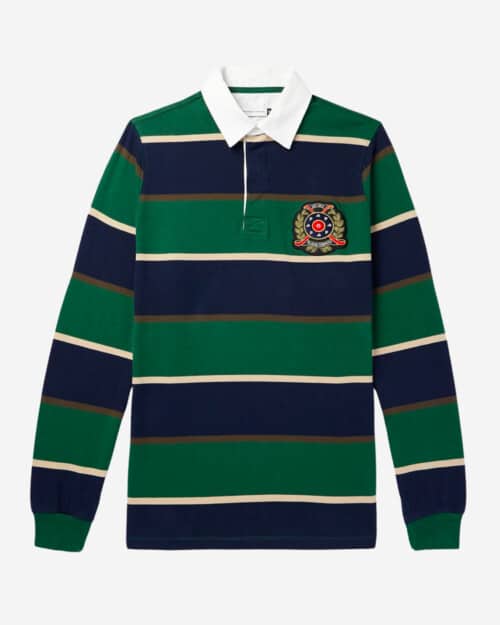
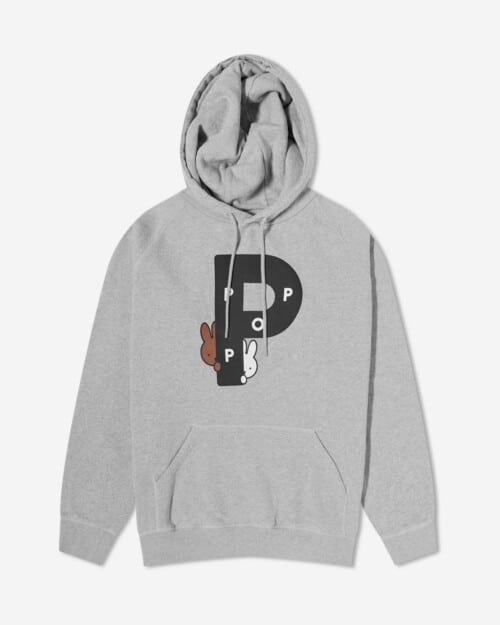
Another skatewear label that’s crossed into mainstream menswear, Pop Trading Company is an Amsterdam brand founded by local skaters. By streetwear standards, its look is fairly muted with preppy touches like rugby shirts and cardigans found among the printed tees and sweats.
Like all the best skatewear brands, its references are broad. You’ll find collabs with everyone from Paul Smith to Miffy the cartoon rabbit. A good thing in our book.
Palm Angels
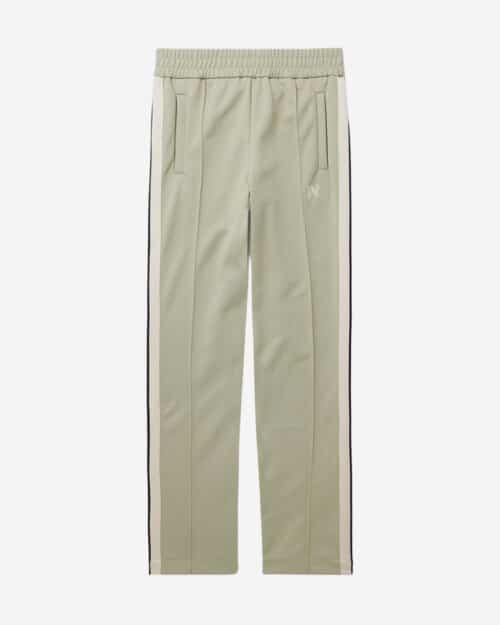
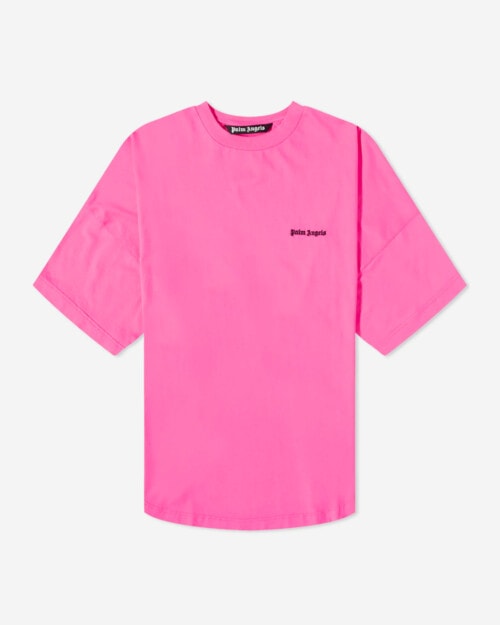
Except for the fact that it’s Italian, Palm Angels is one of the most thoroughly LA brands out there. Bridging the divide between streetwear and high fashion, it brings glamour and sleaze to traditional sportswear and skatewear. Think tailored track pants, bleached-out denim or hot pink oversized tees.
With its distinctive gothic branding, graffiti references and regular high-end collabs, it’s catnip for stylish celebrities and Instagram posers like us.
Human Made
Designer Nigo is undisputed streetwear royalty, having founded A Bathing Ape, launched Billionaire Boys Club with Pharrell and served as creative director at Kenzo. But Human Made is arguably his most personal project. Every piece the label produces is inspired in some way by something in Nigo’s own closet.
As such, the collection is eclectic and nostalgic about the history of streetwear, mixing simple graphic tees and logo hoodies with vintage-inspired staples, beachwear, jewelry and hiking layers.
